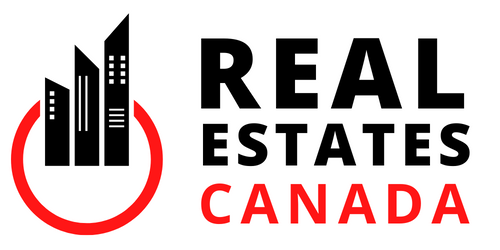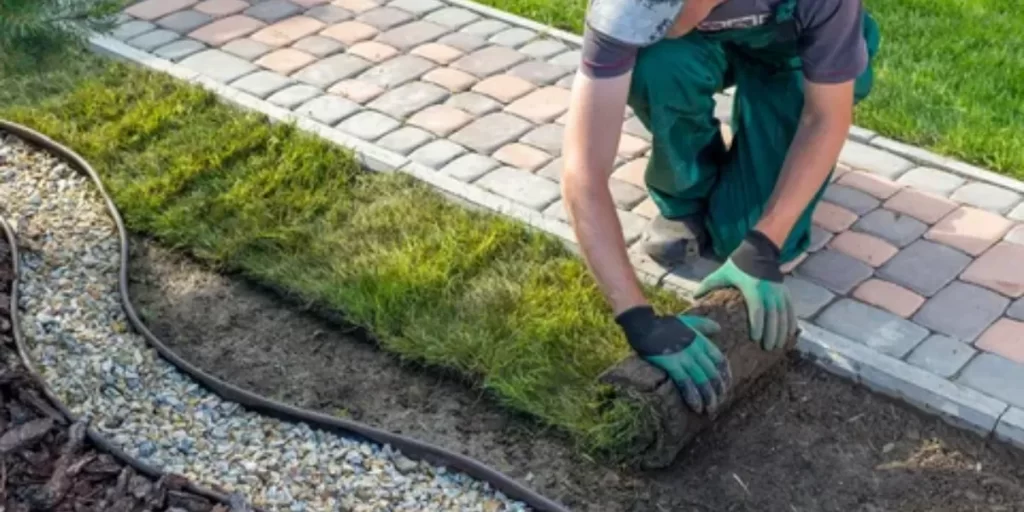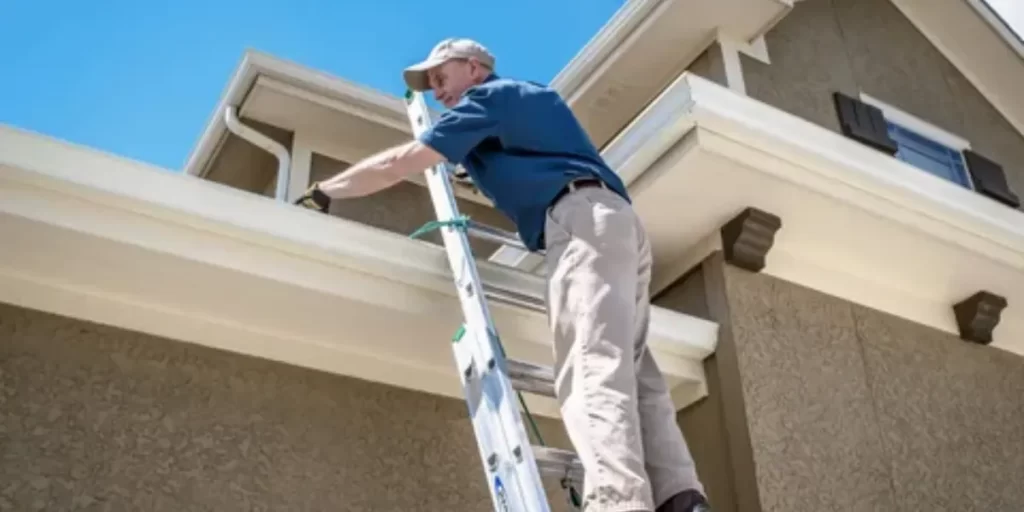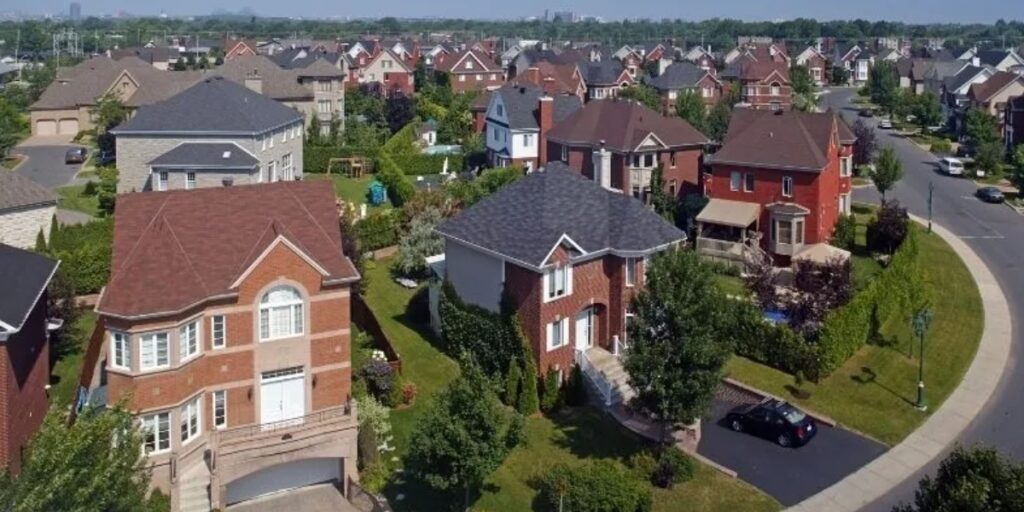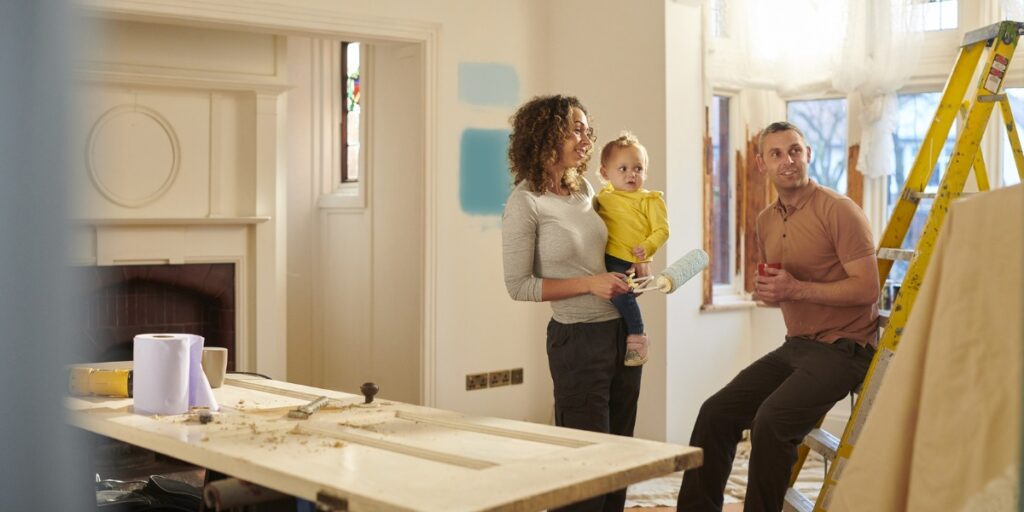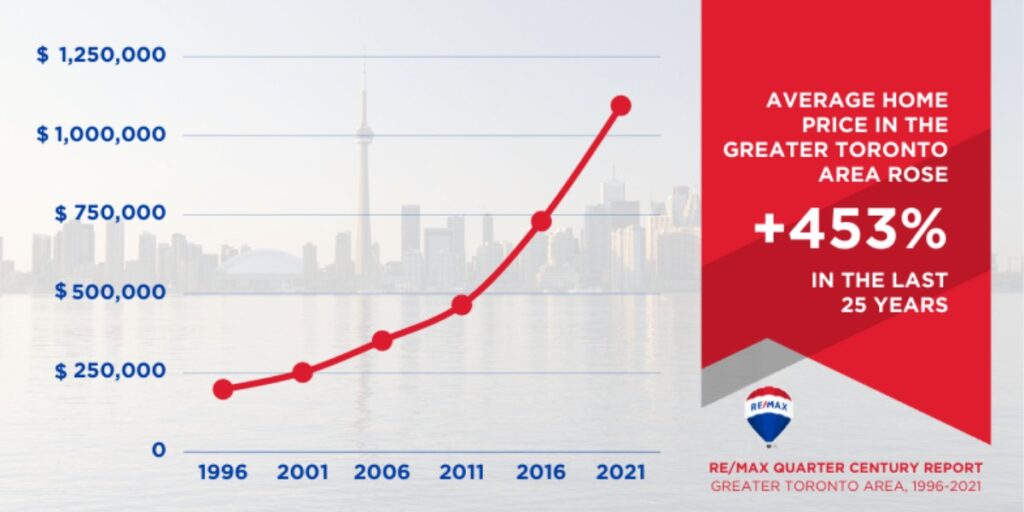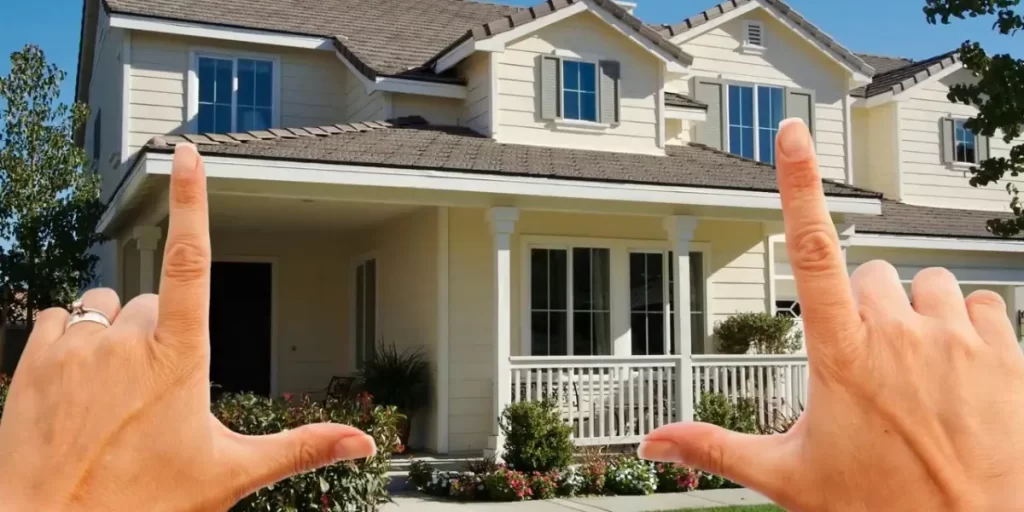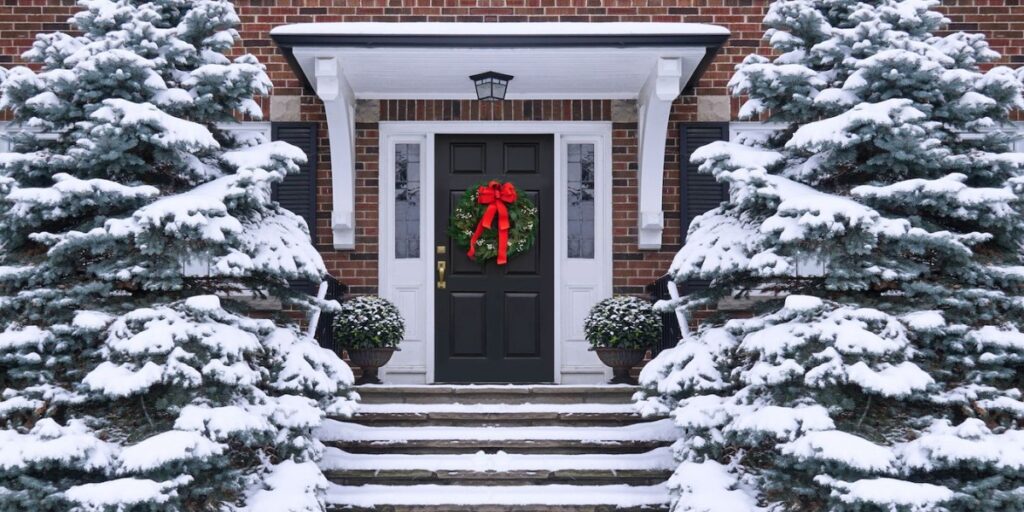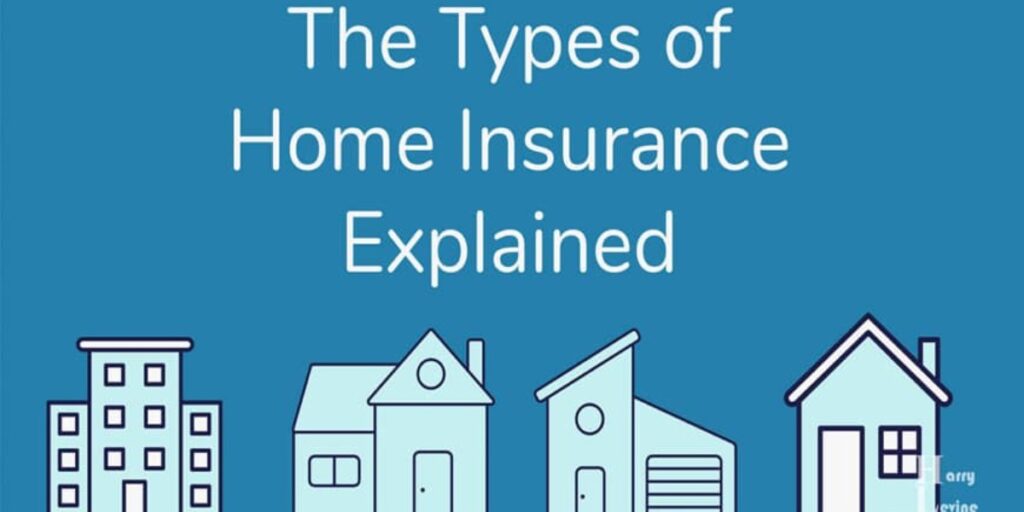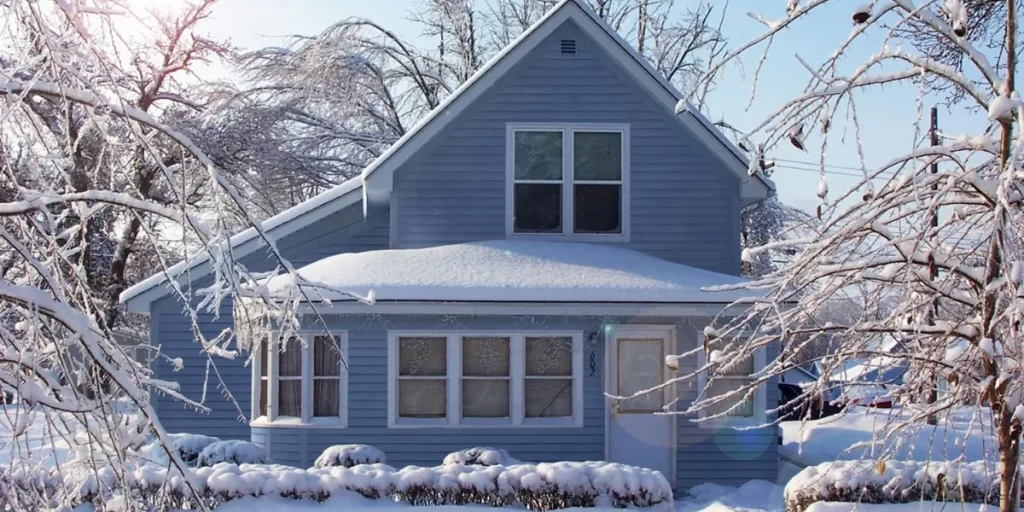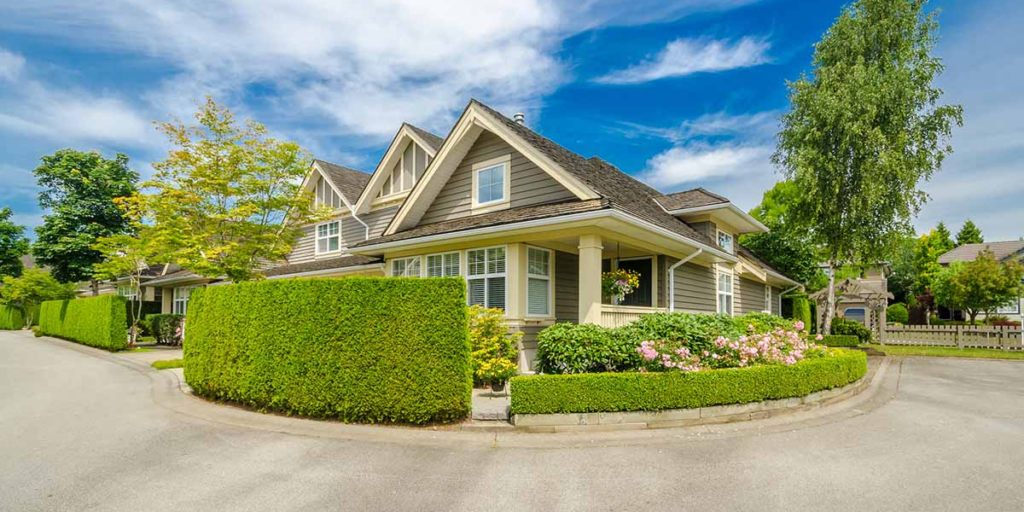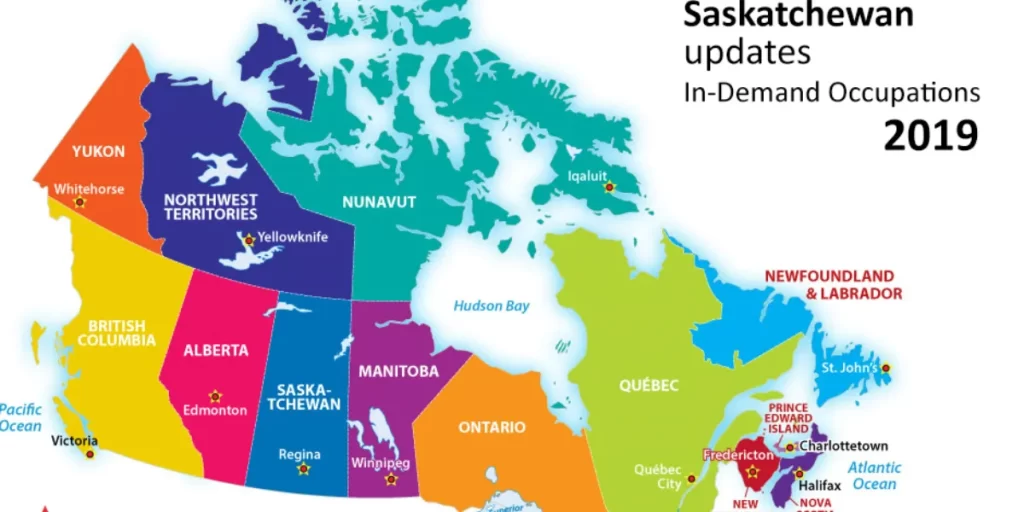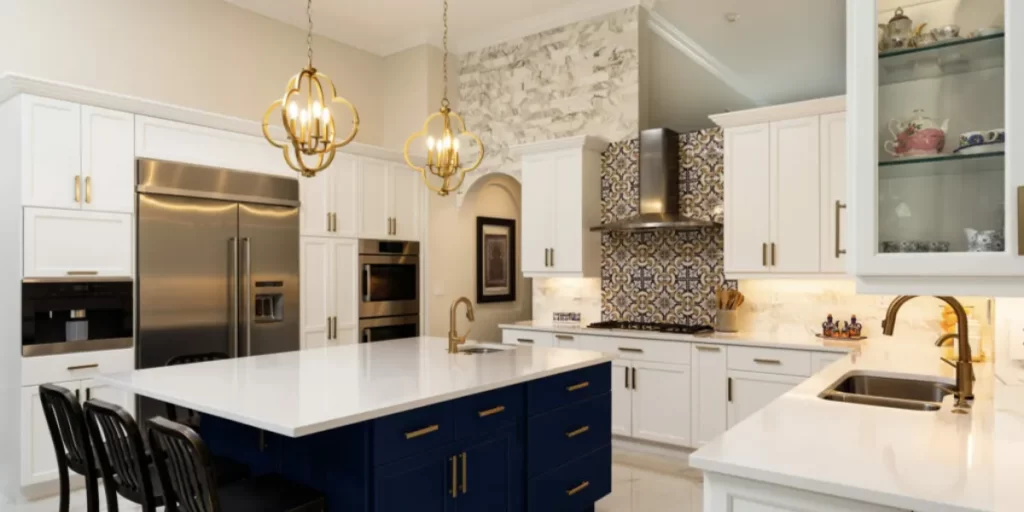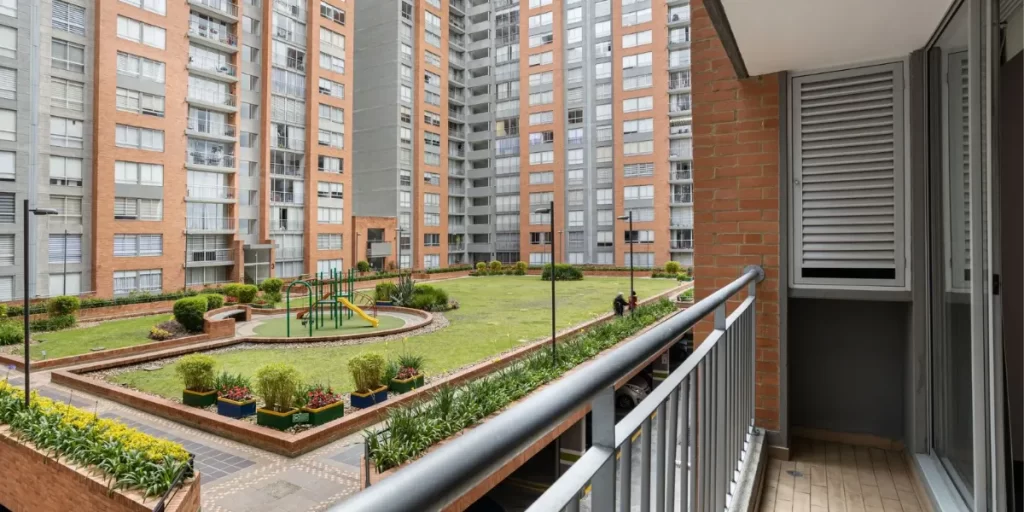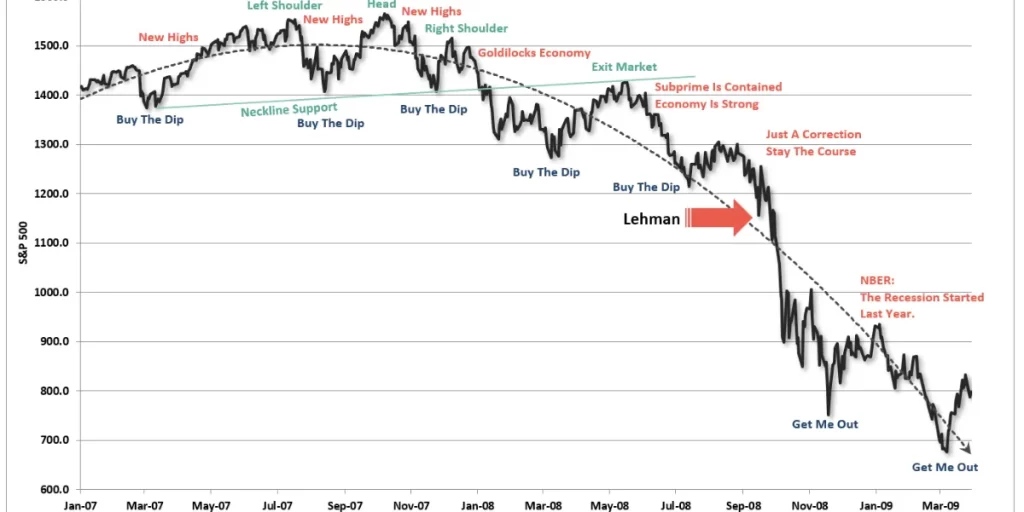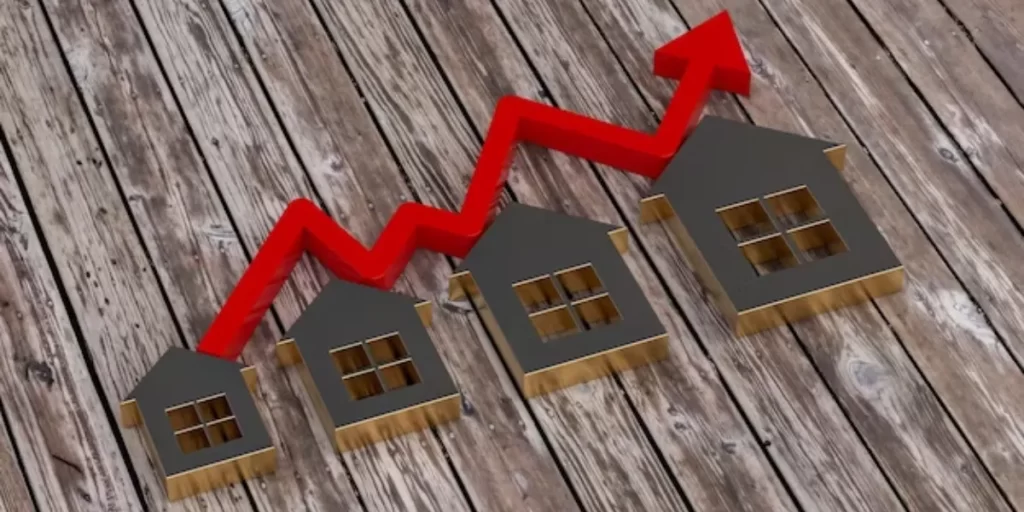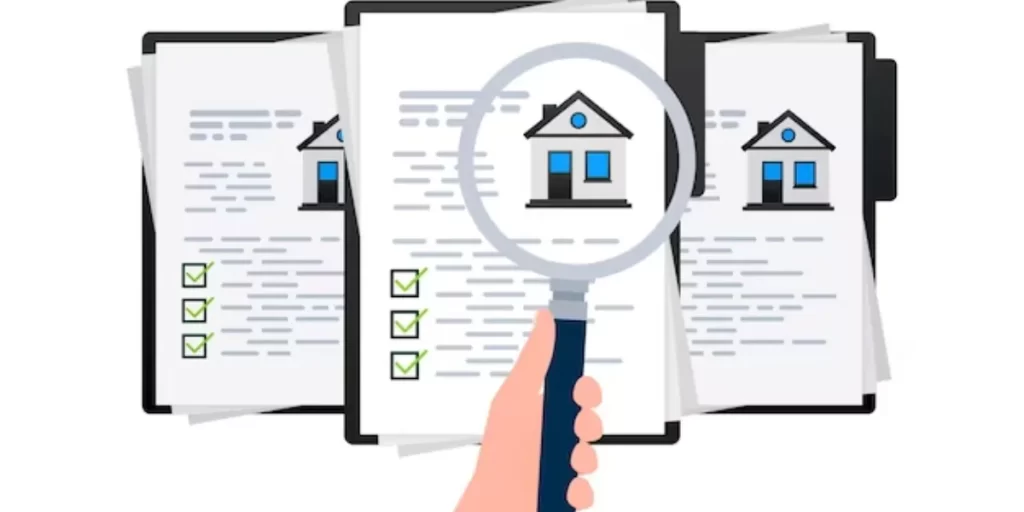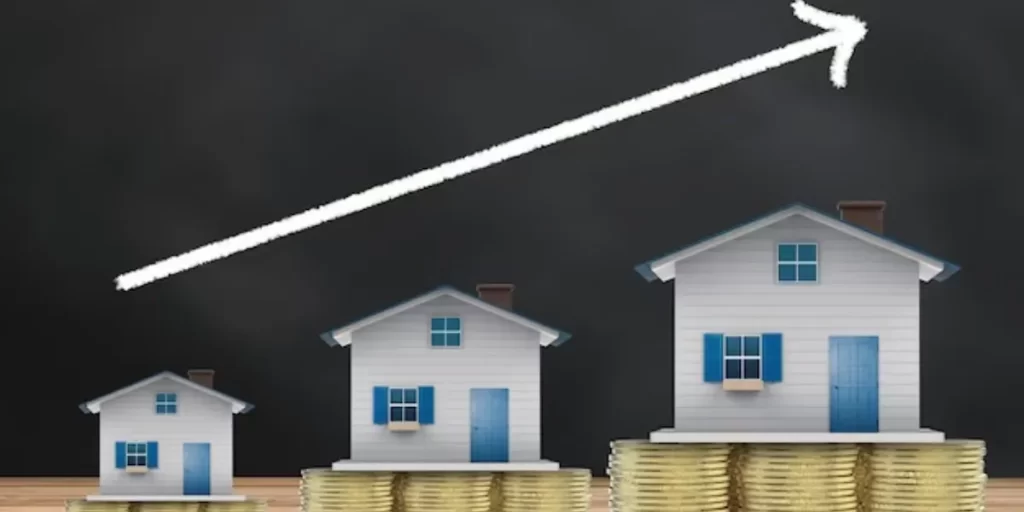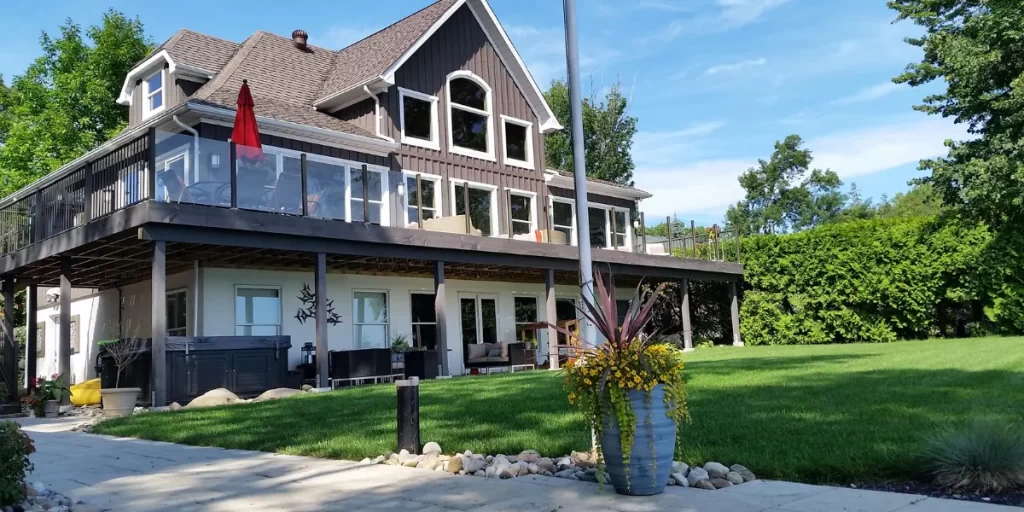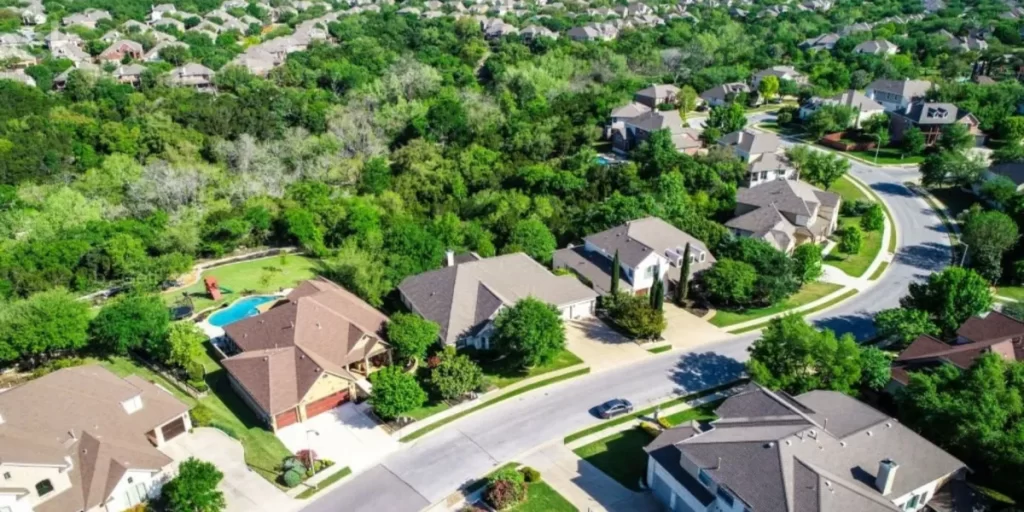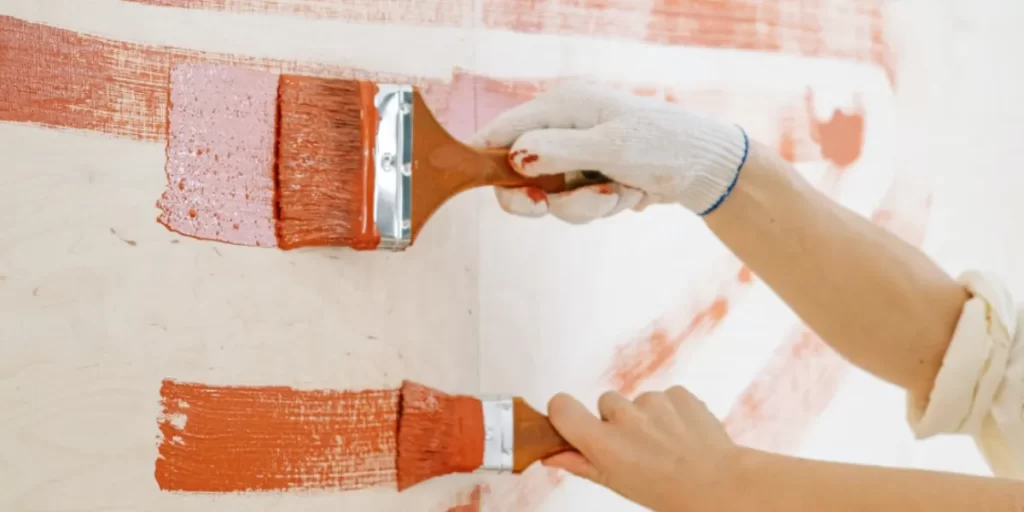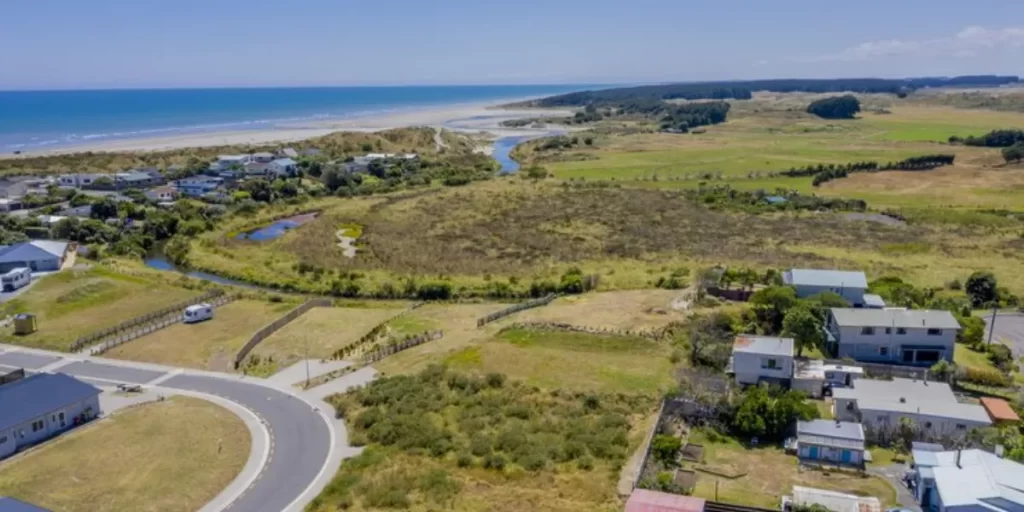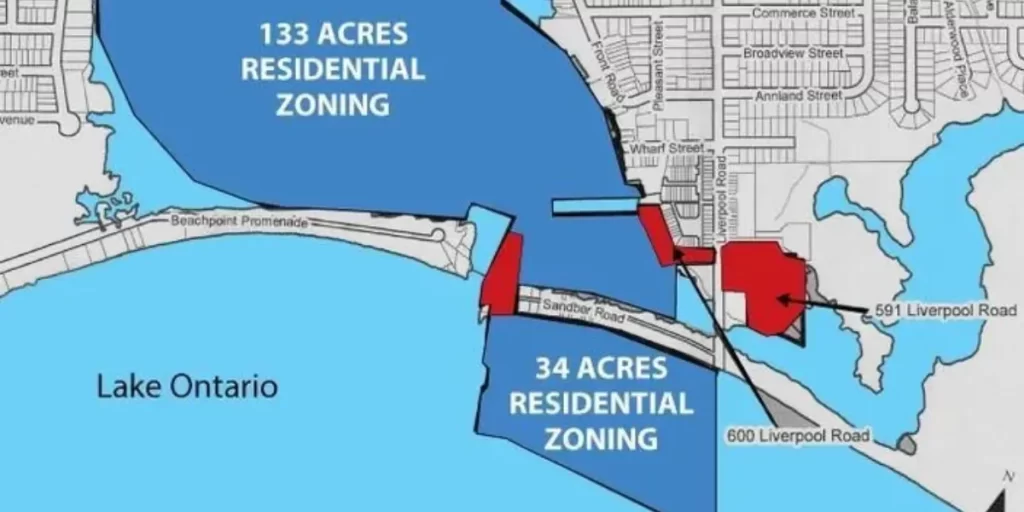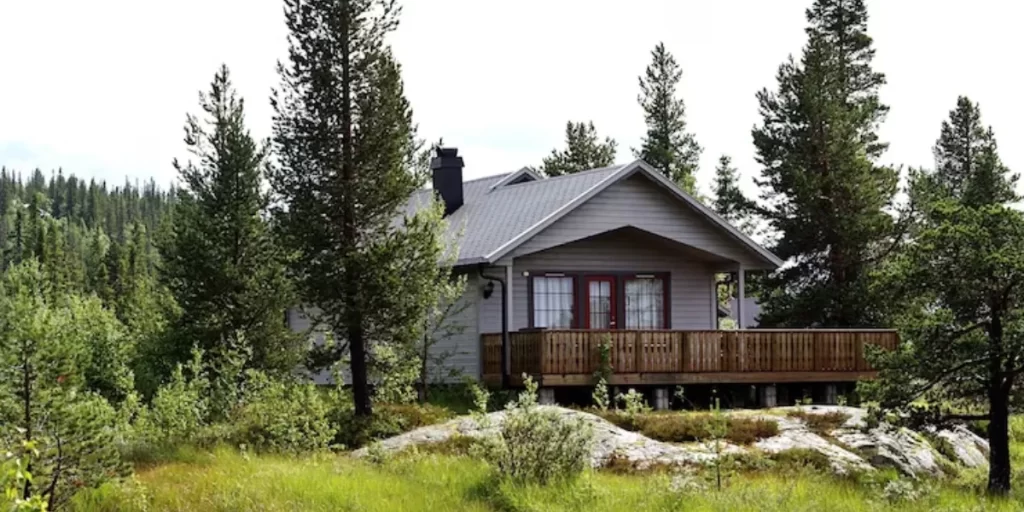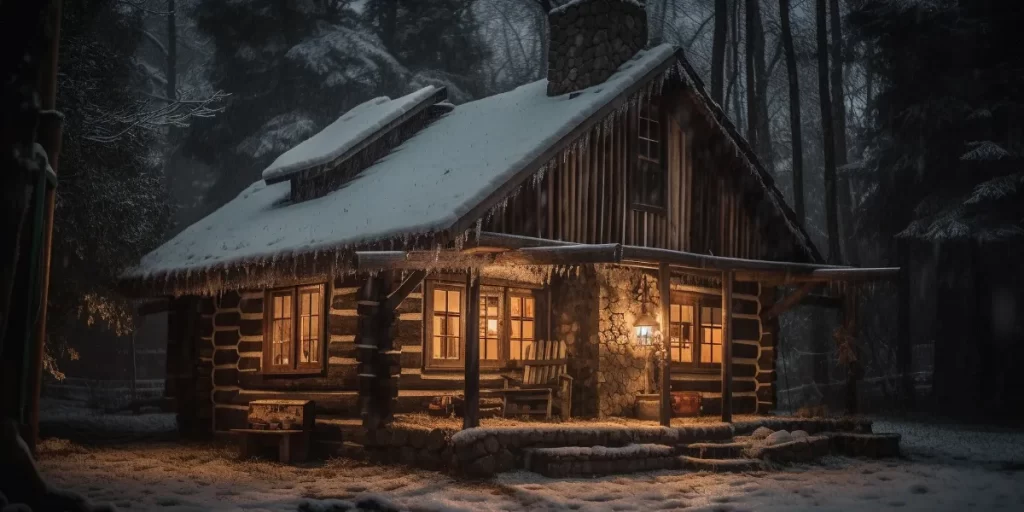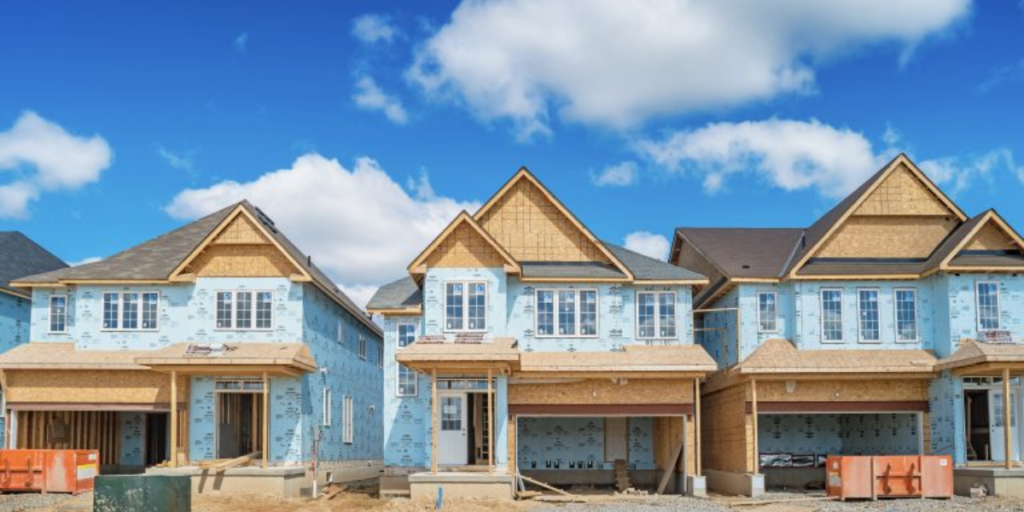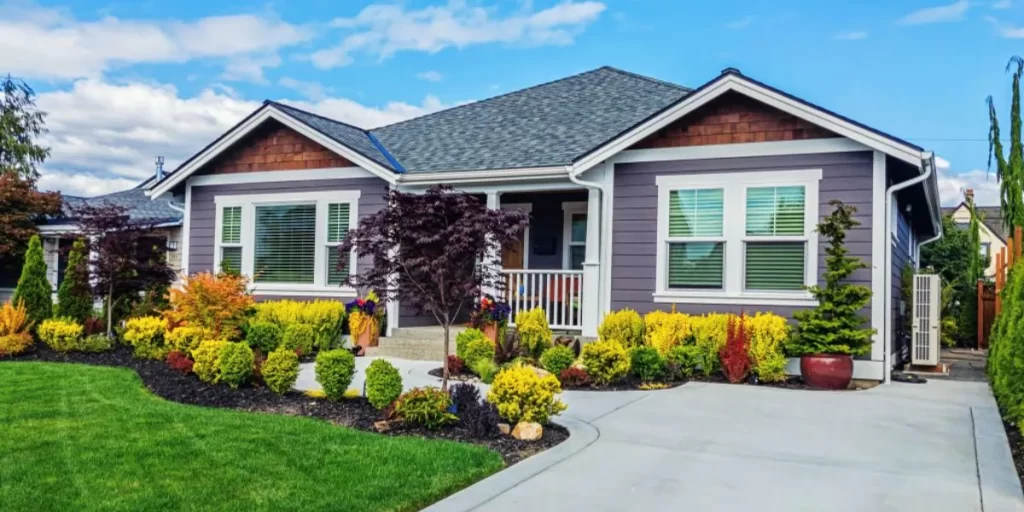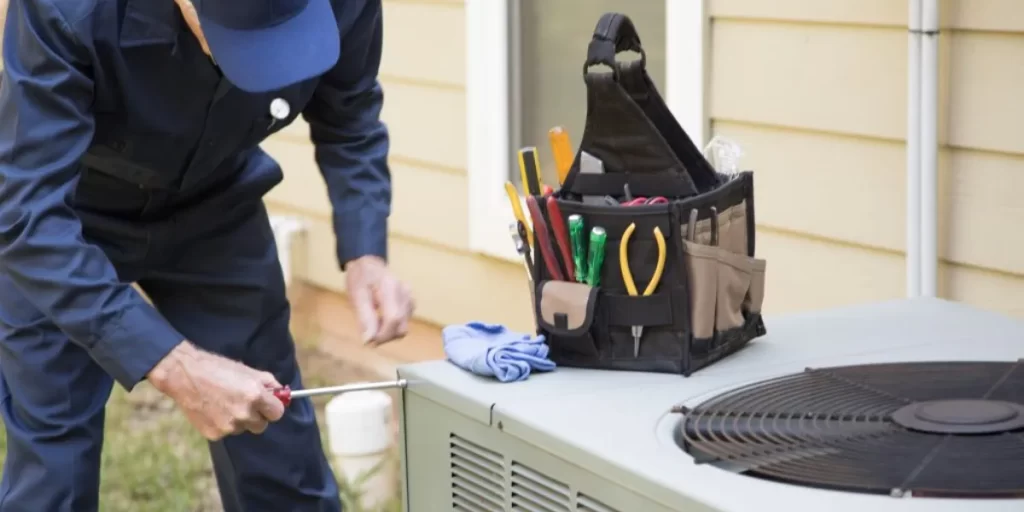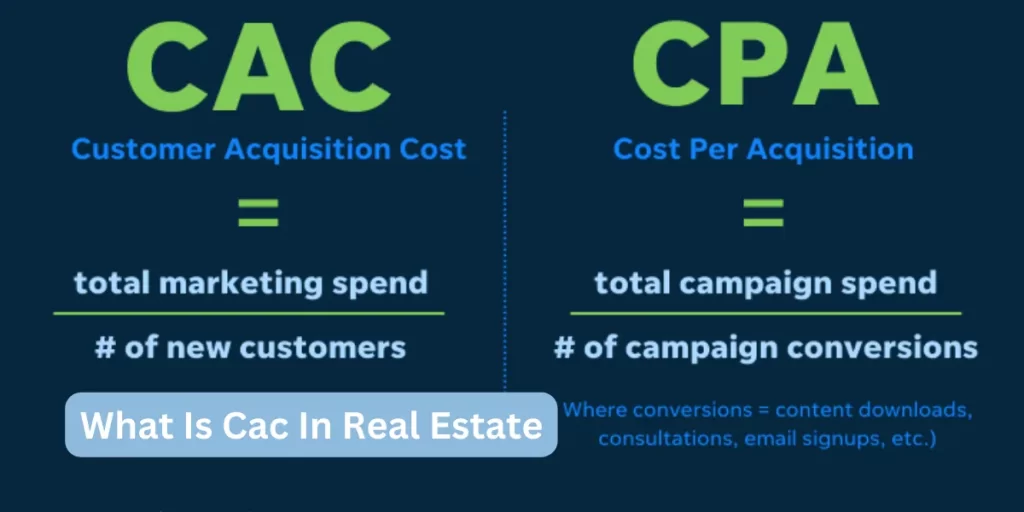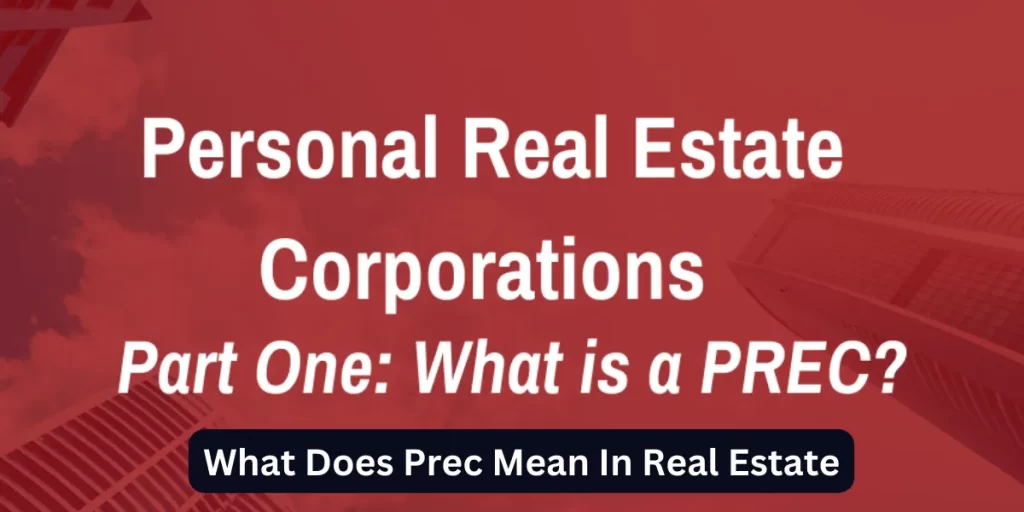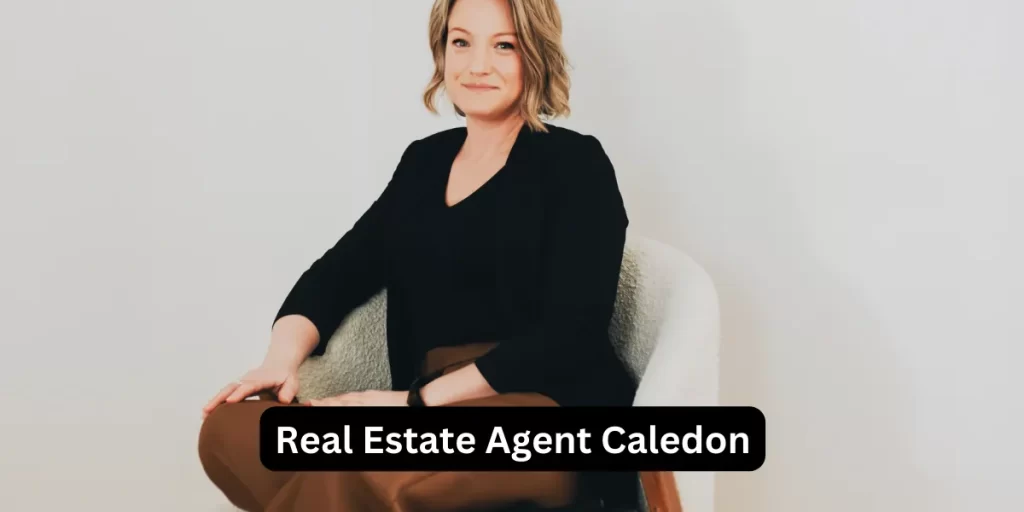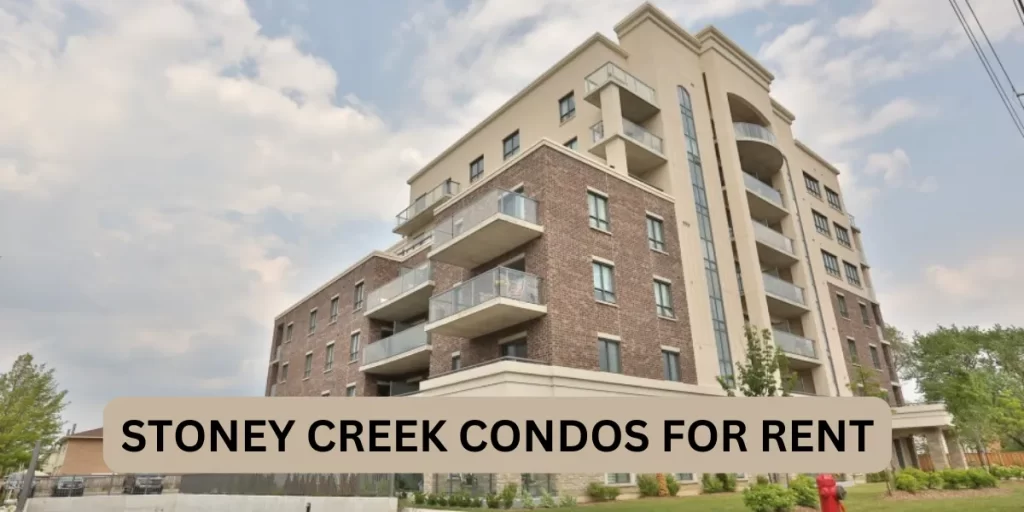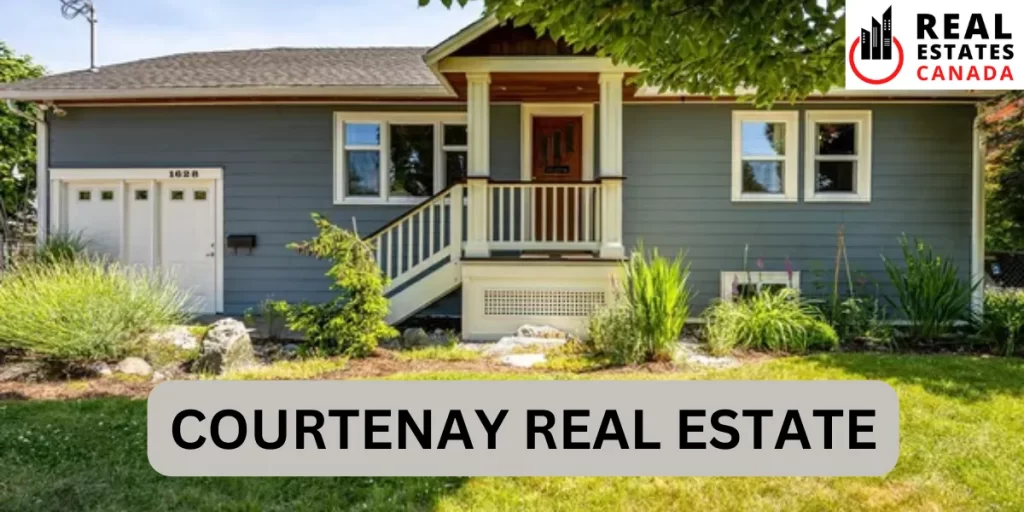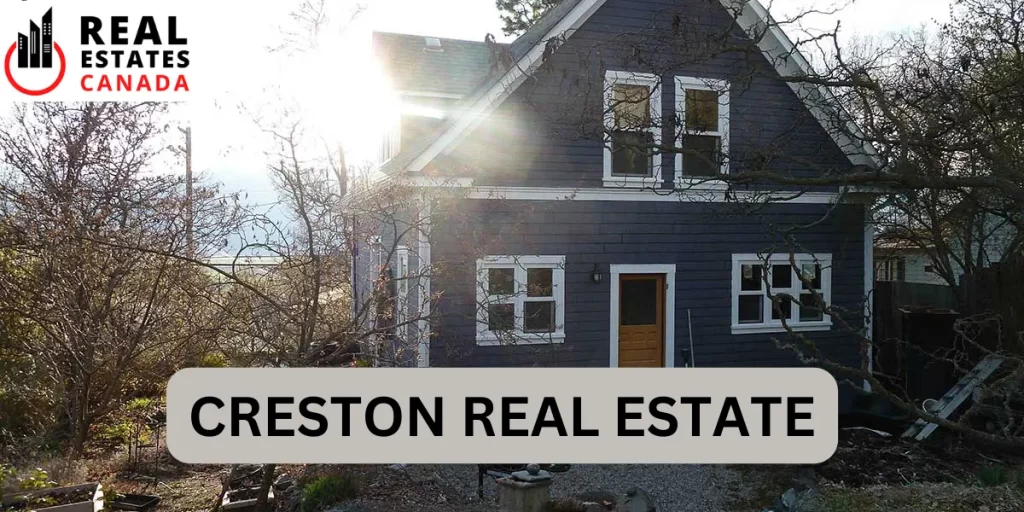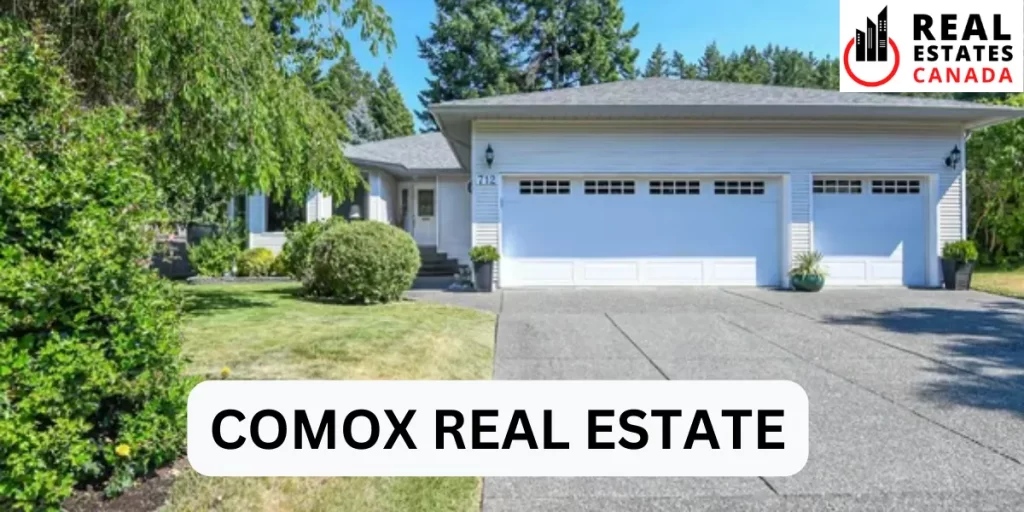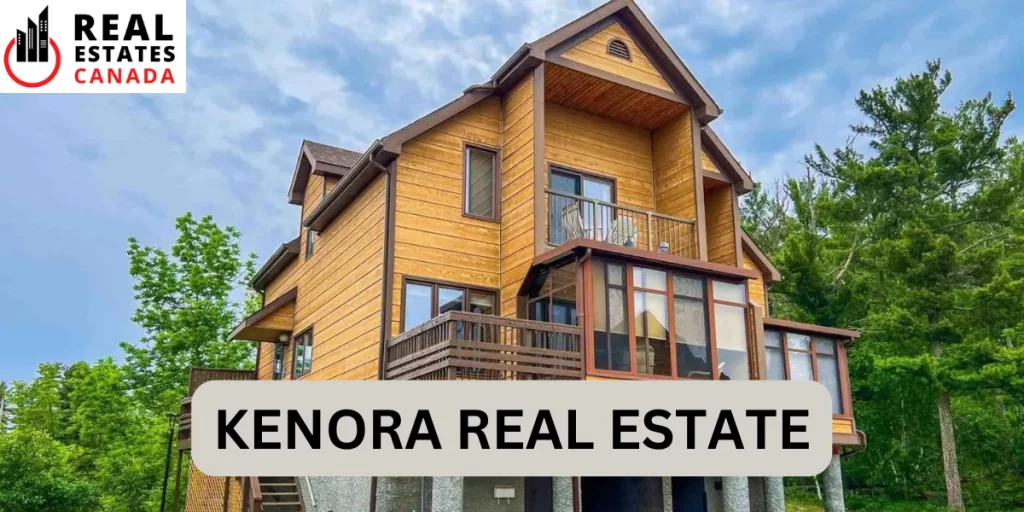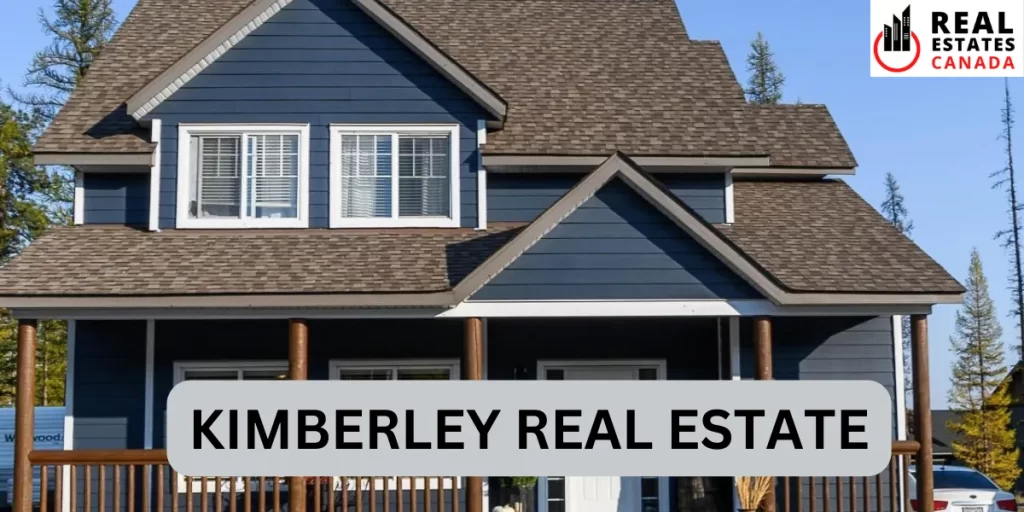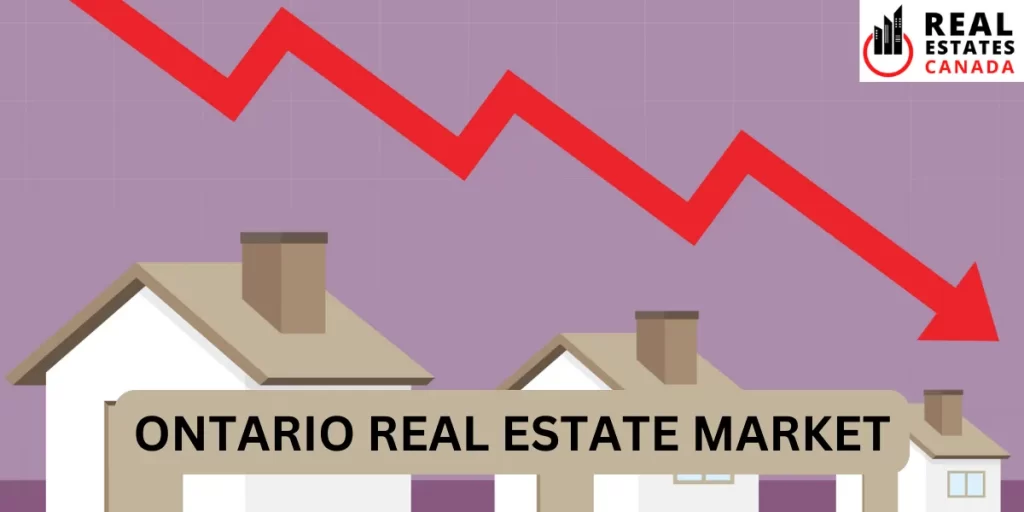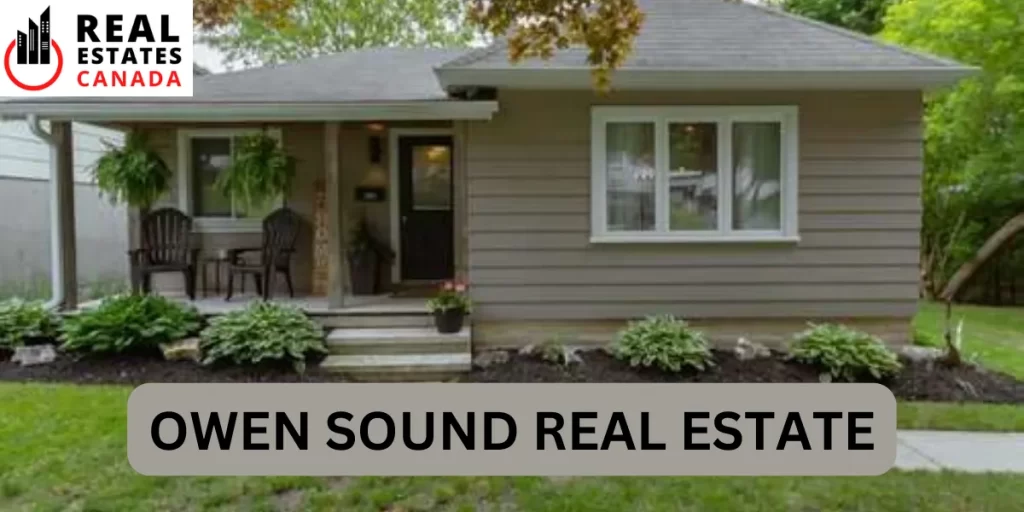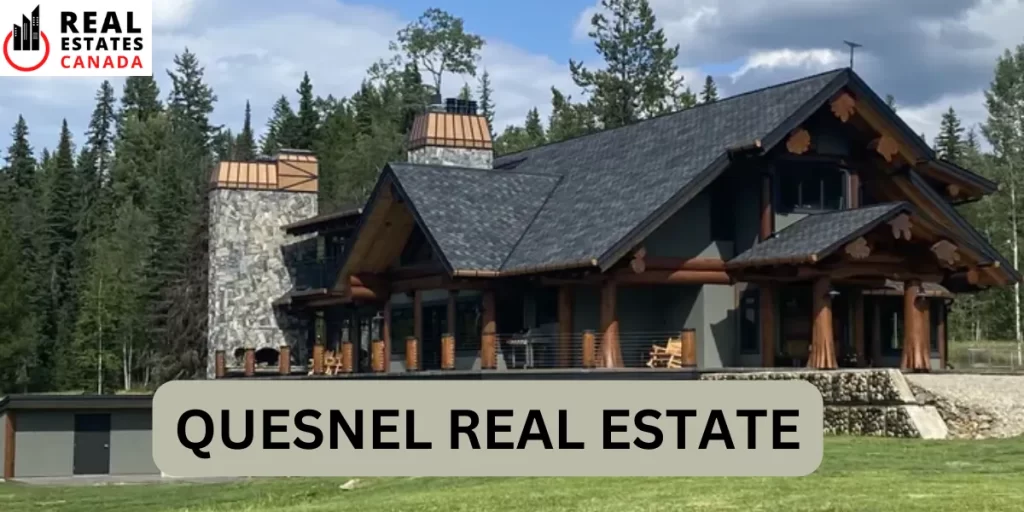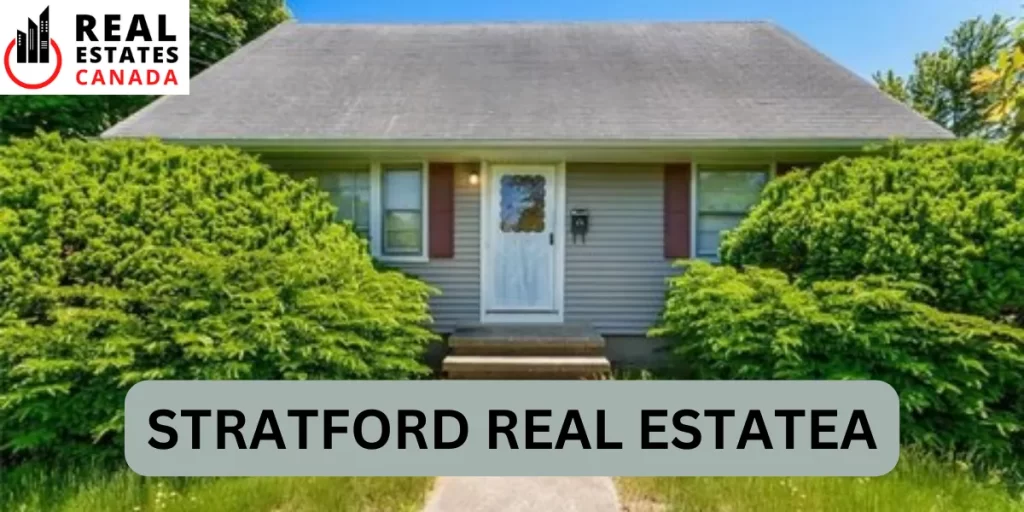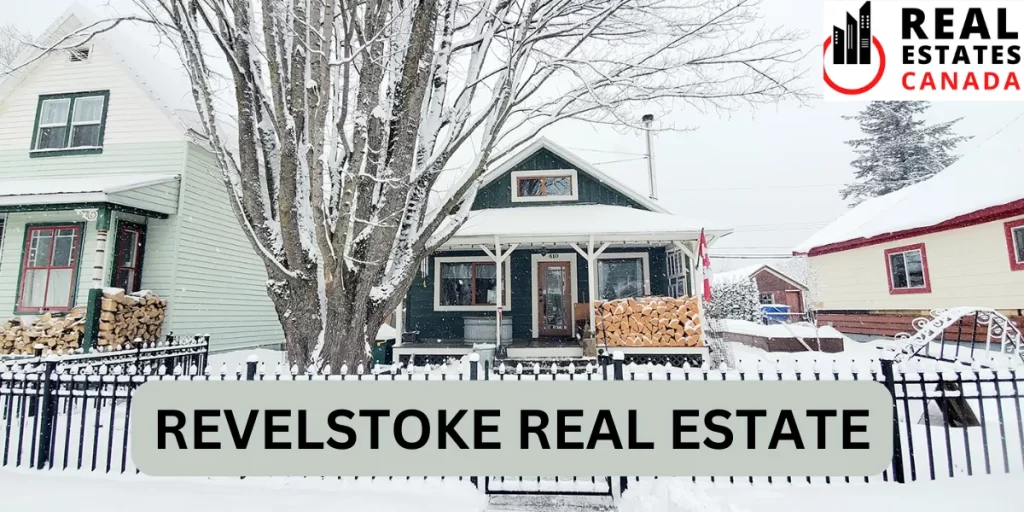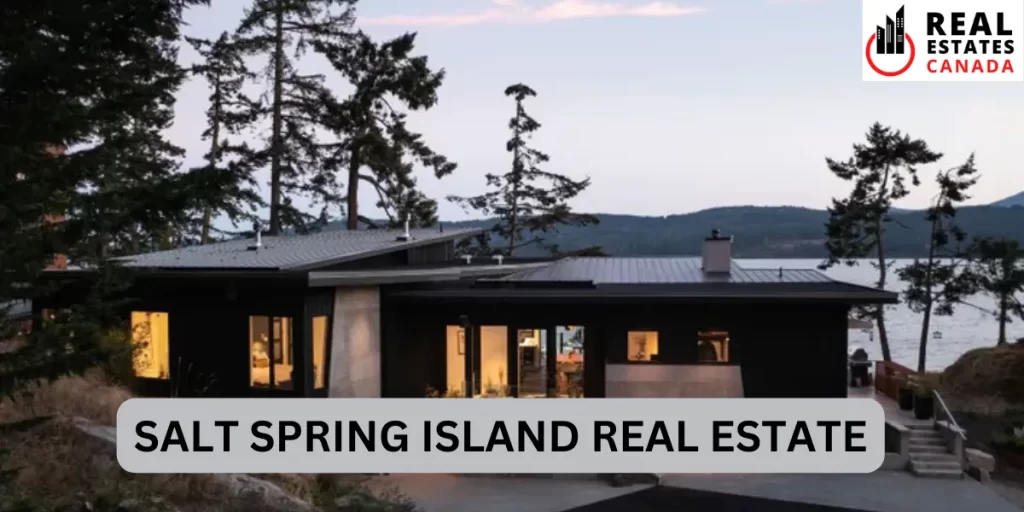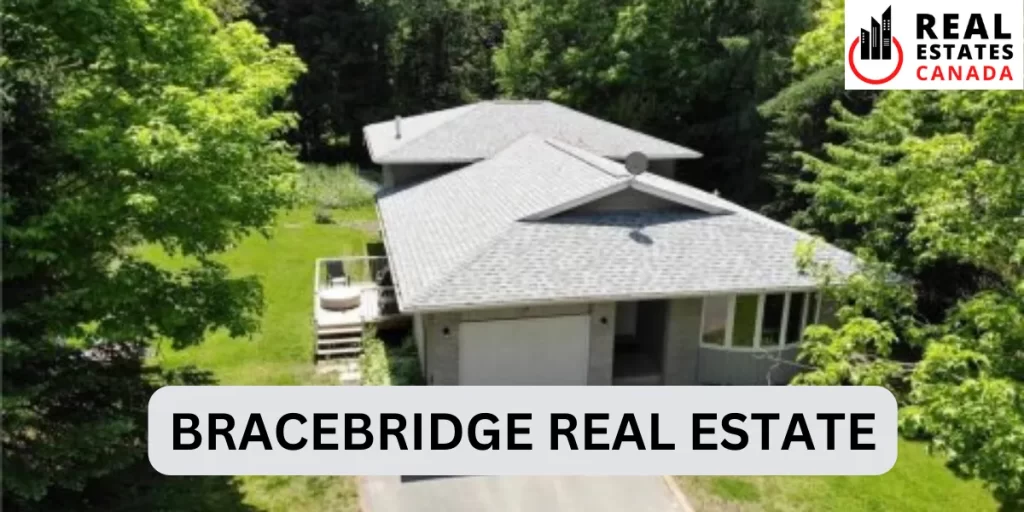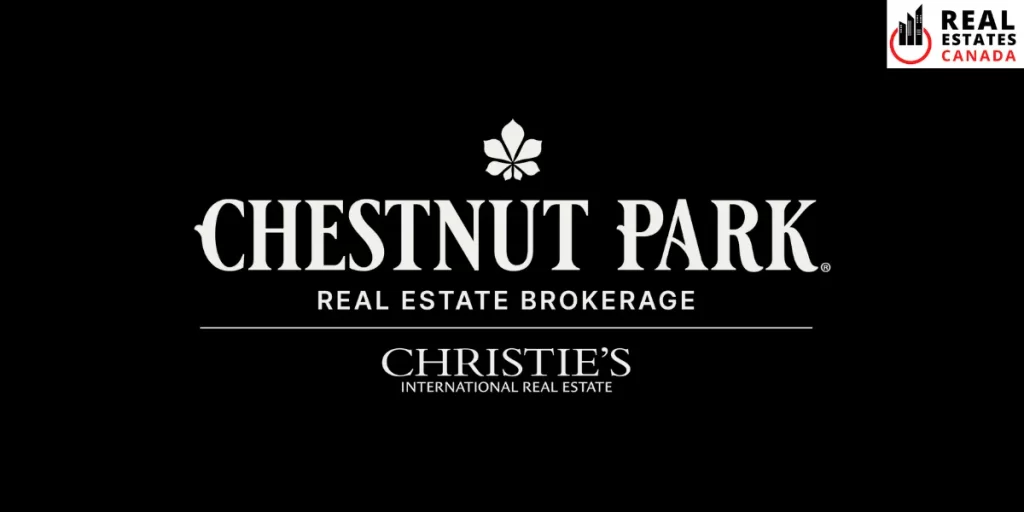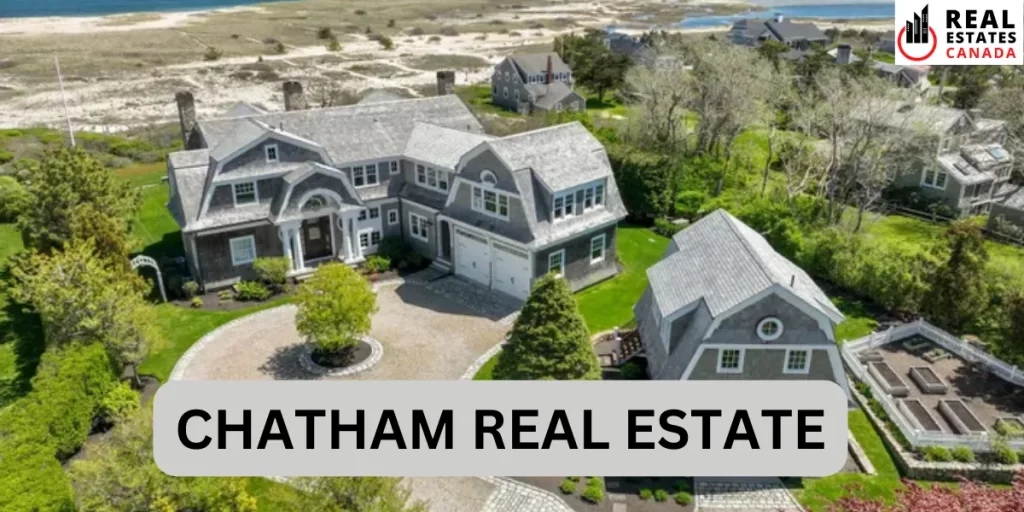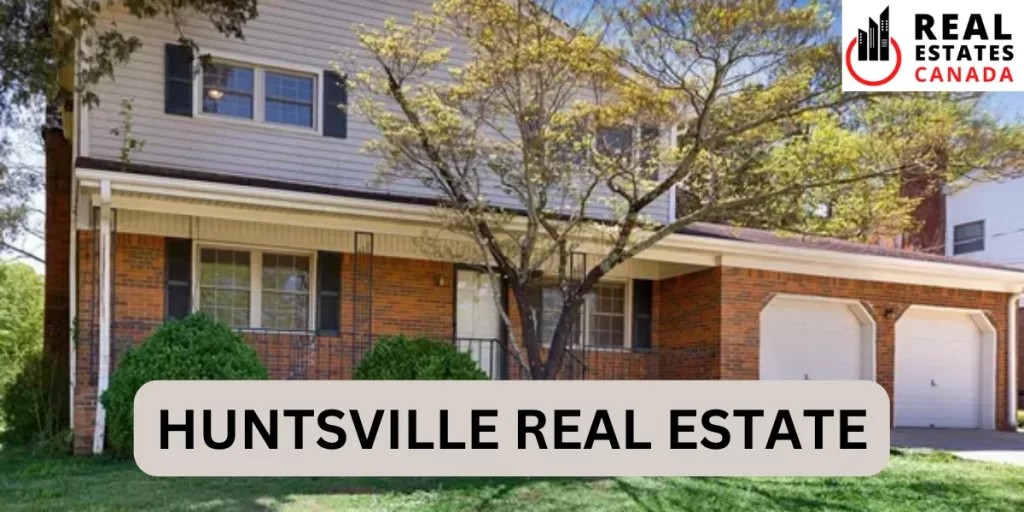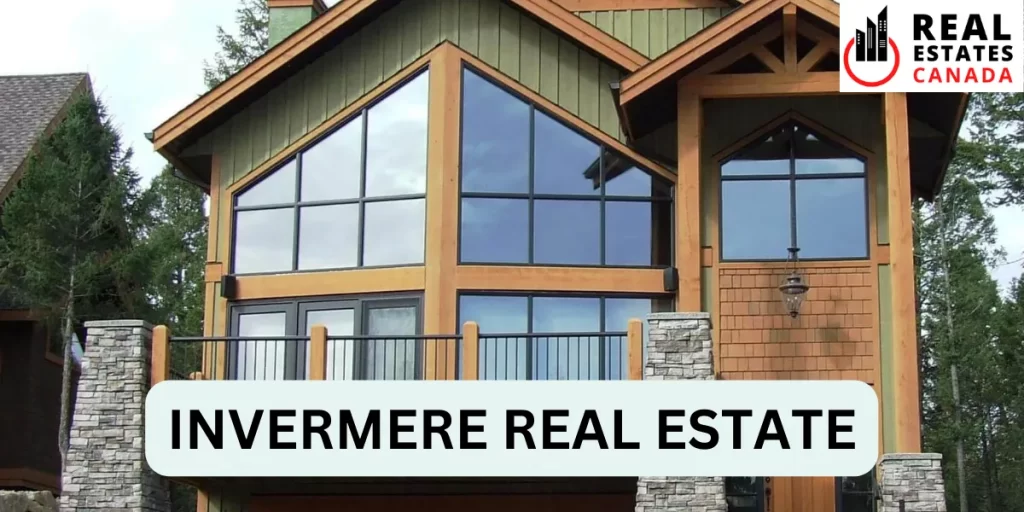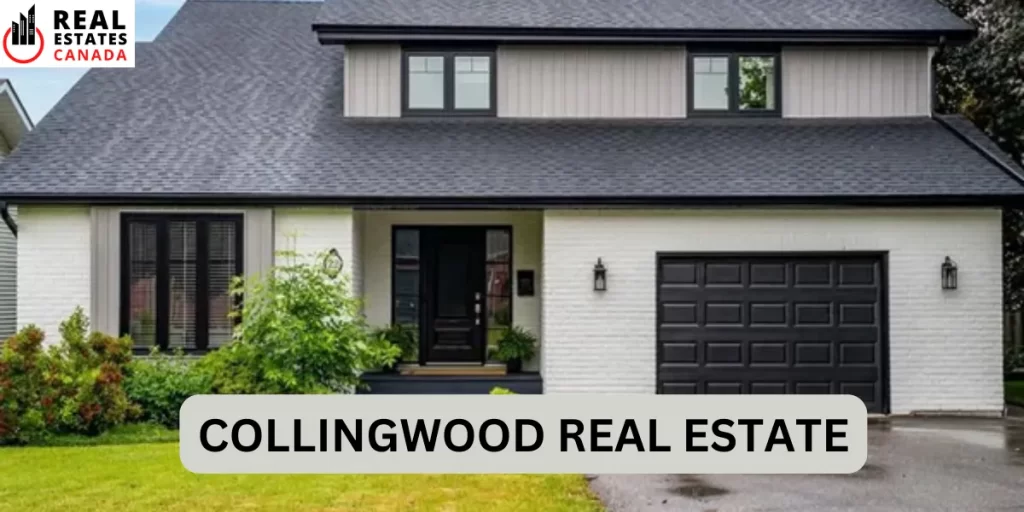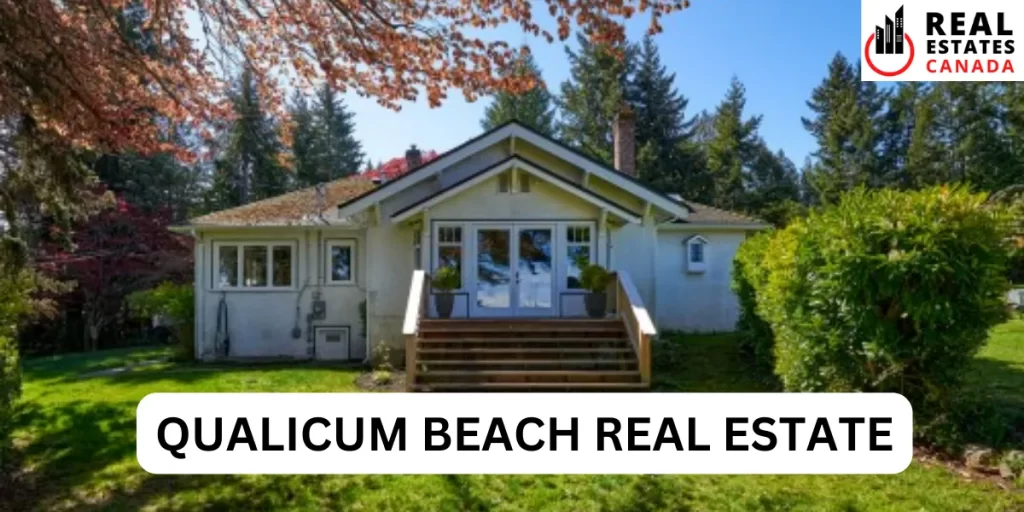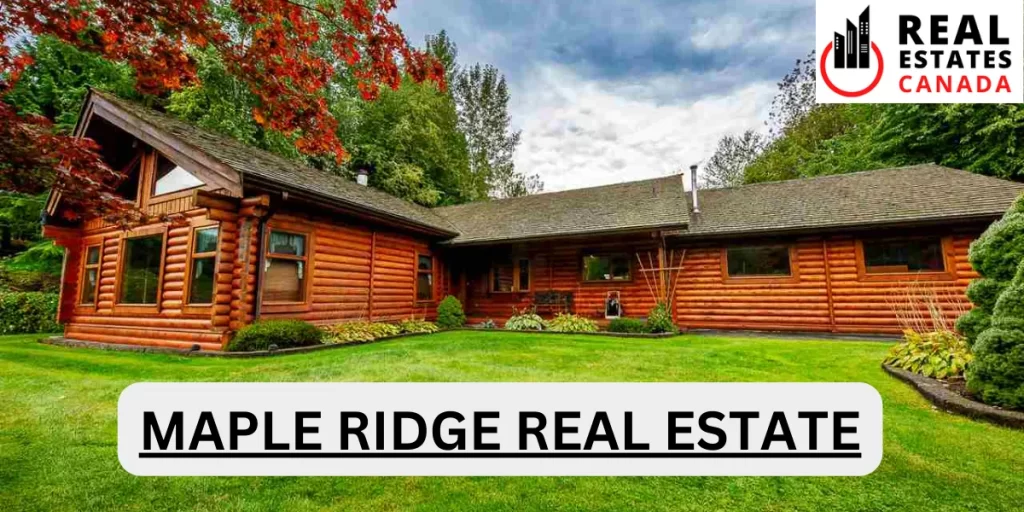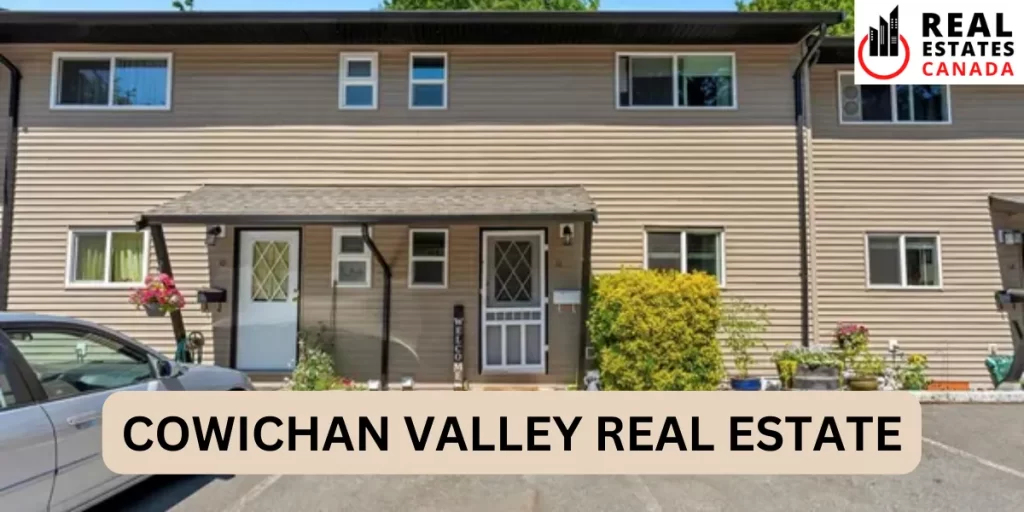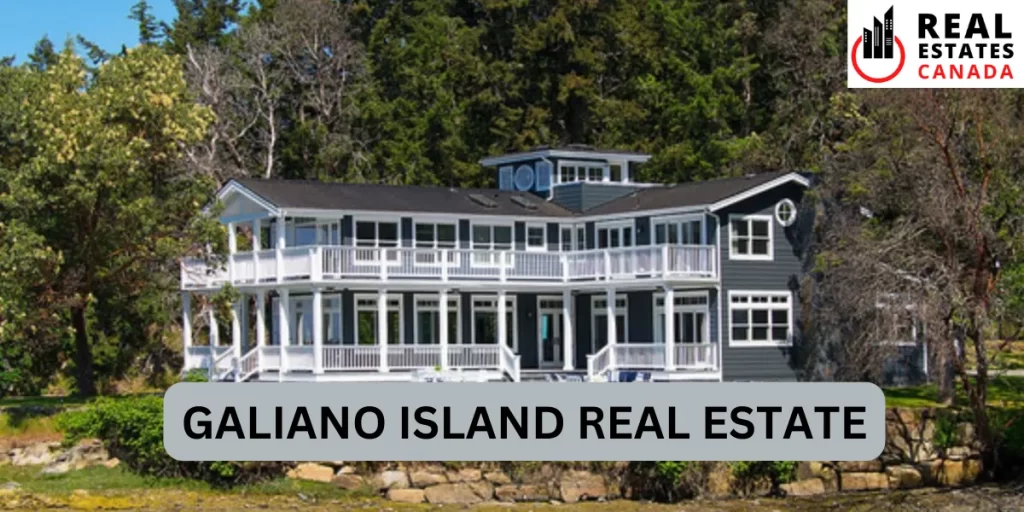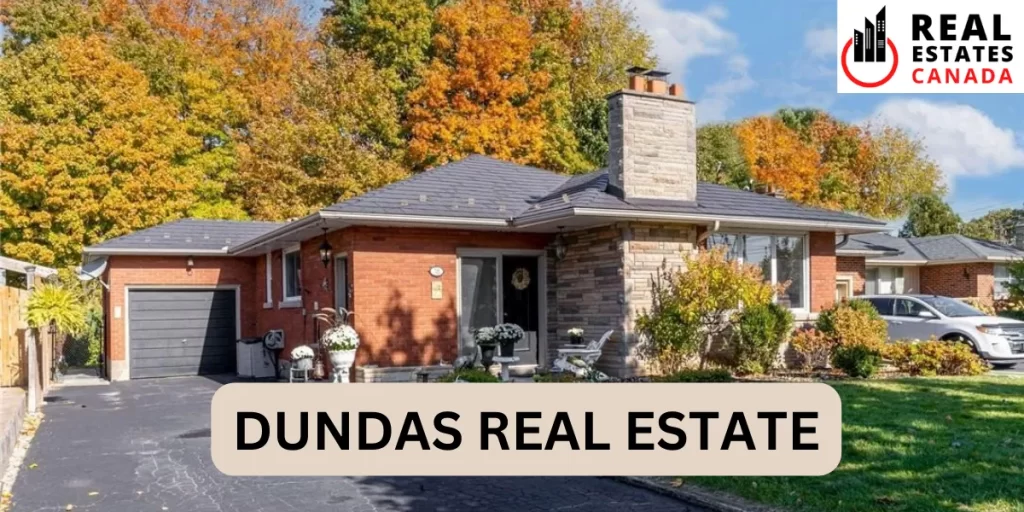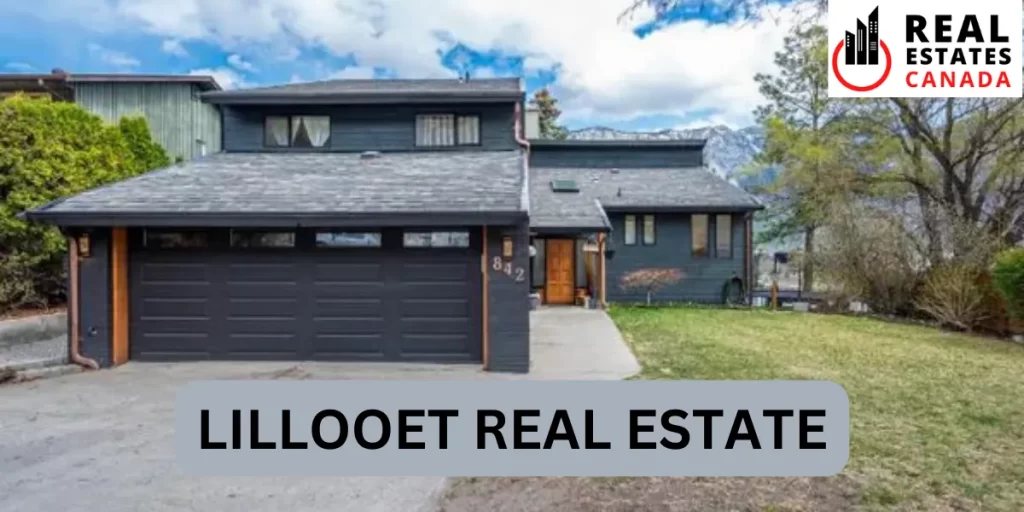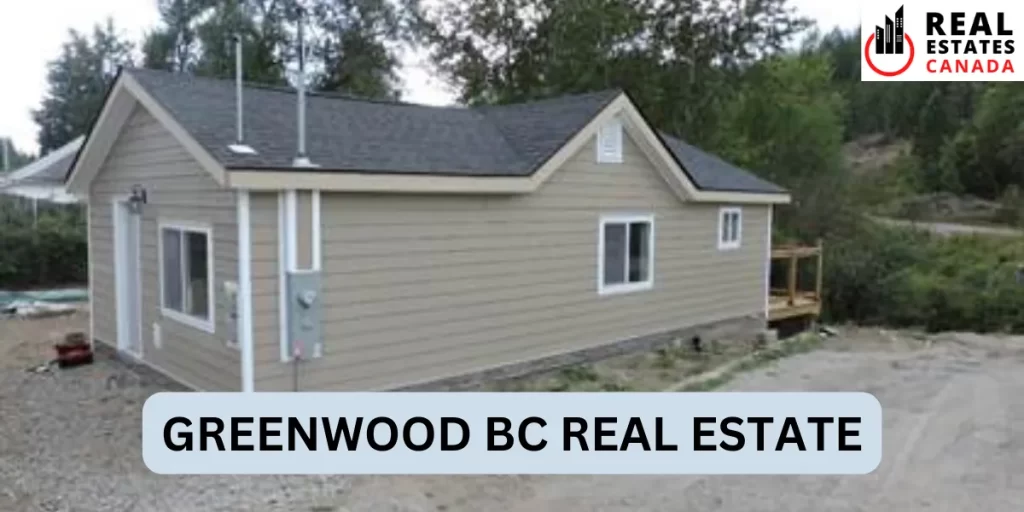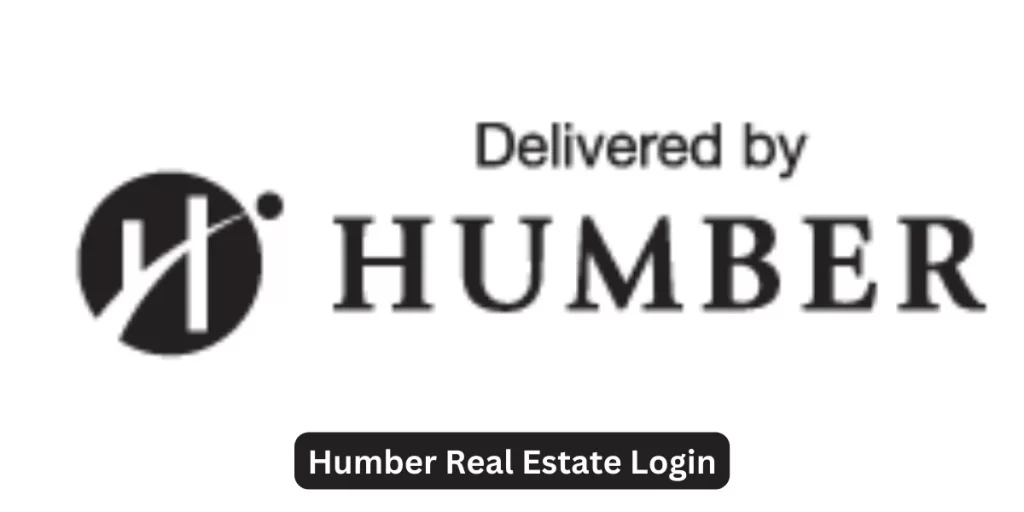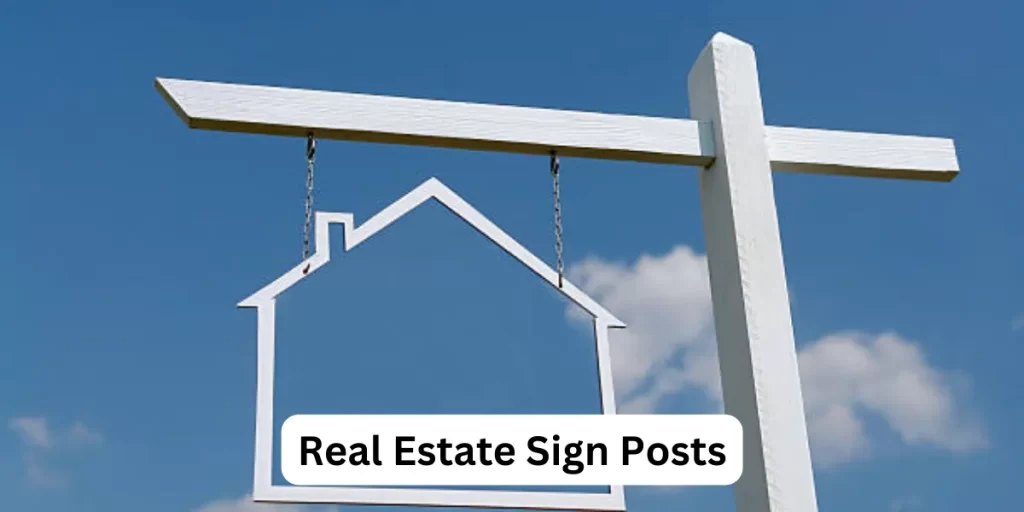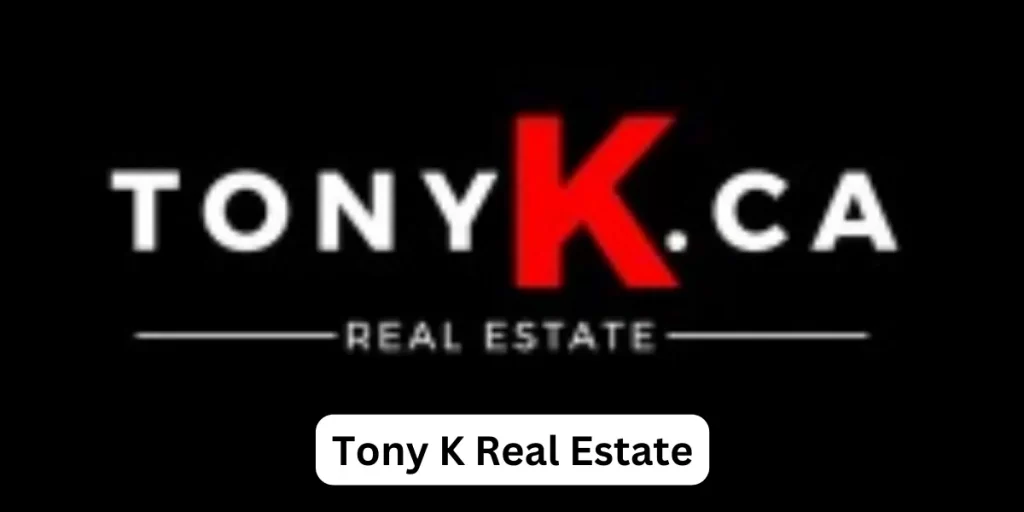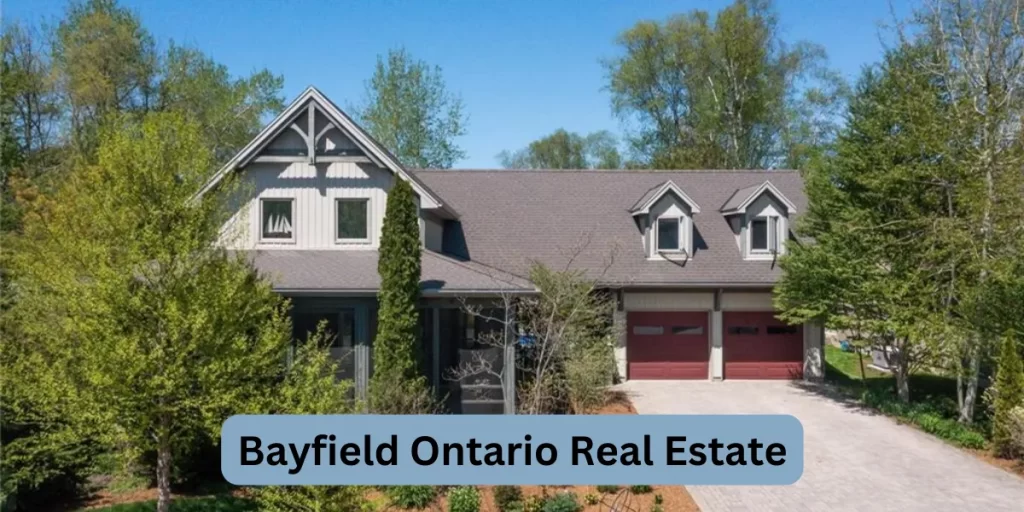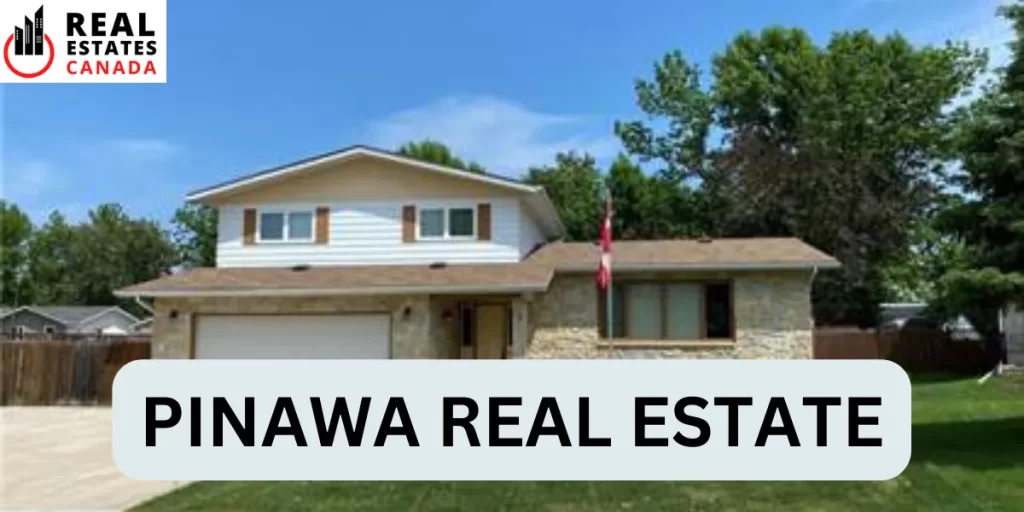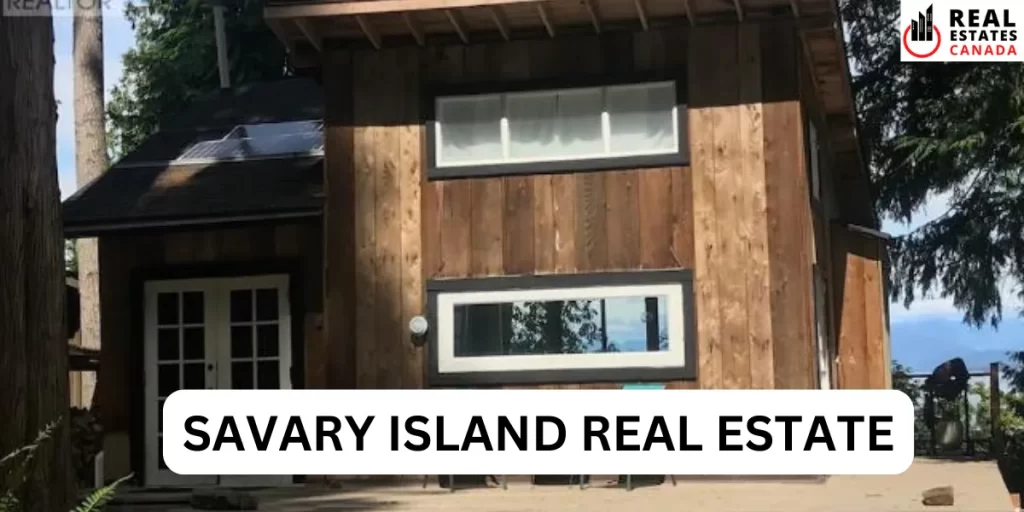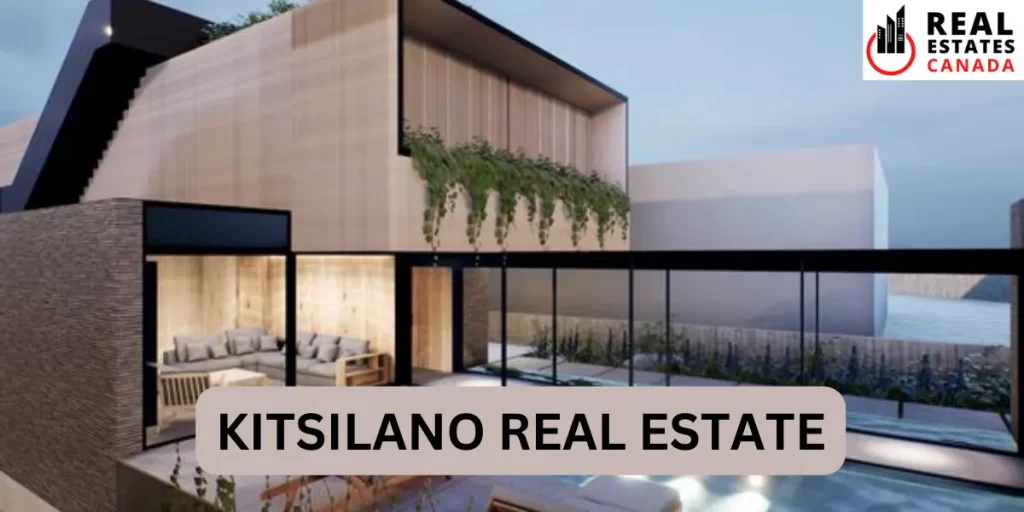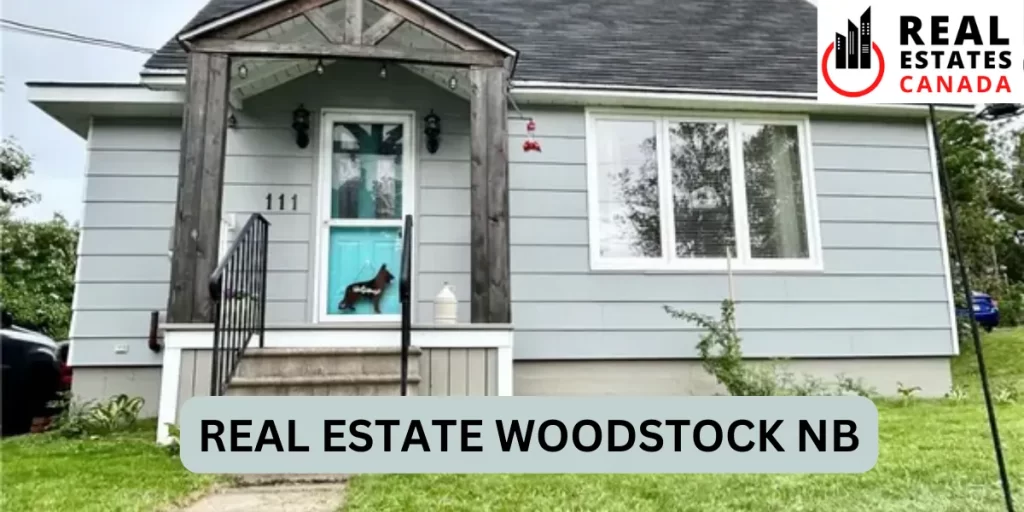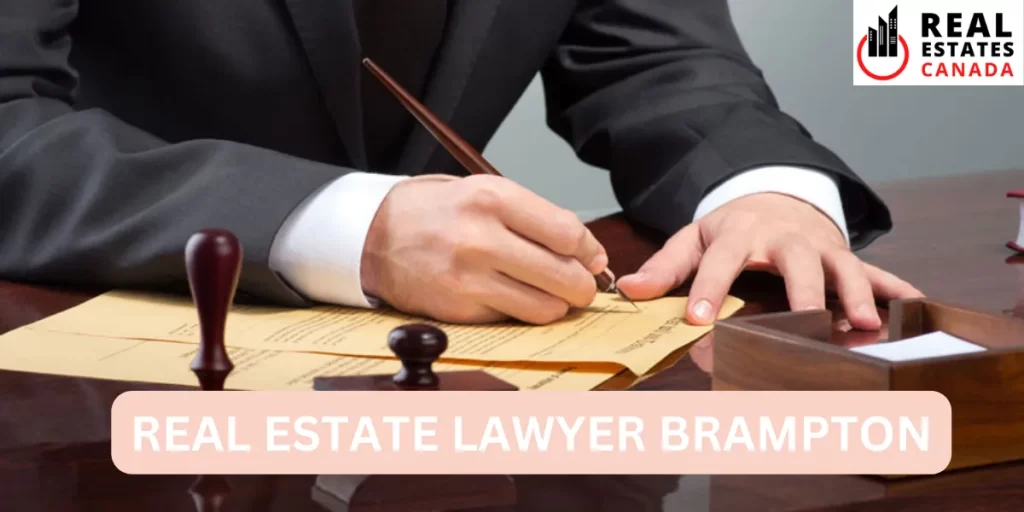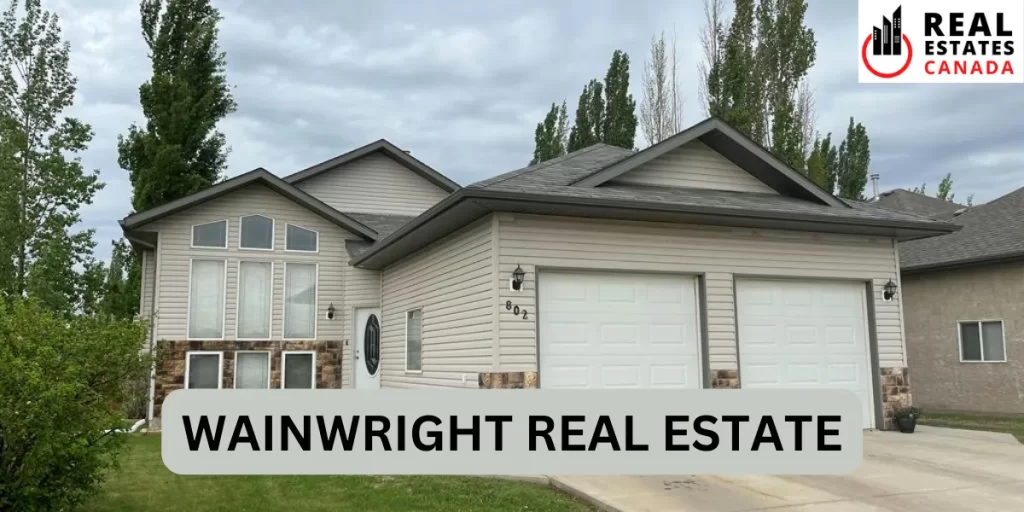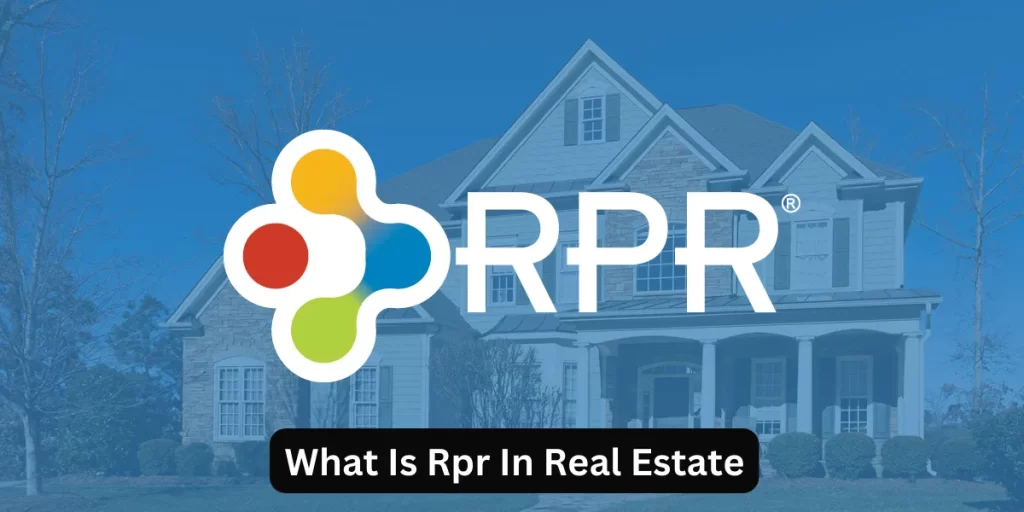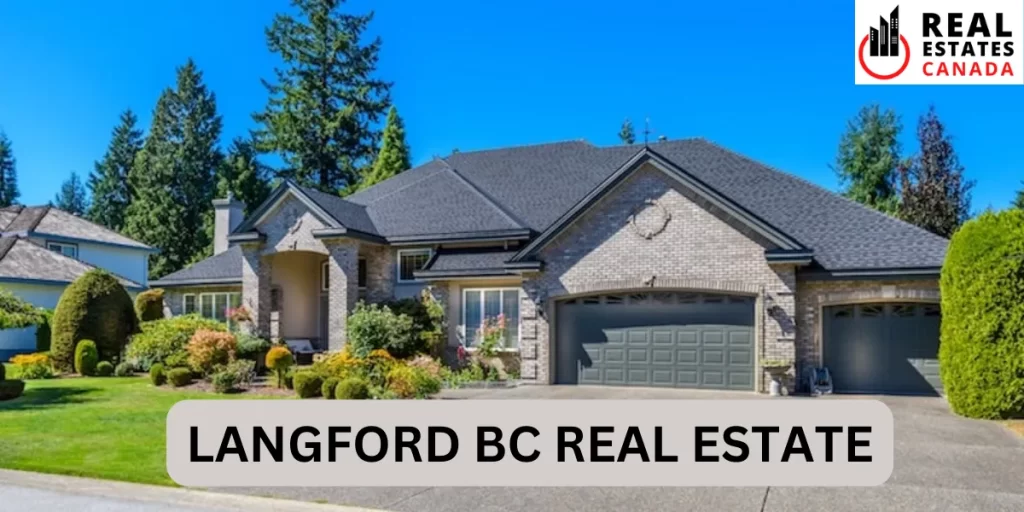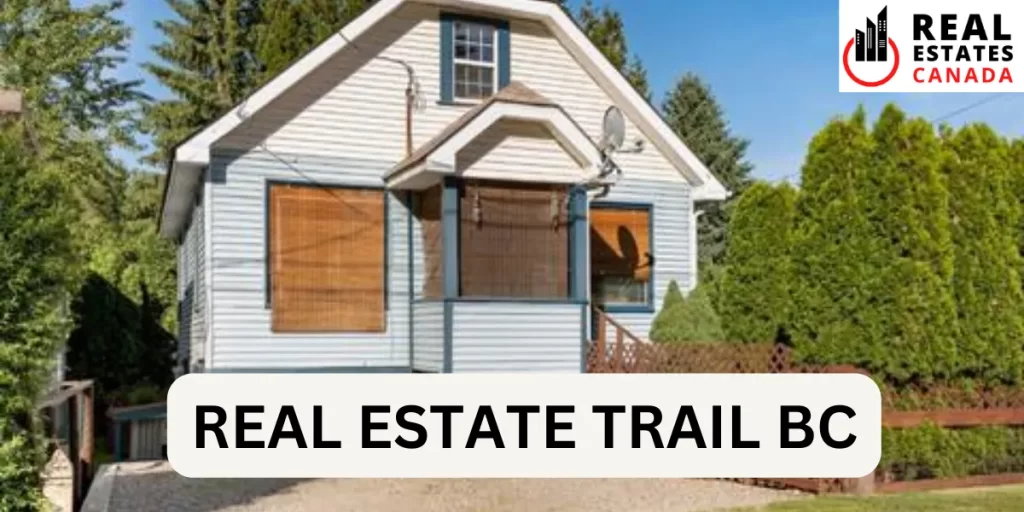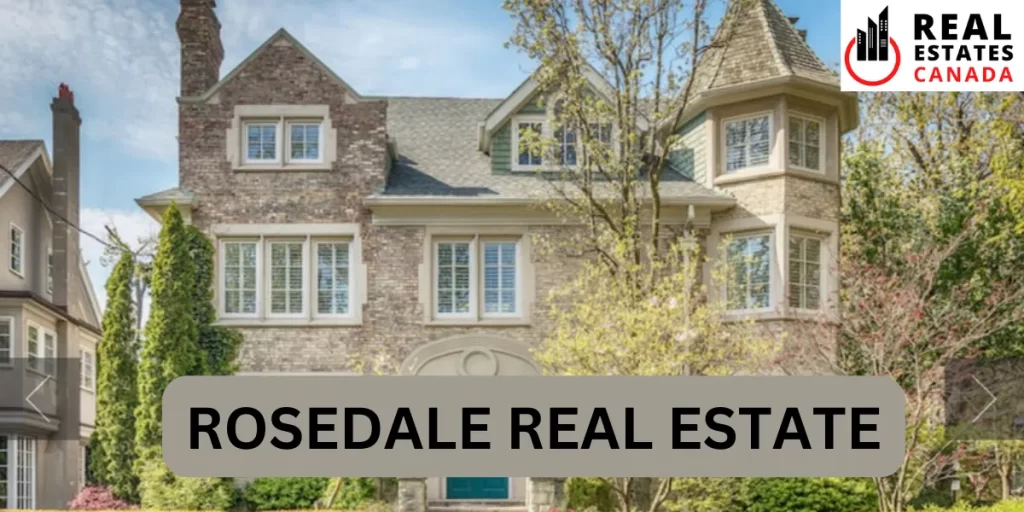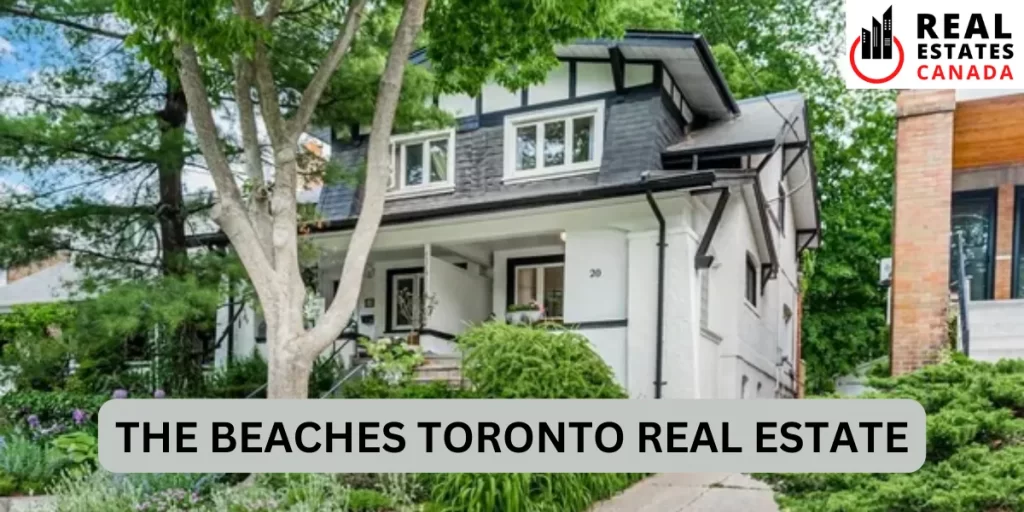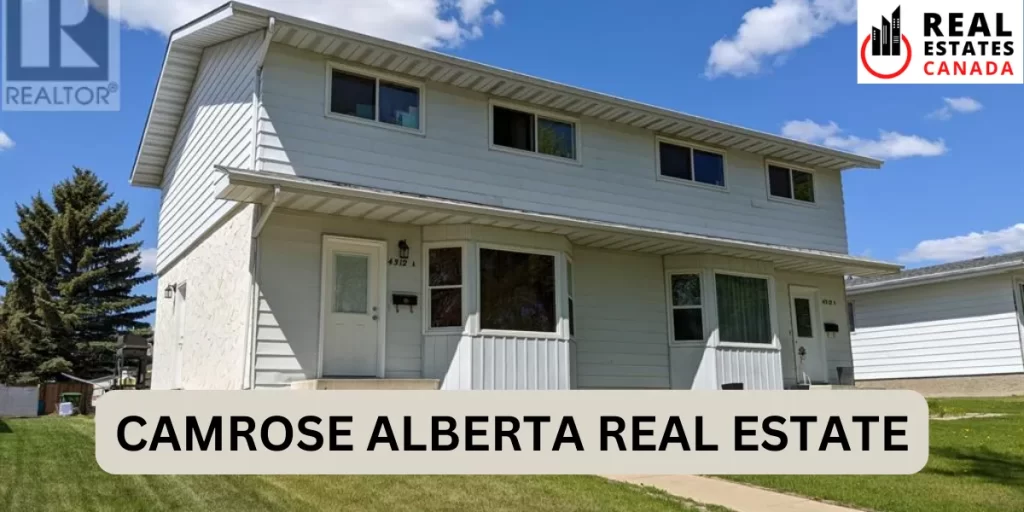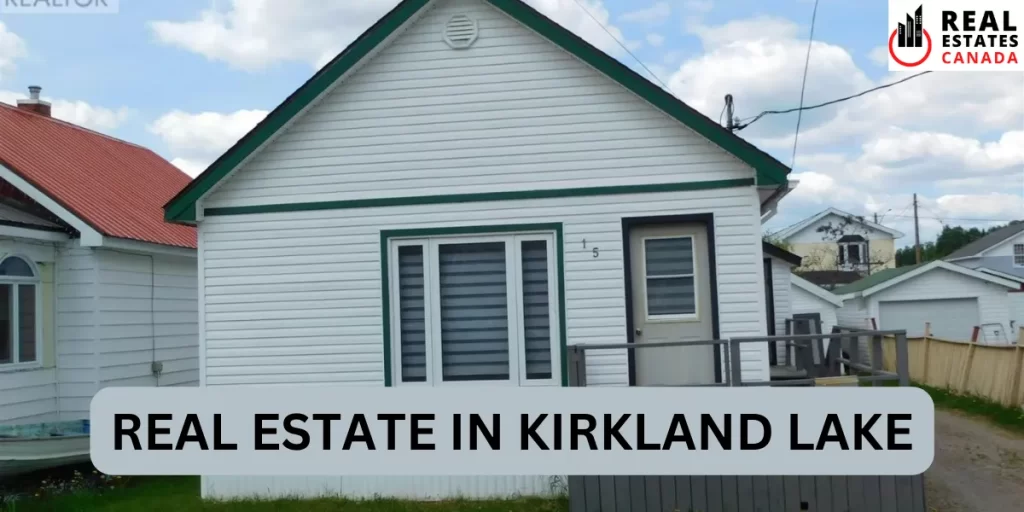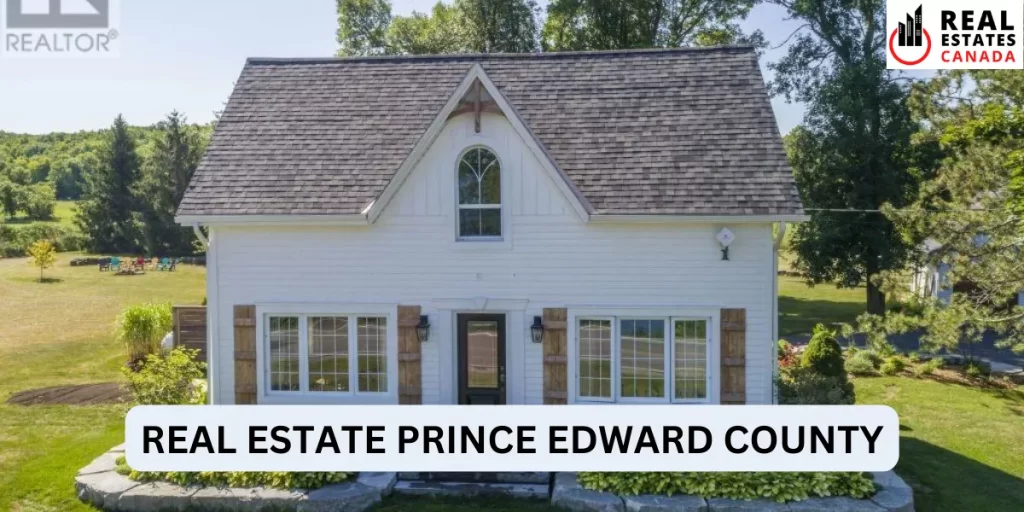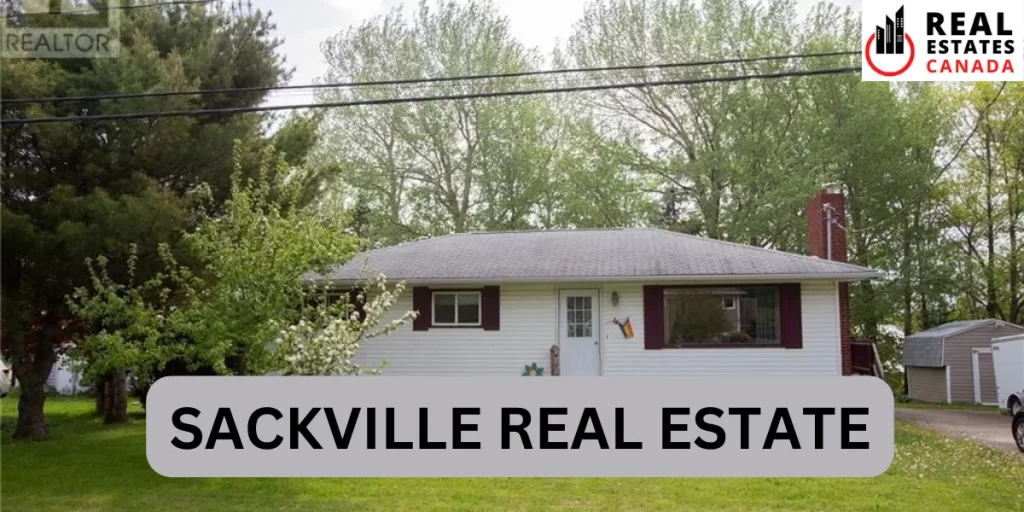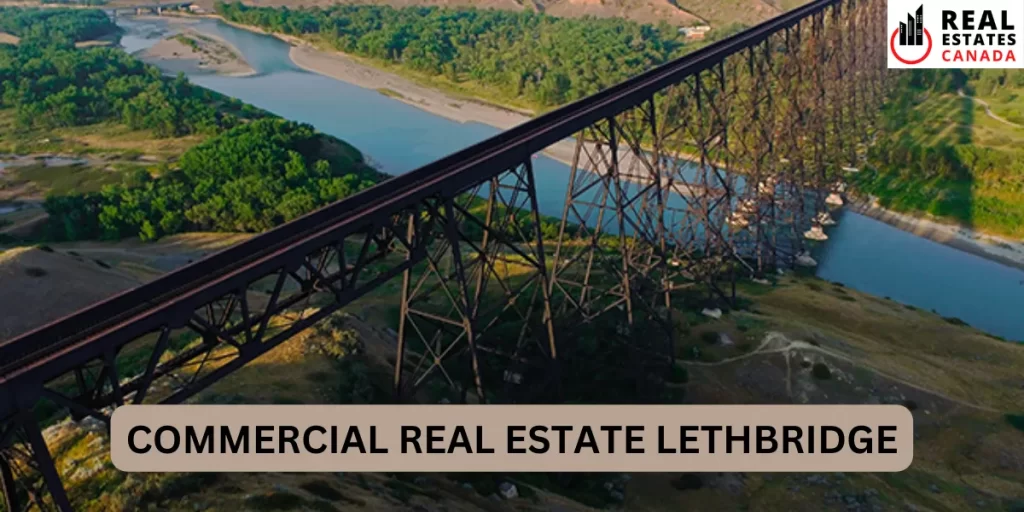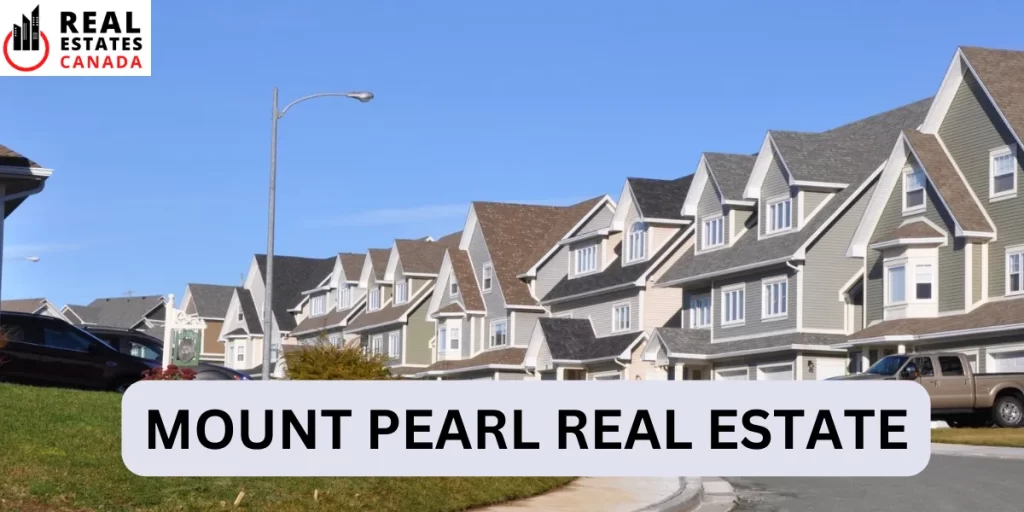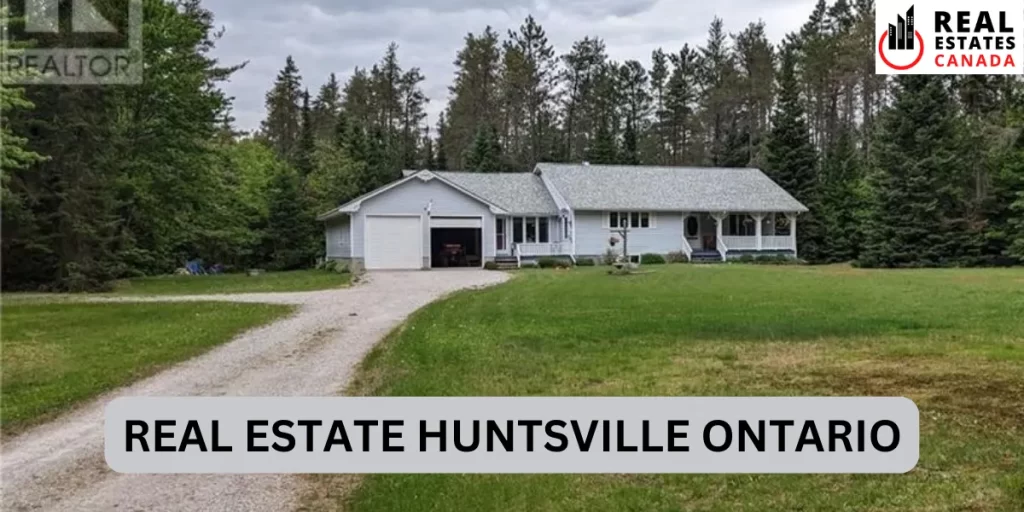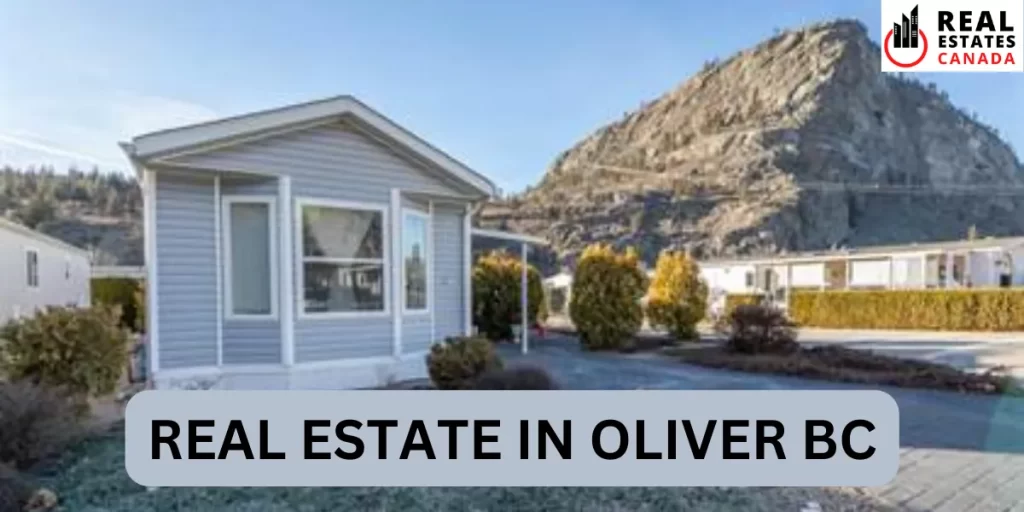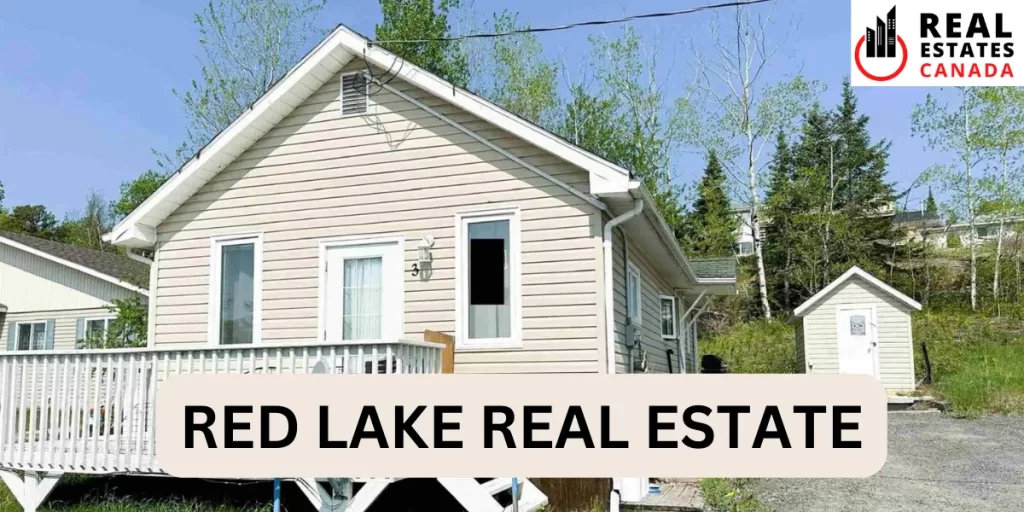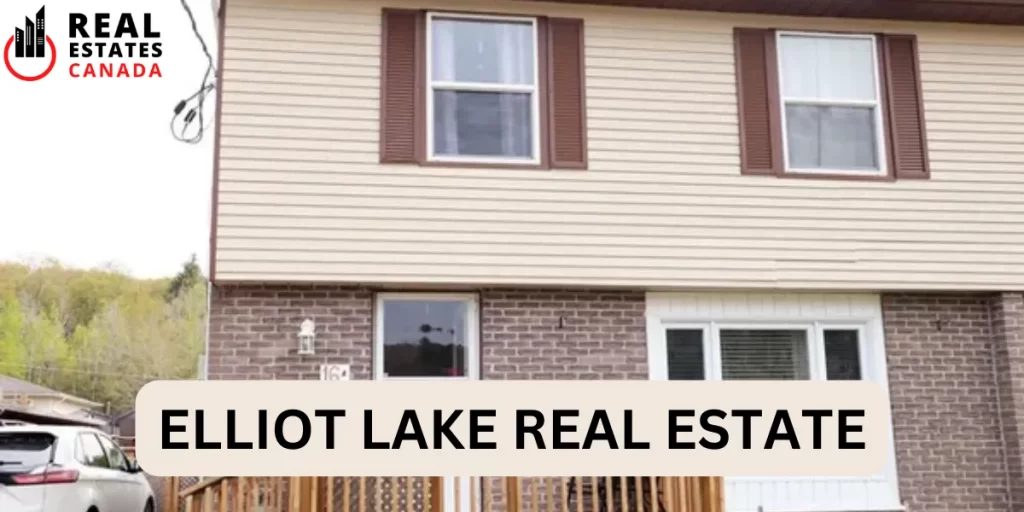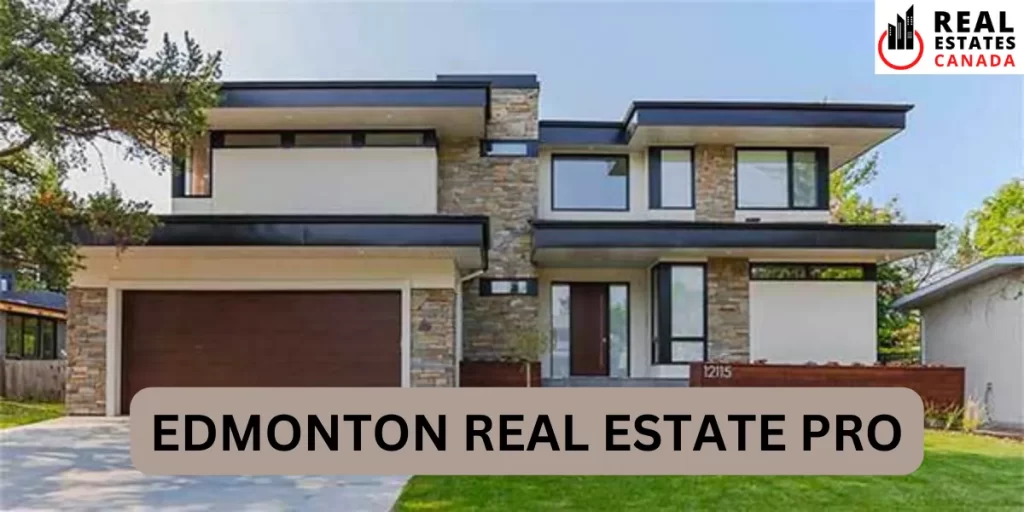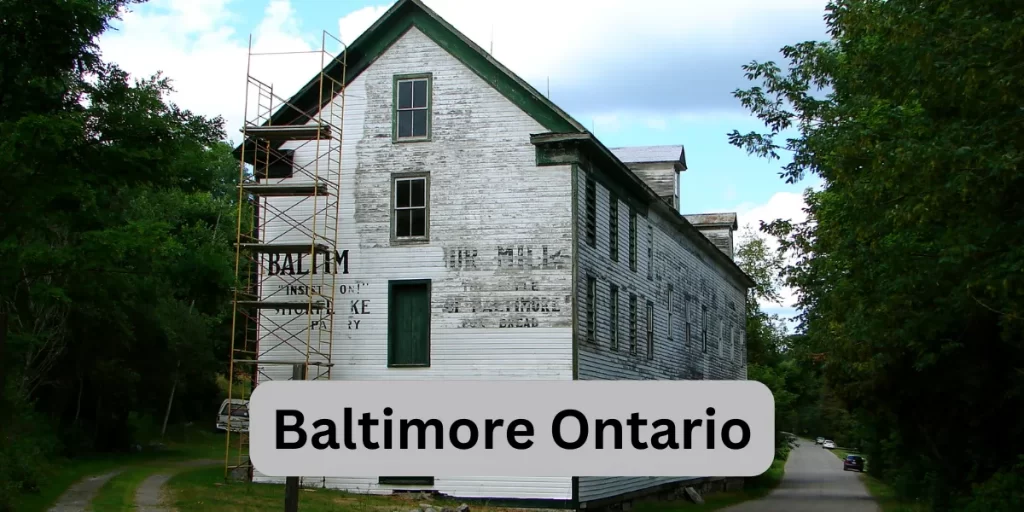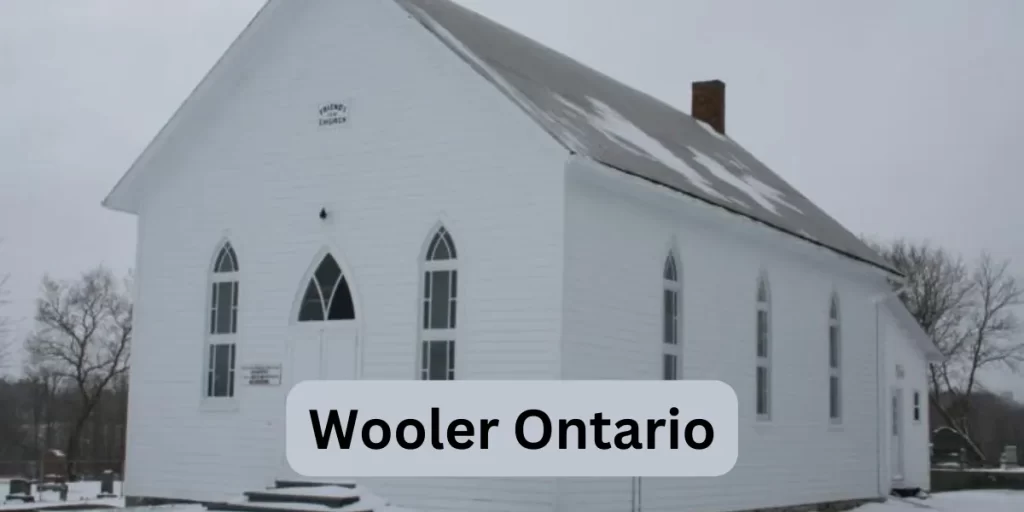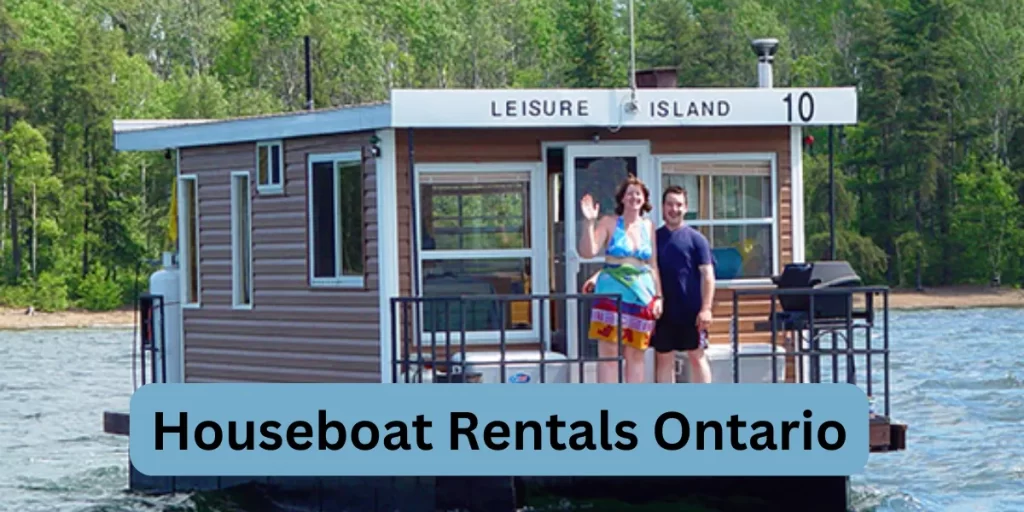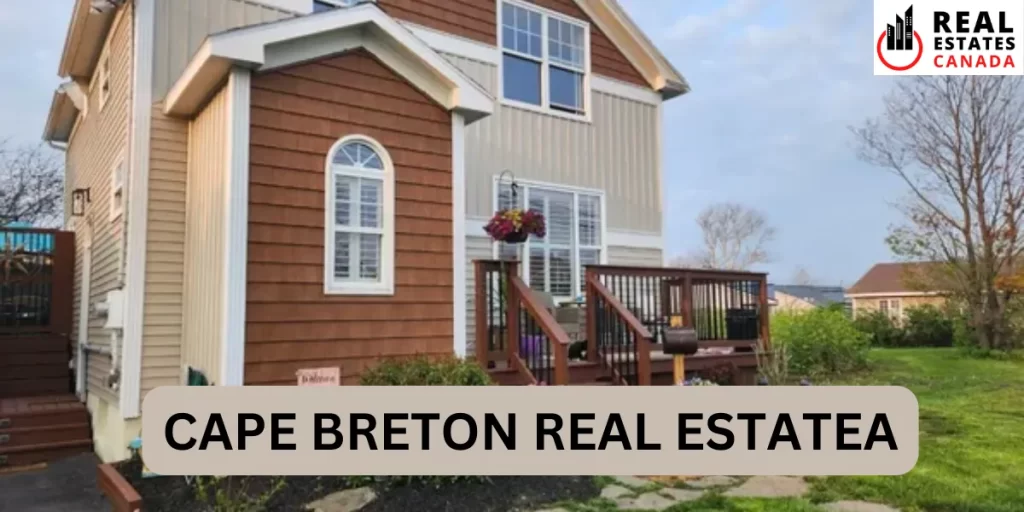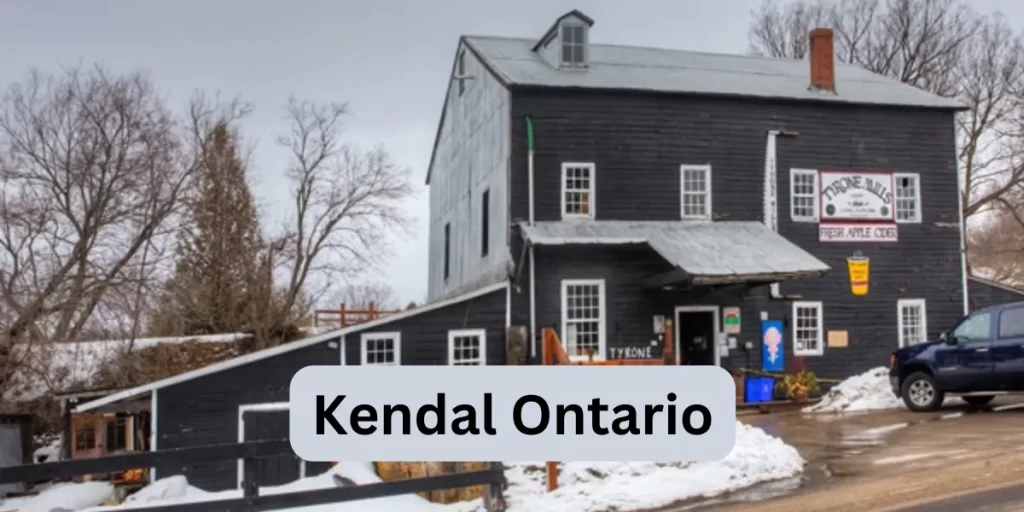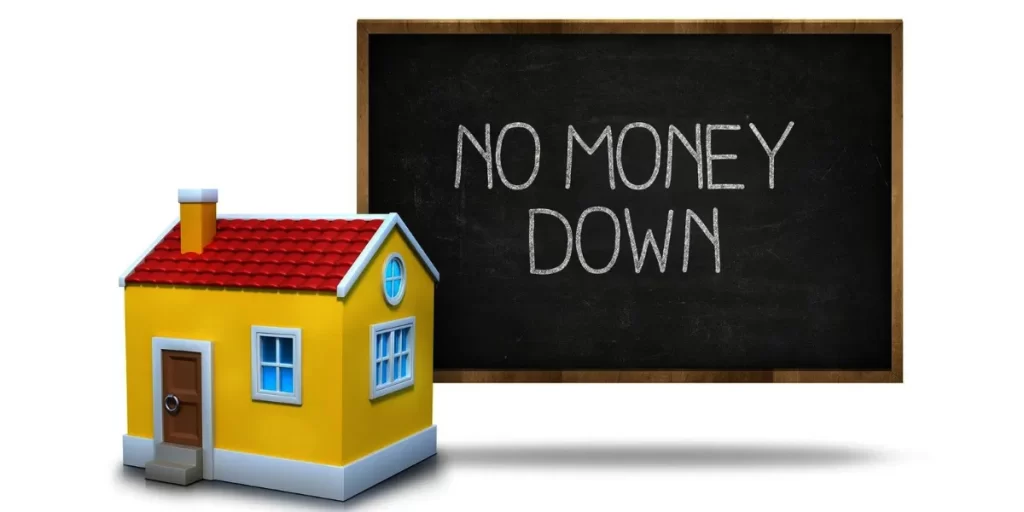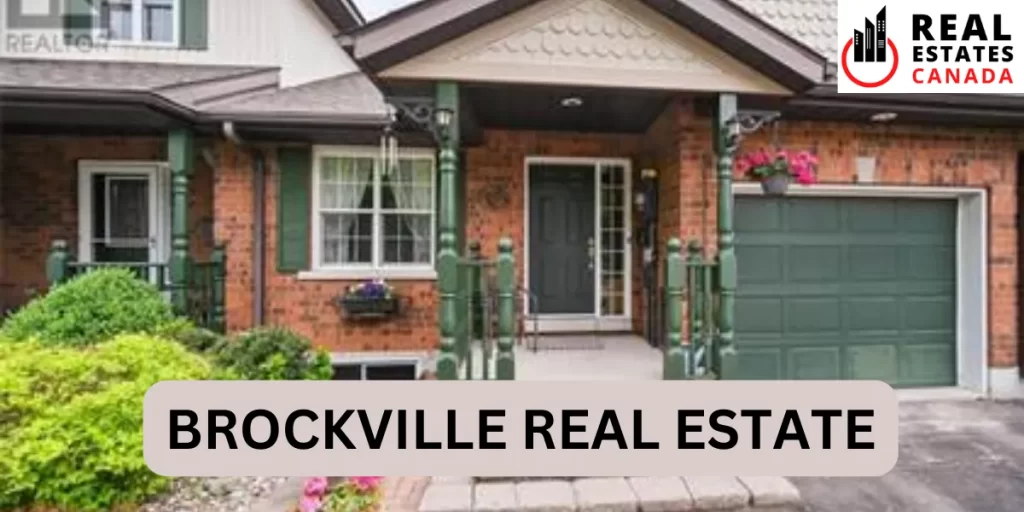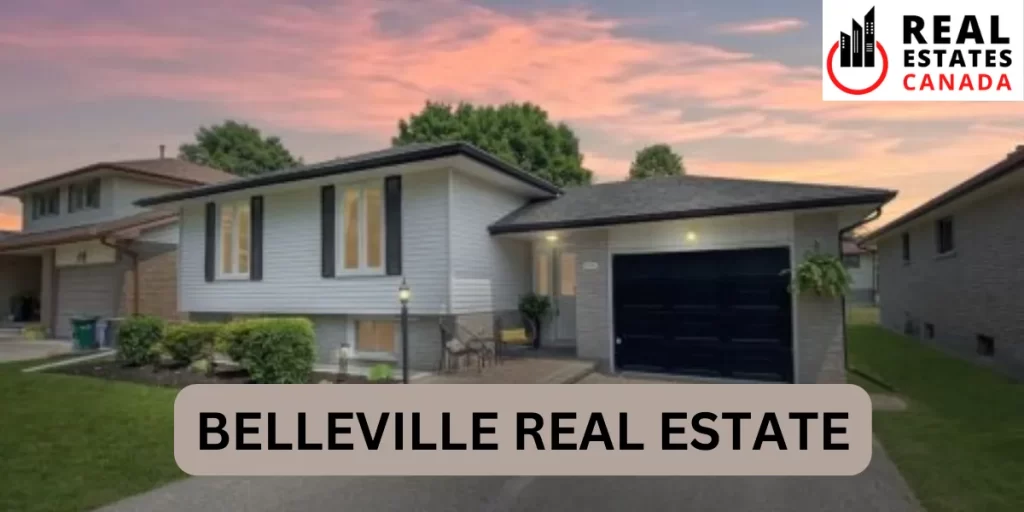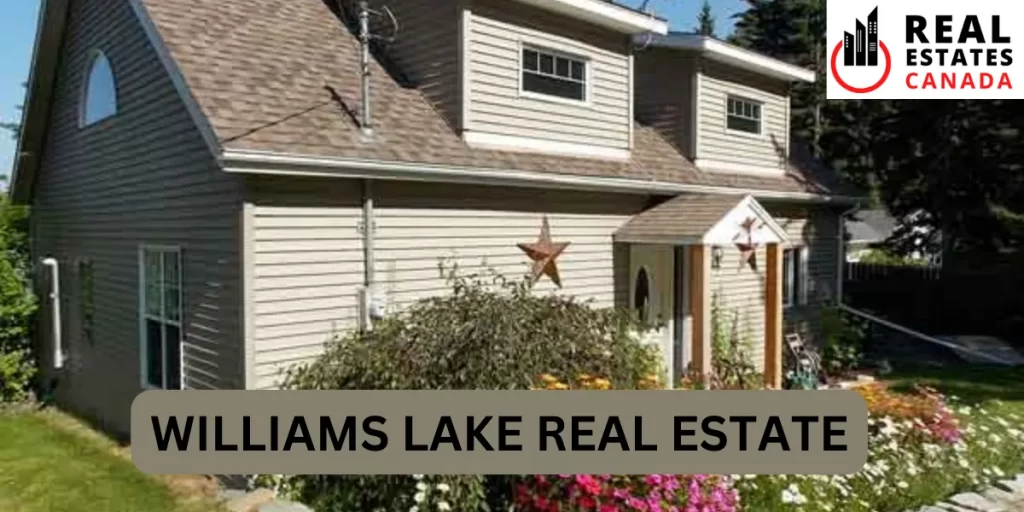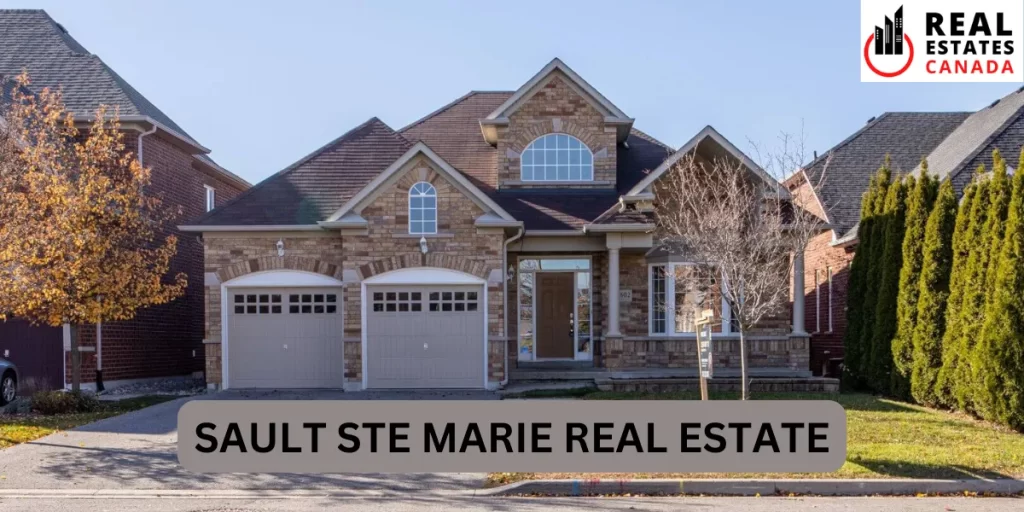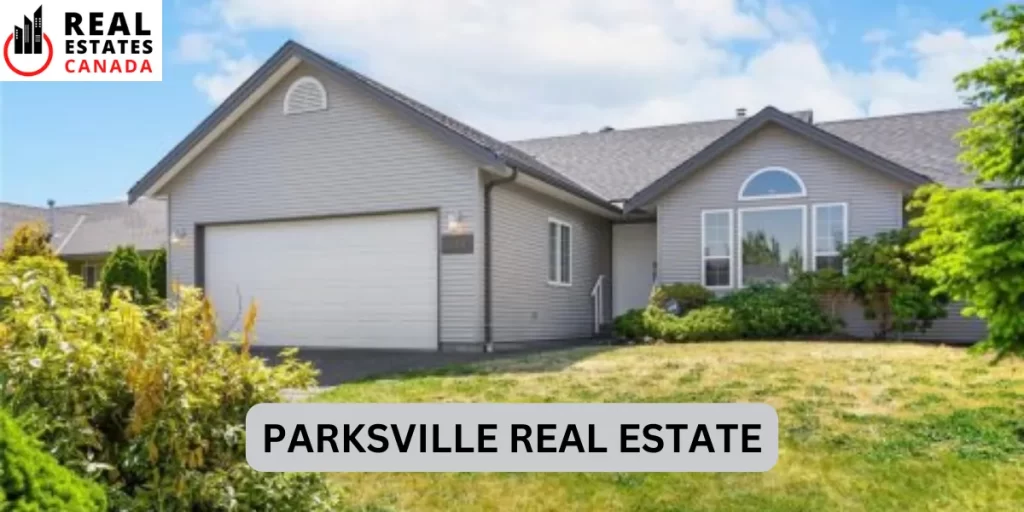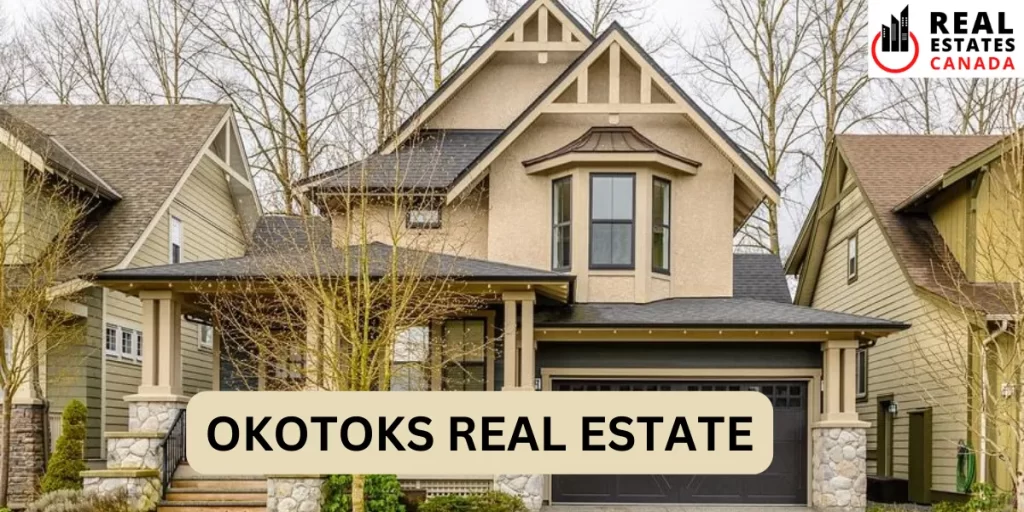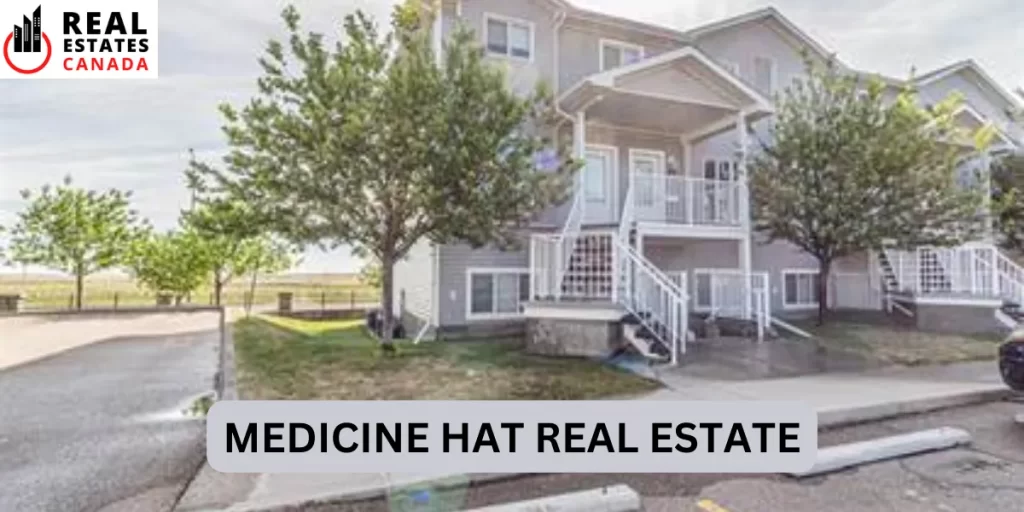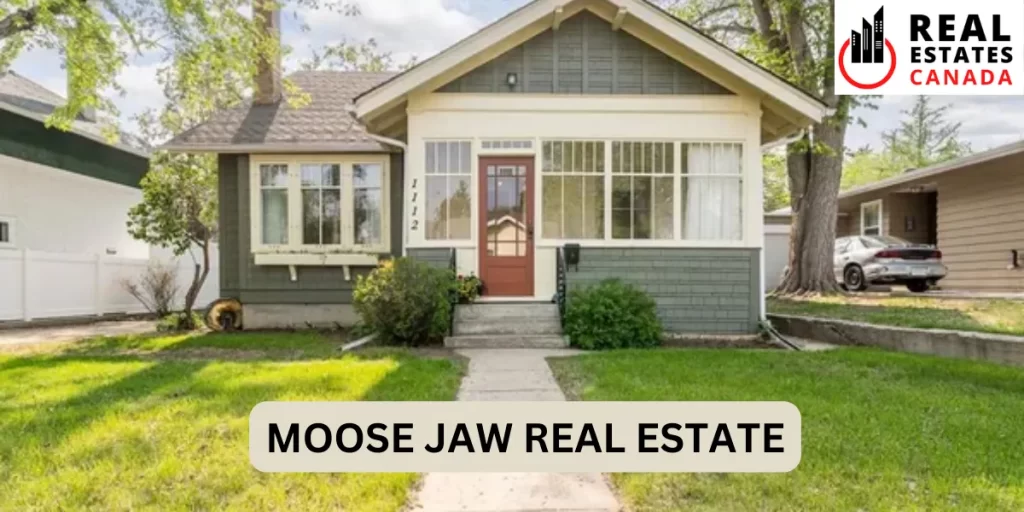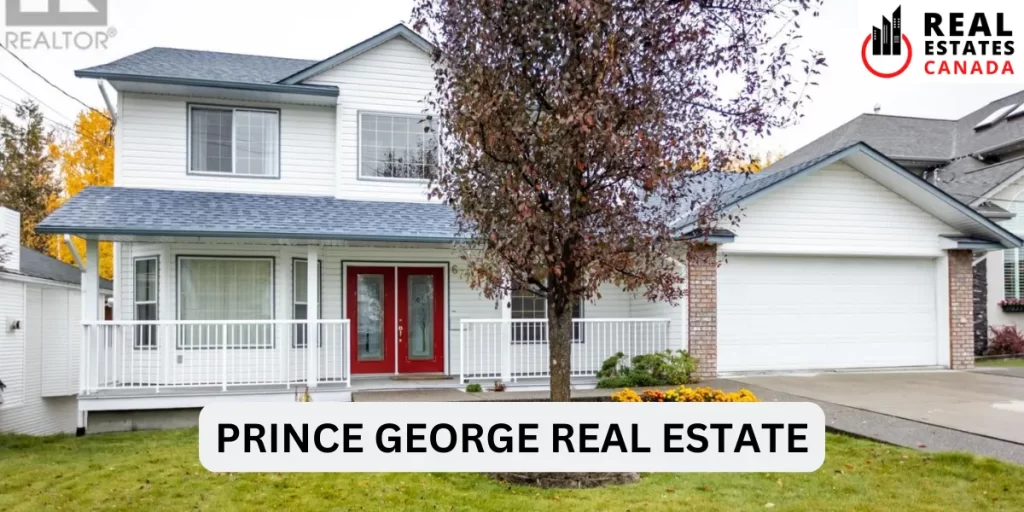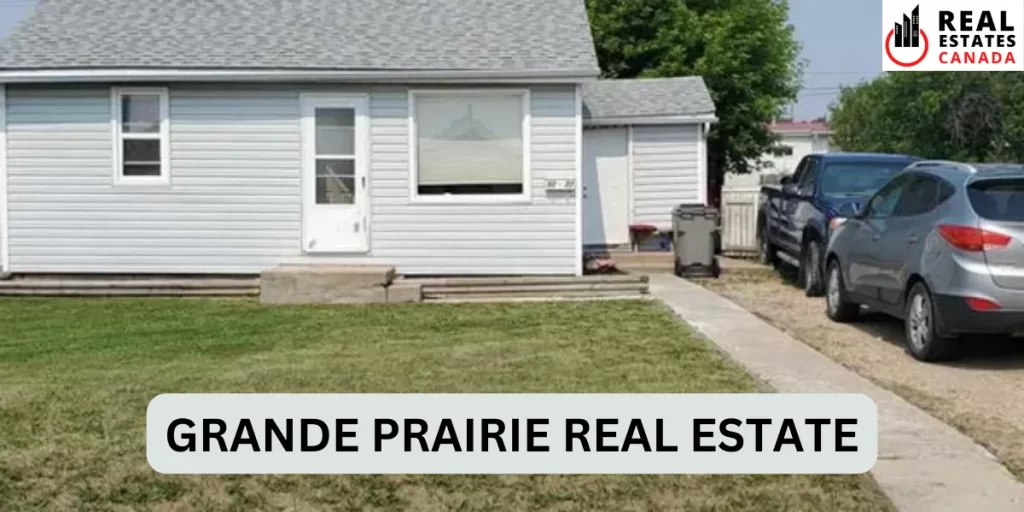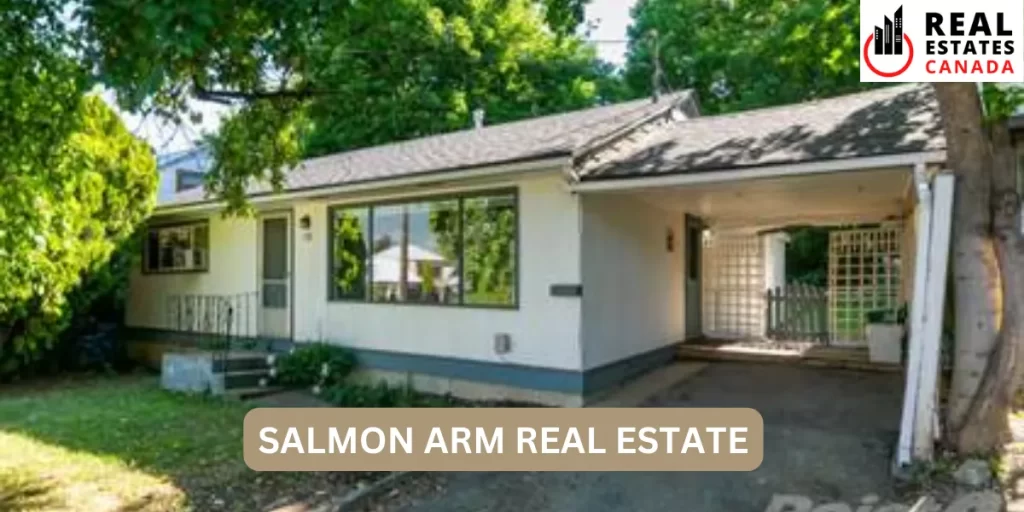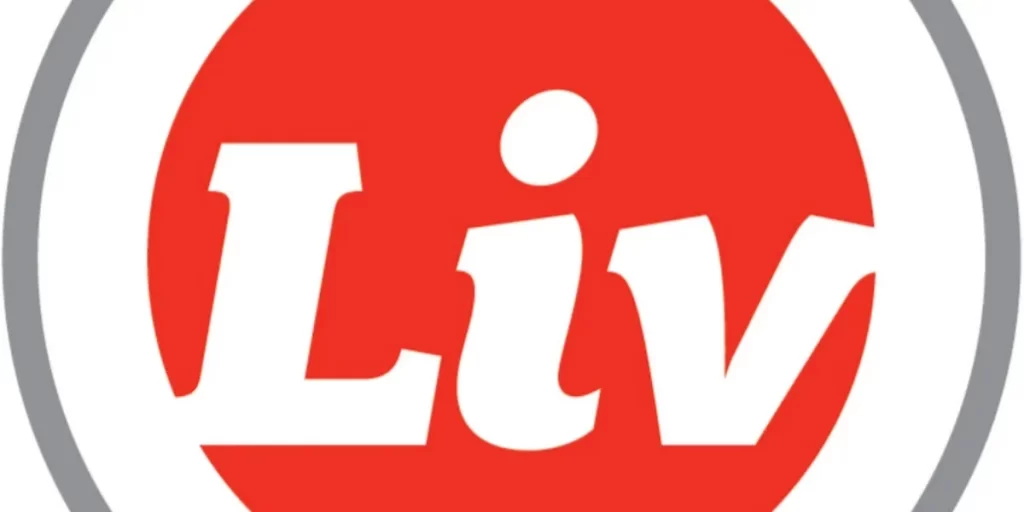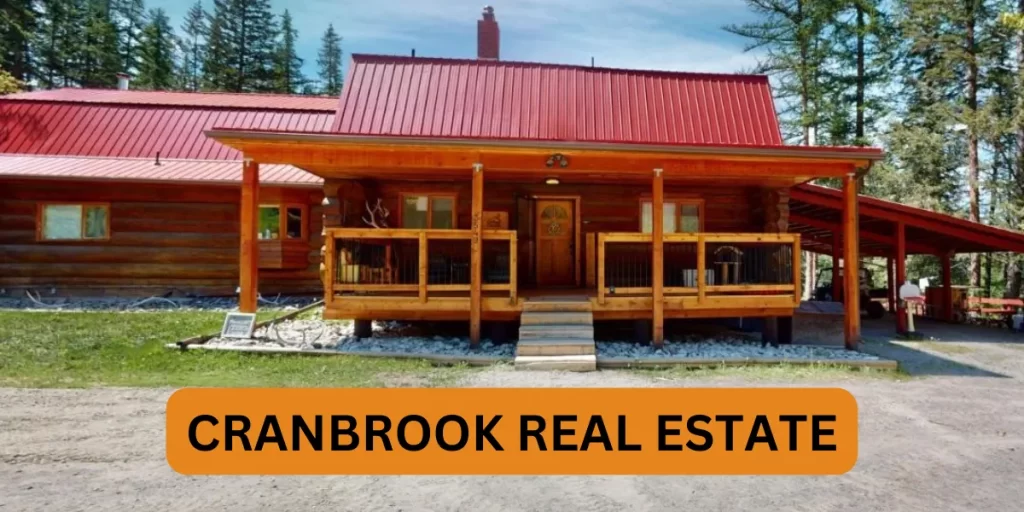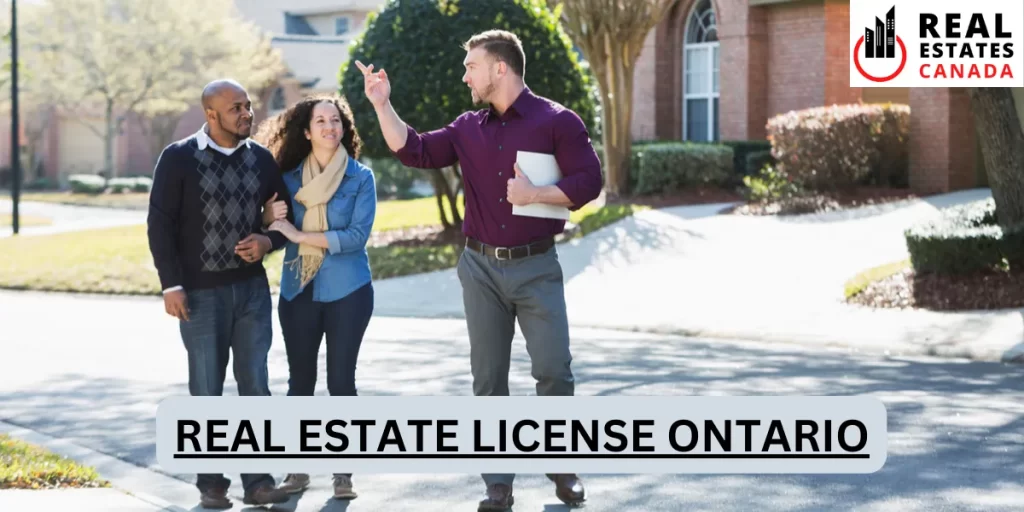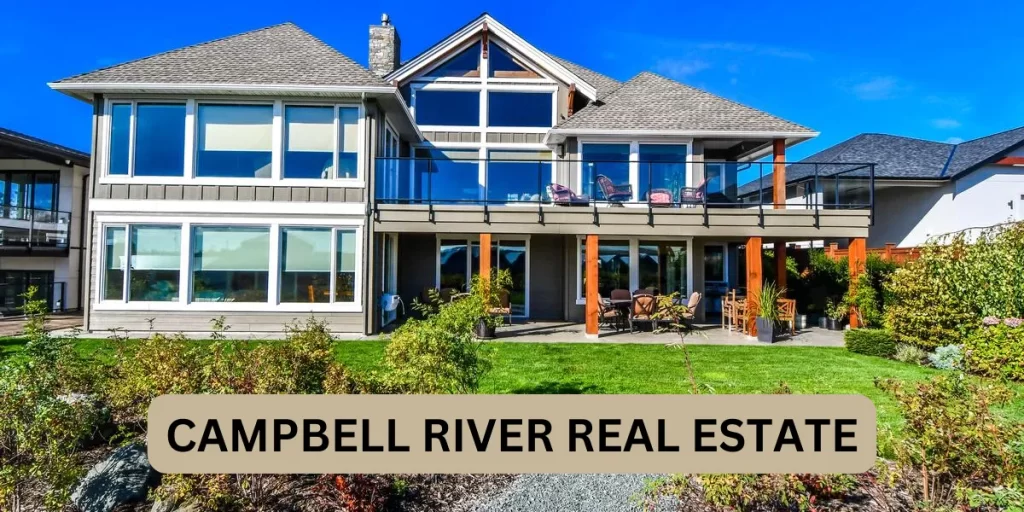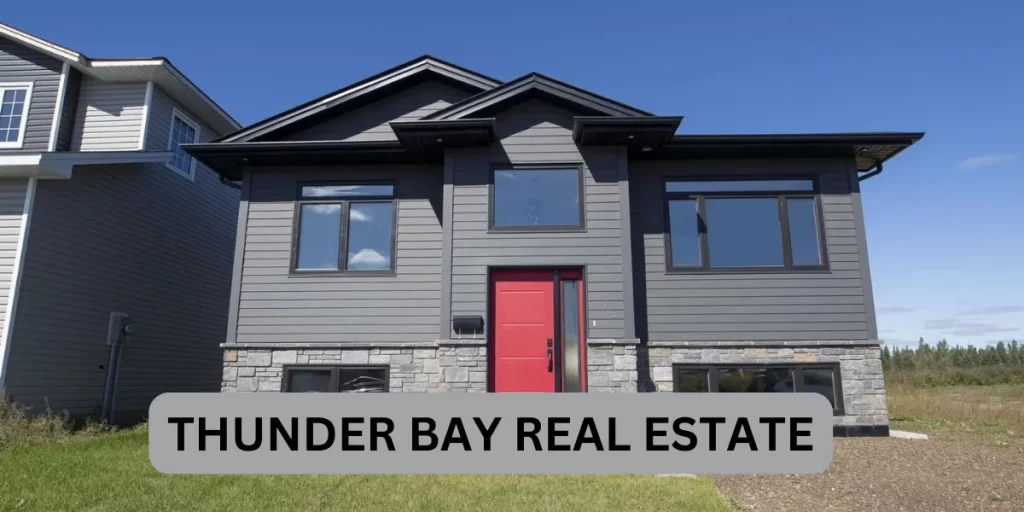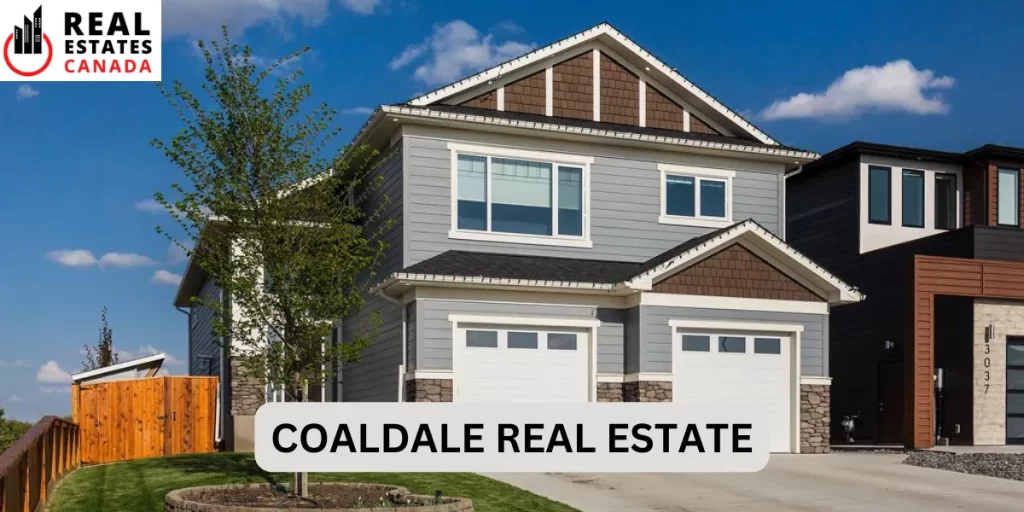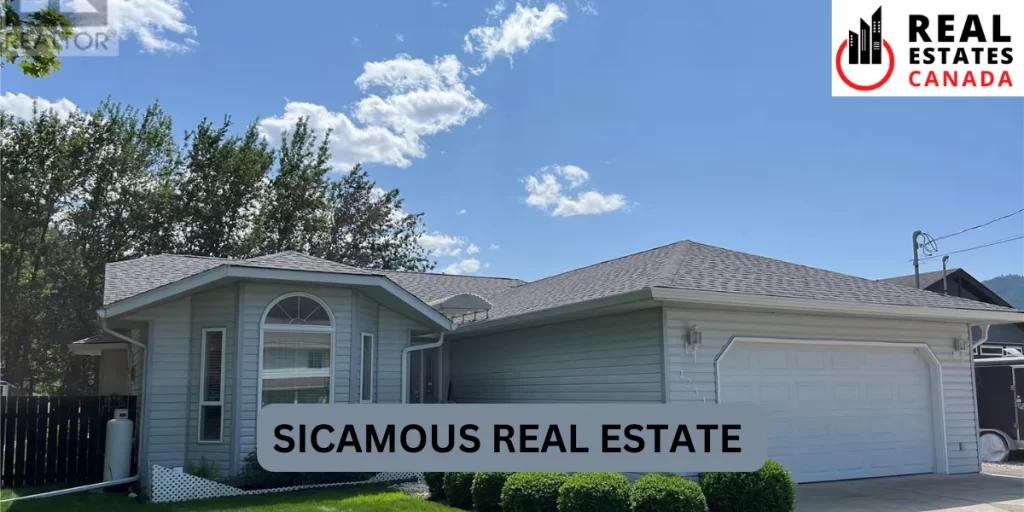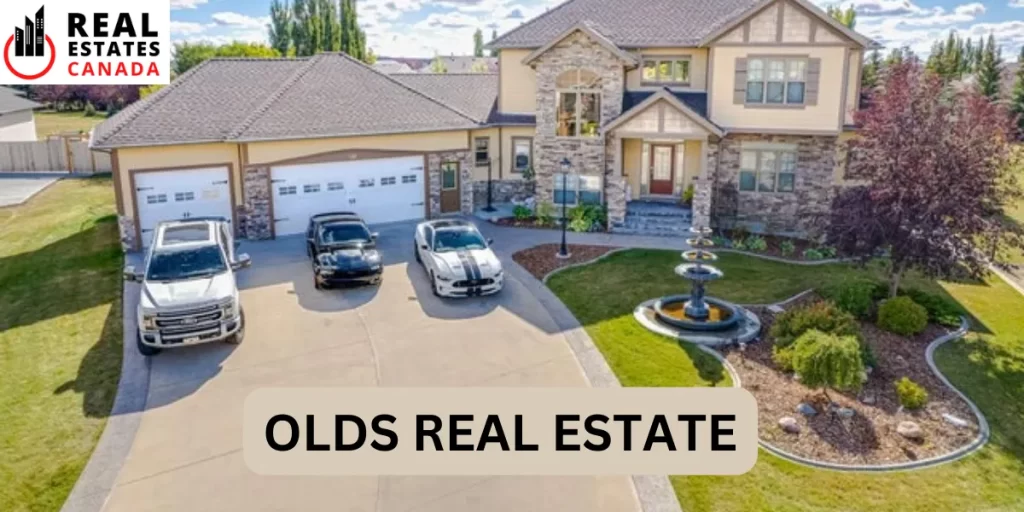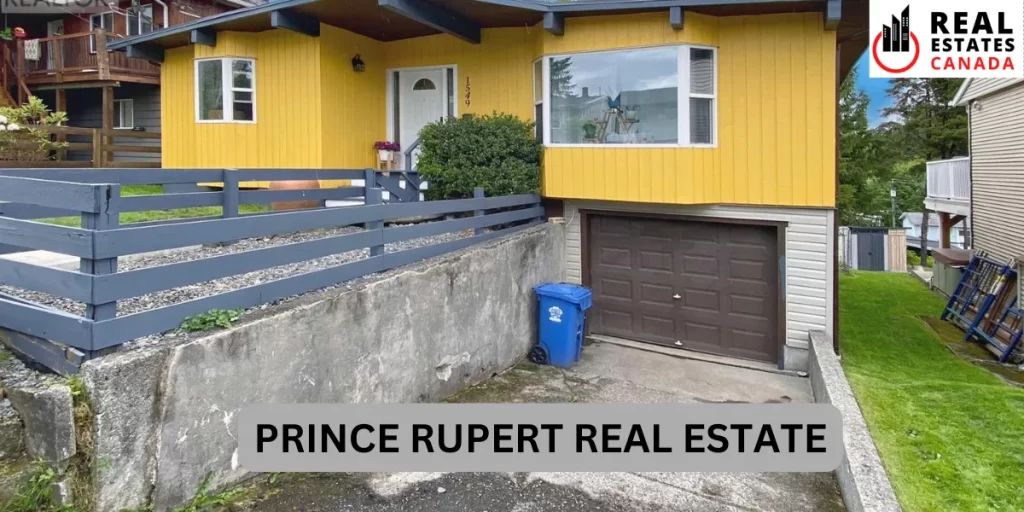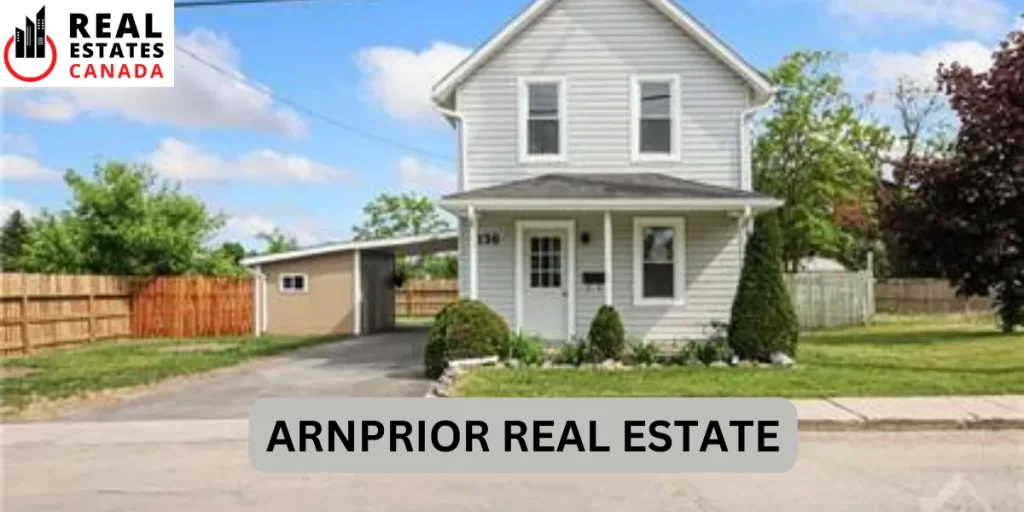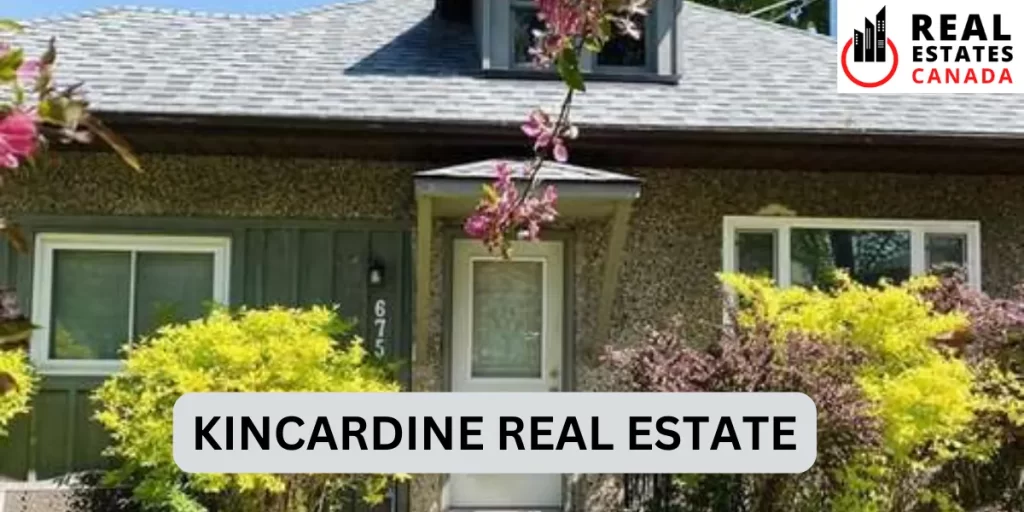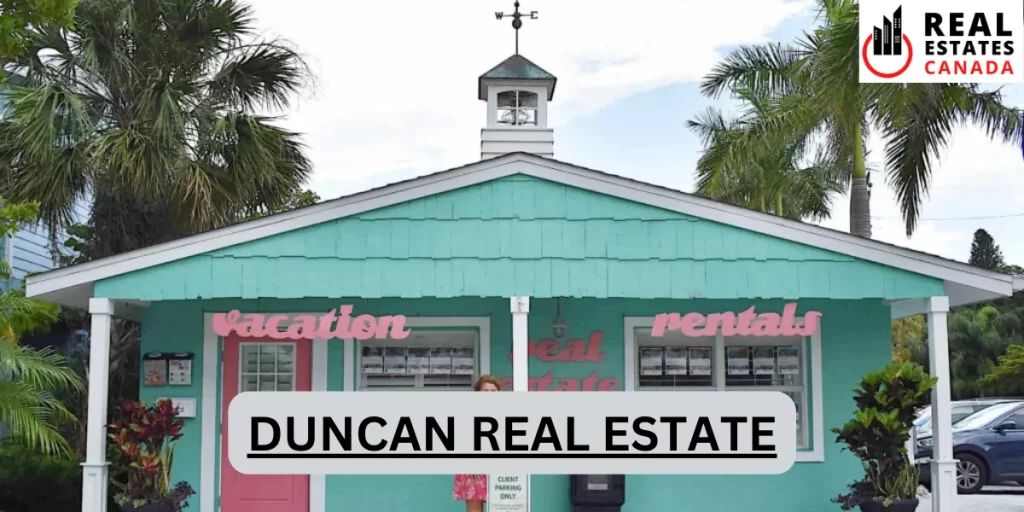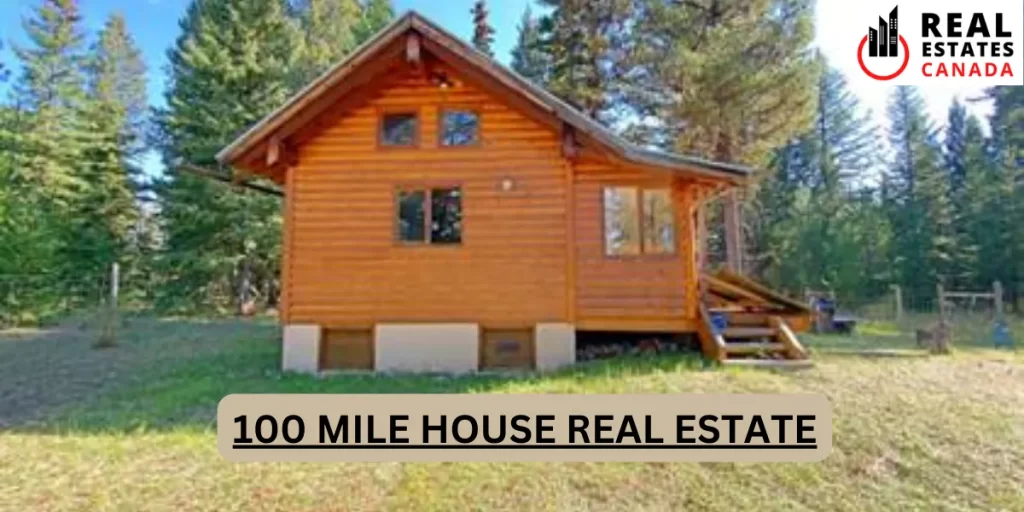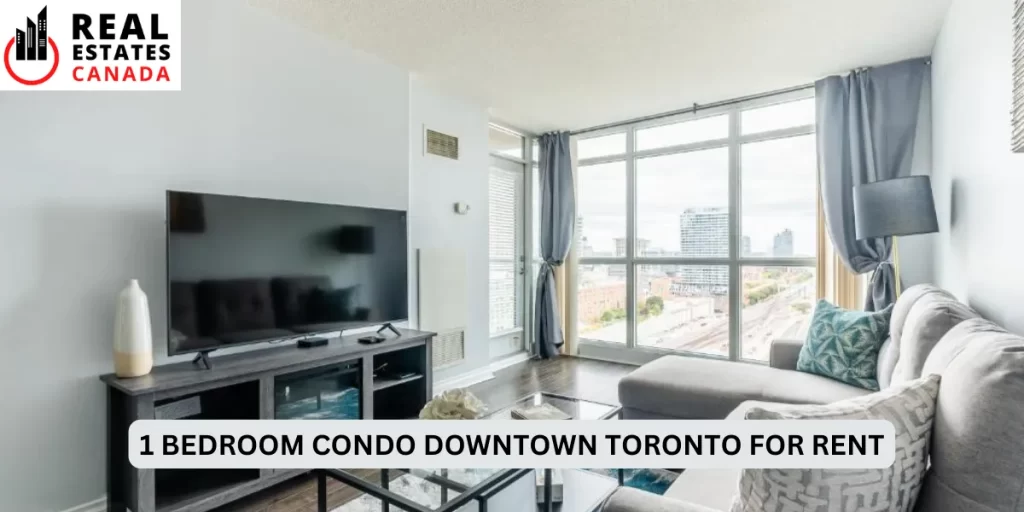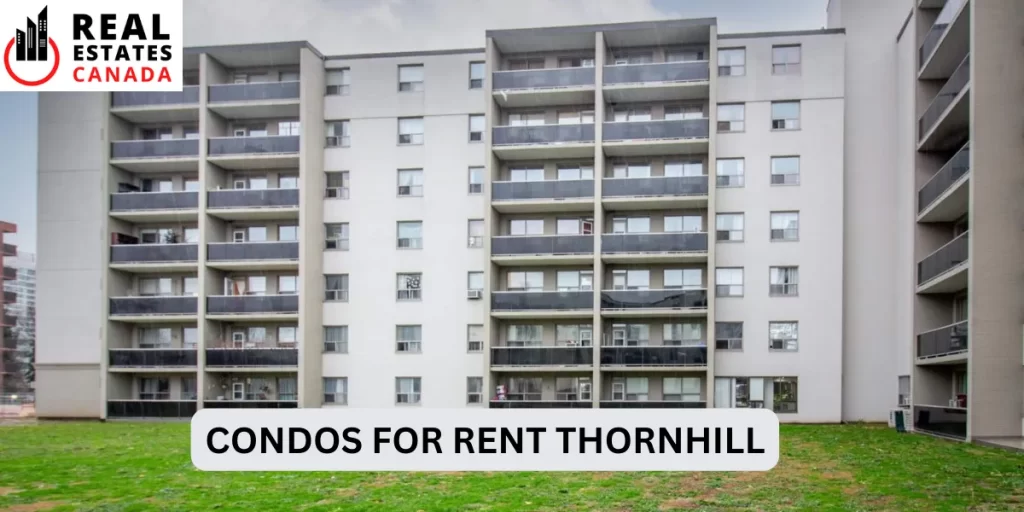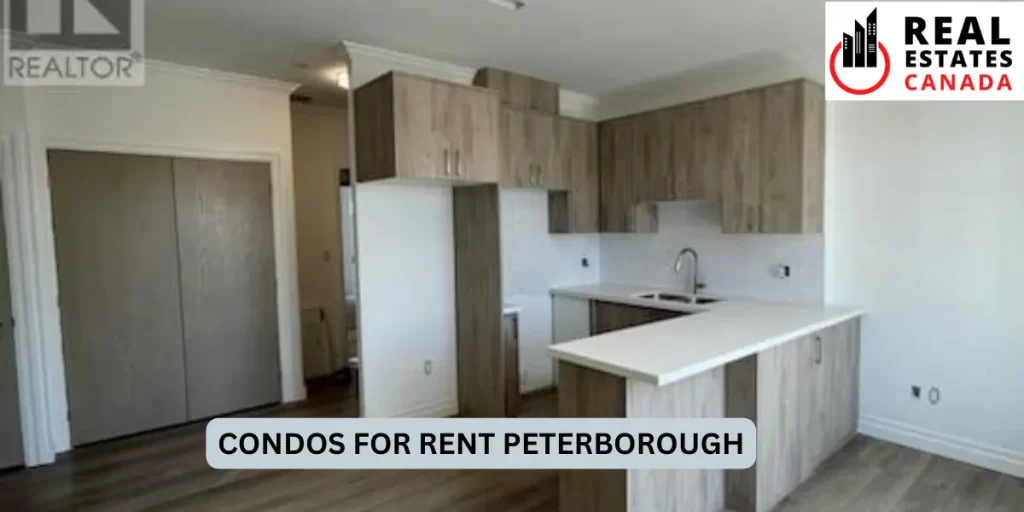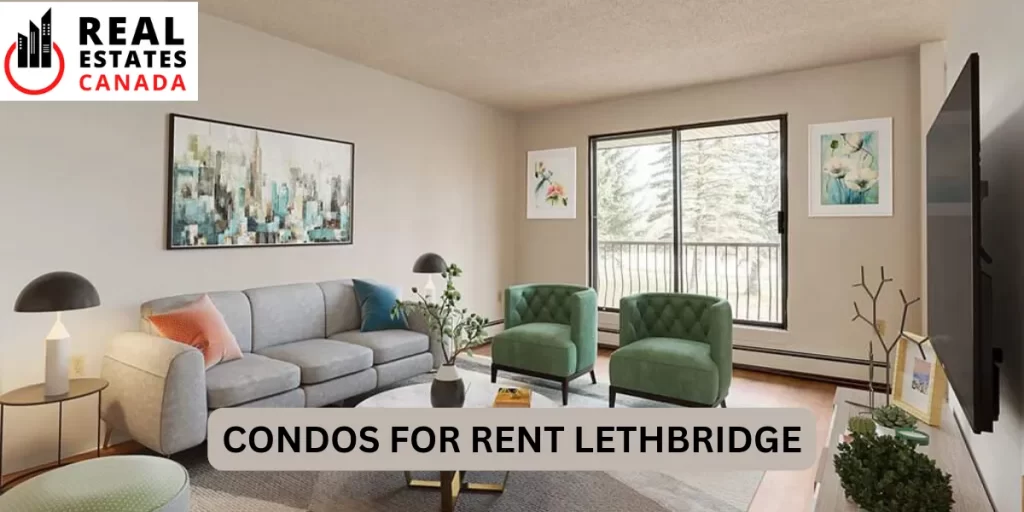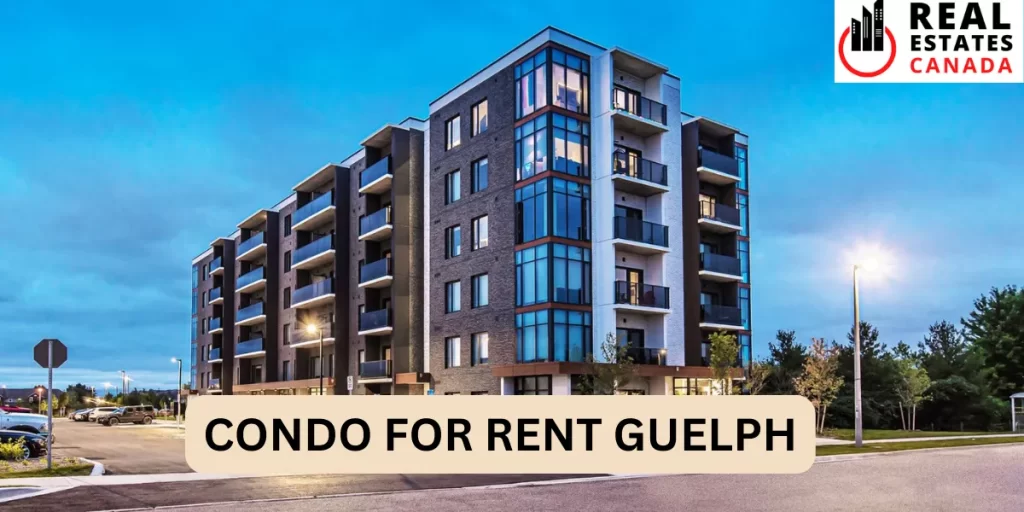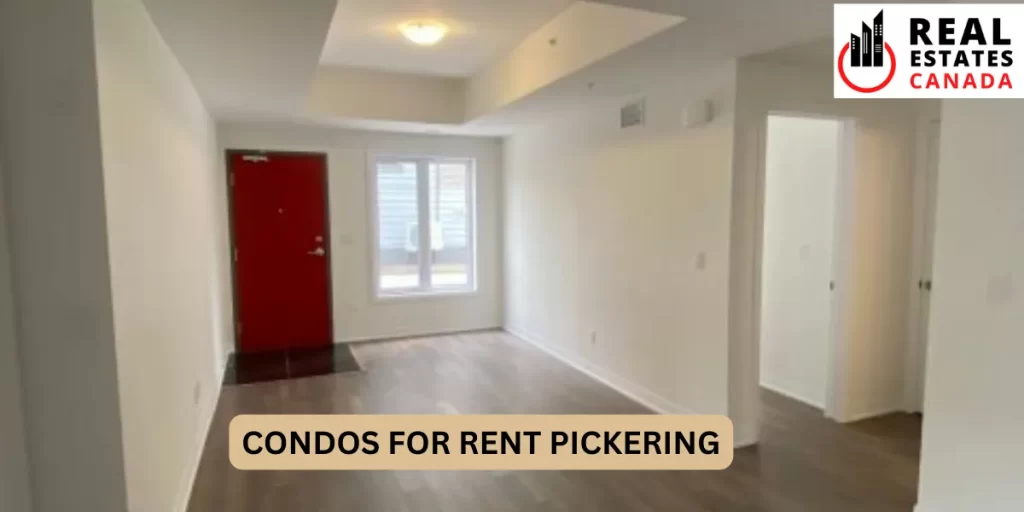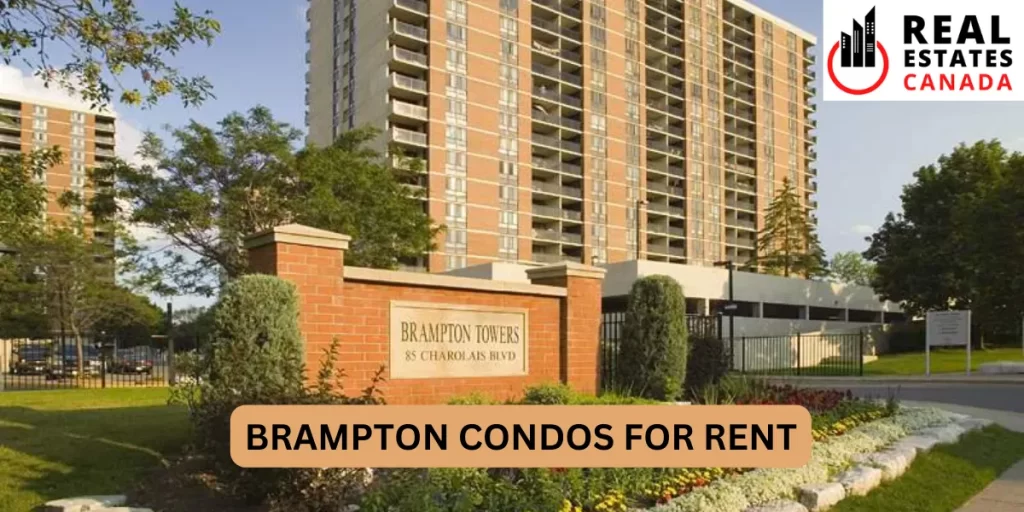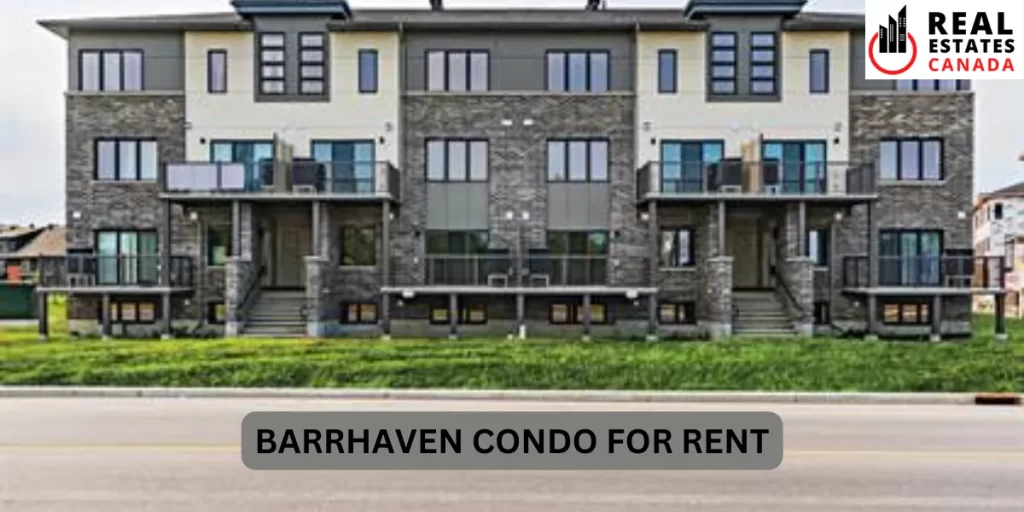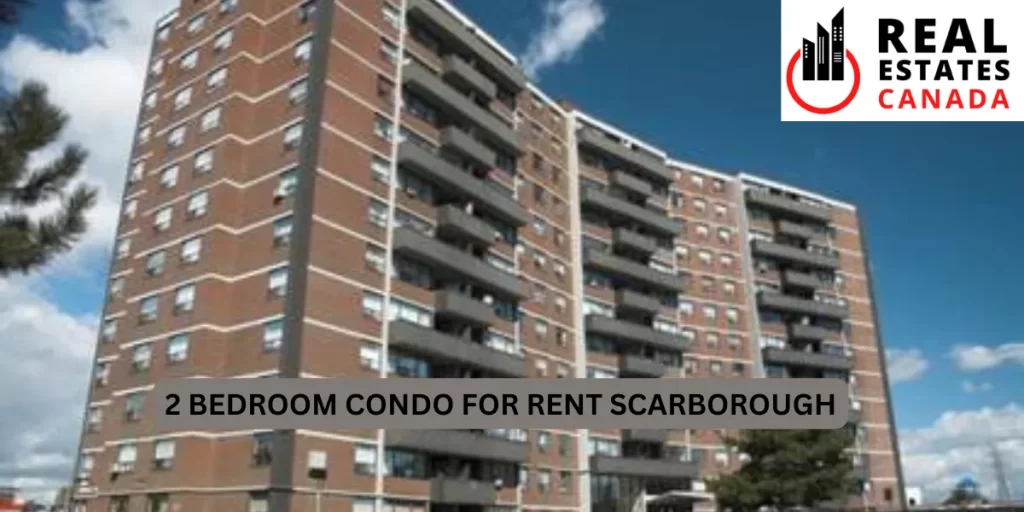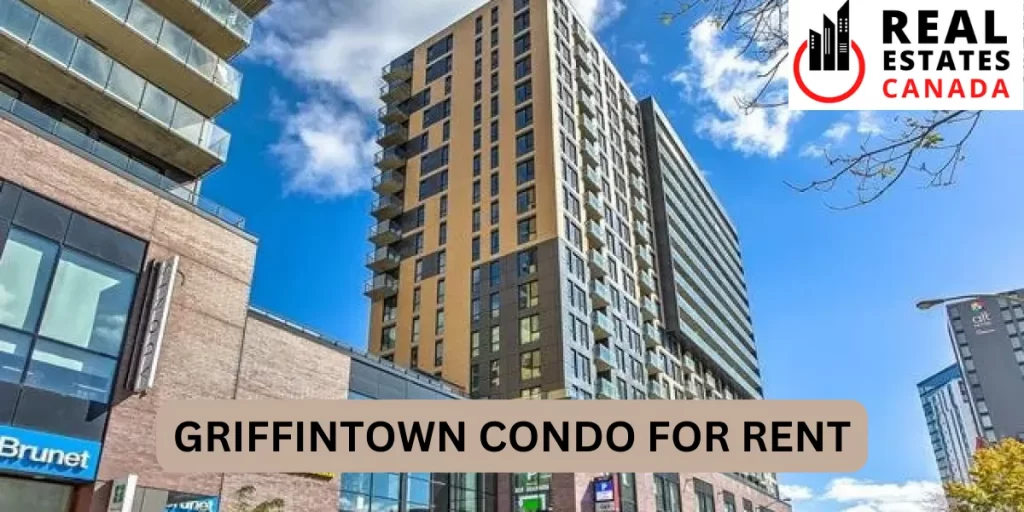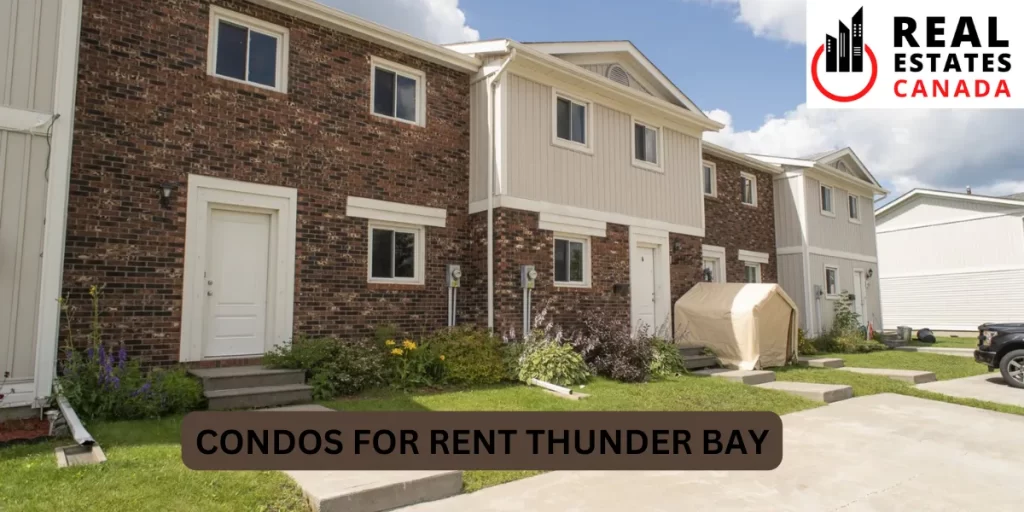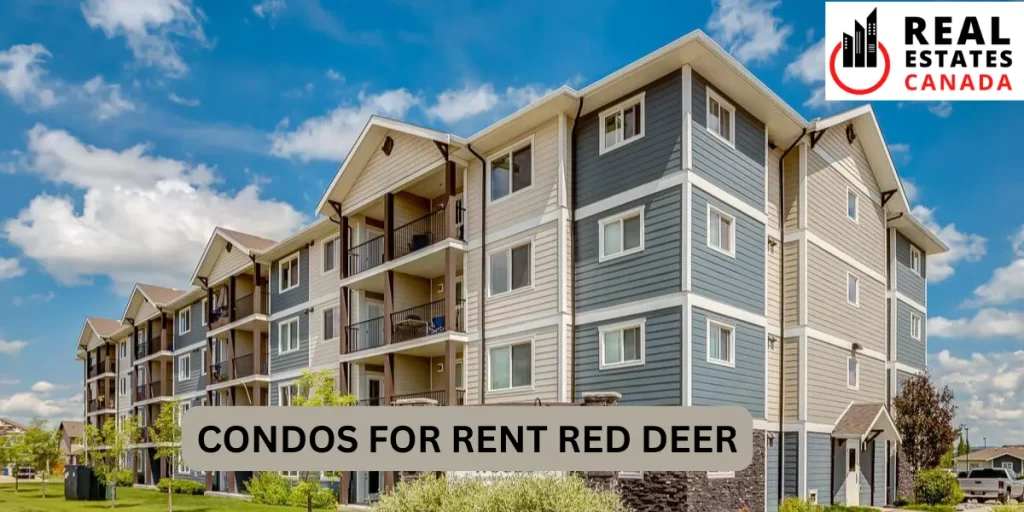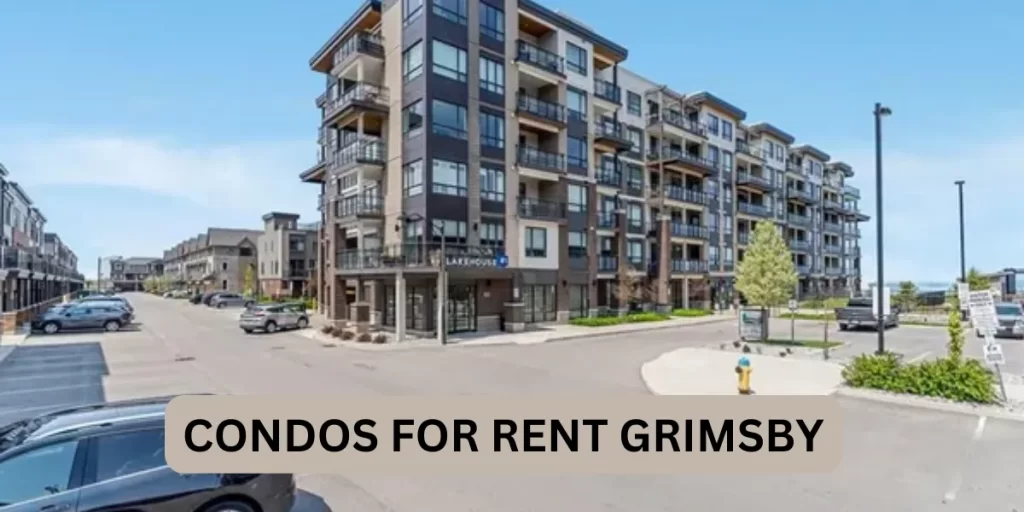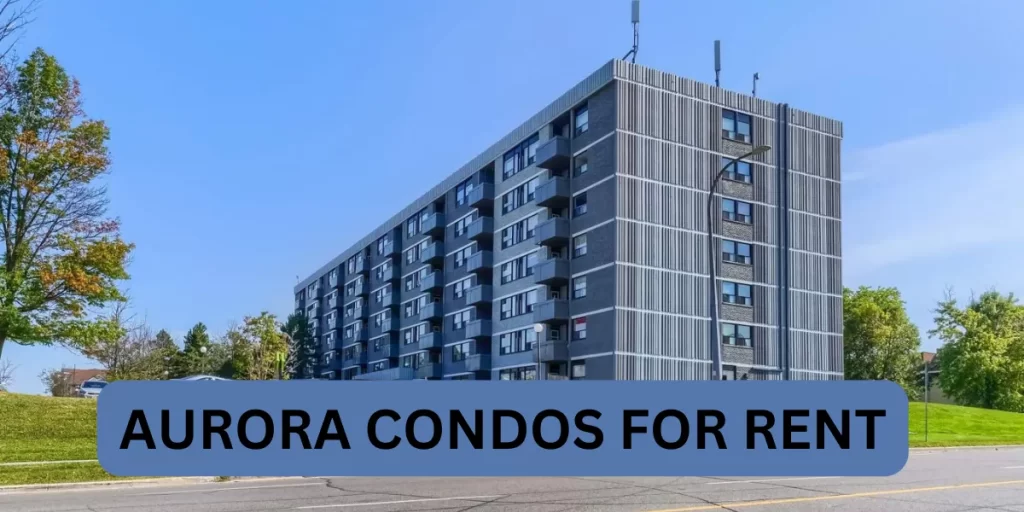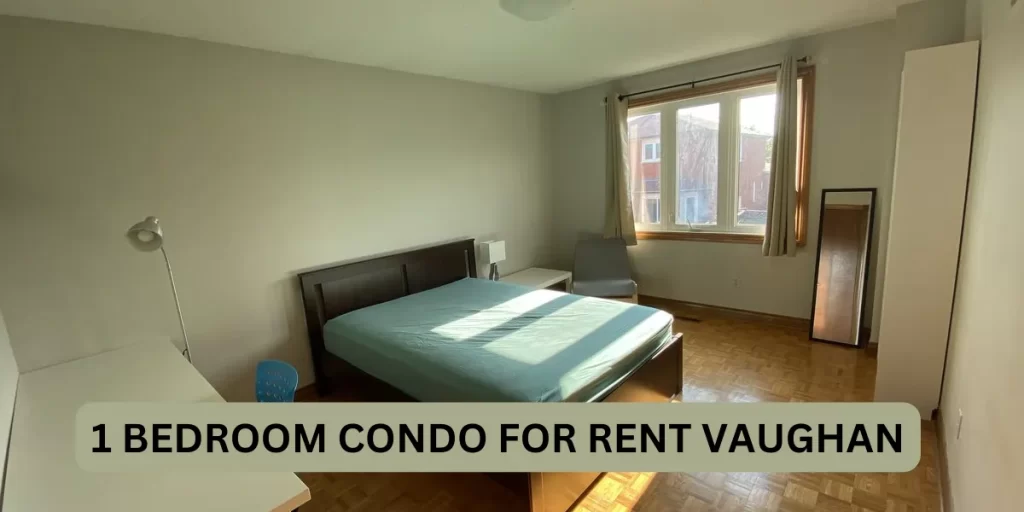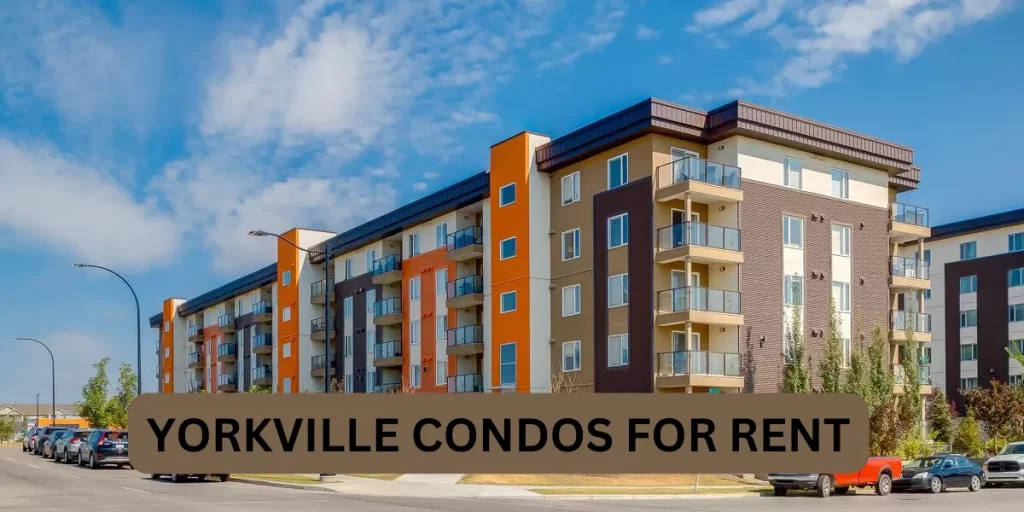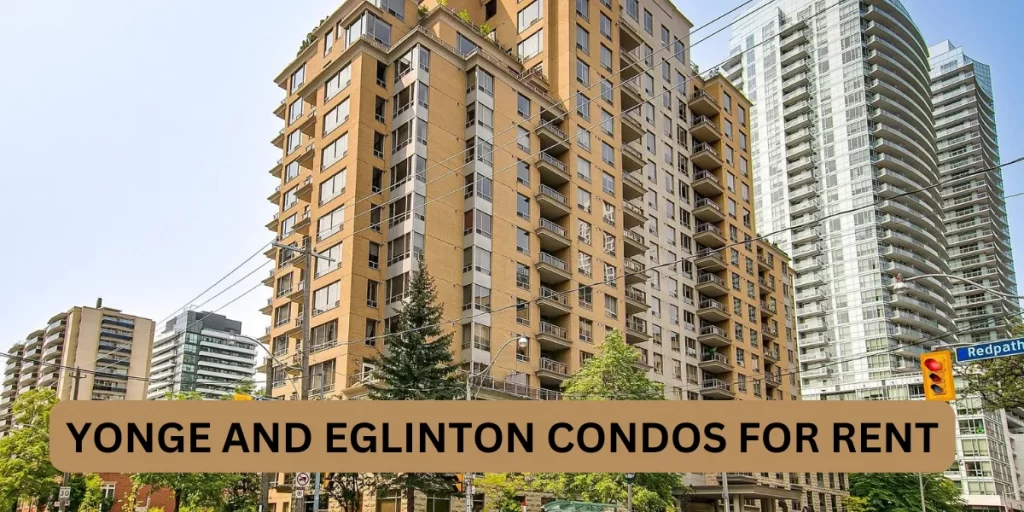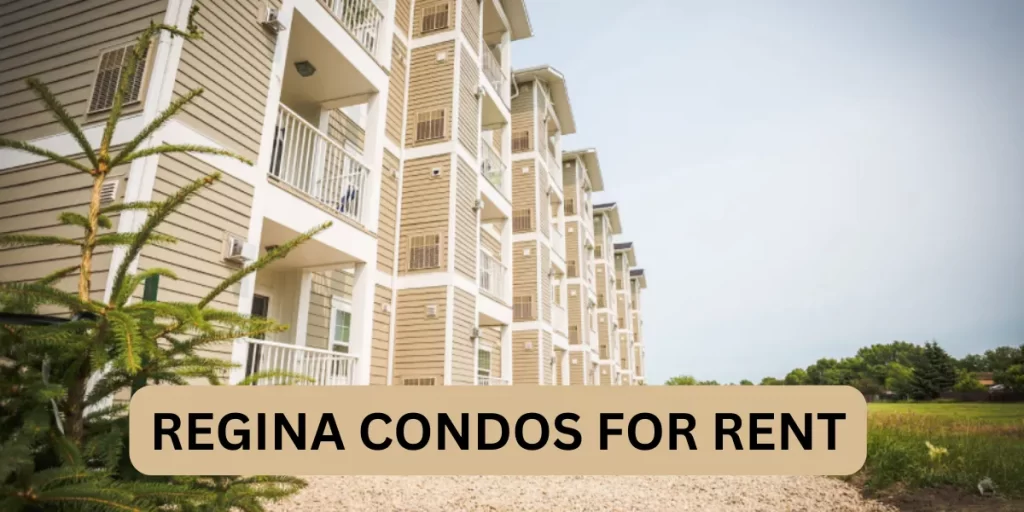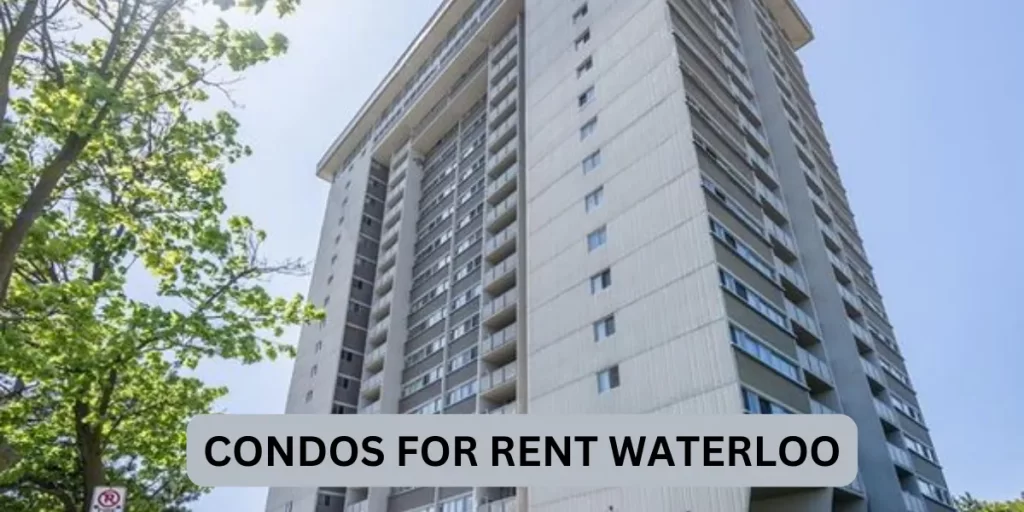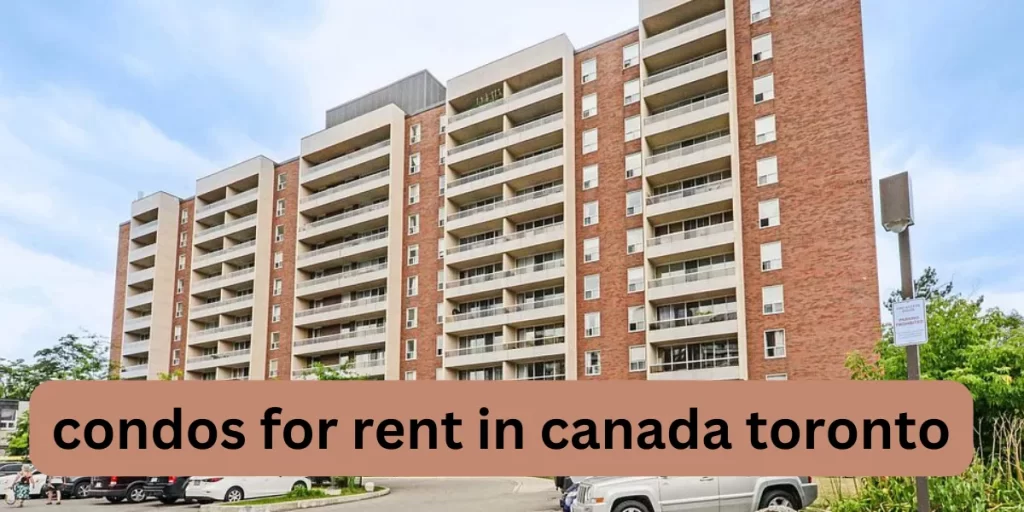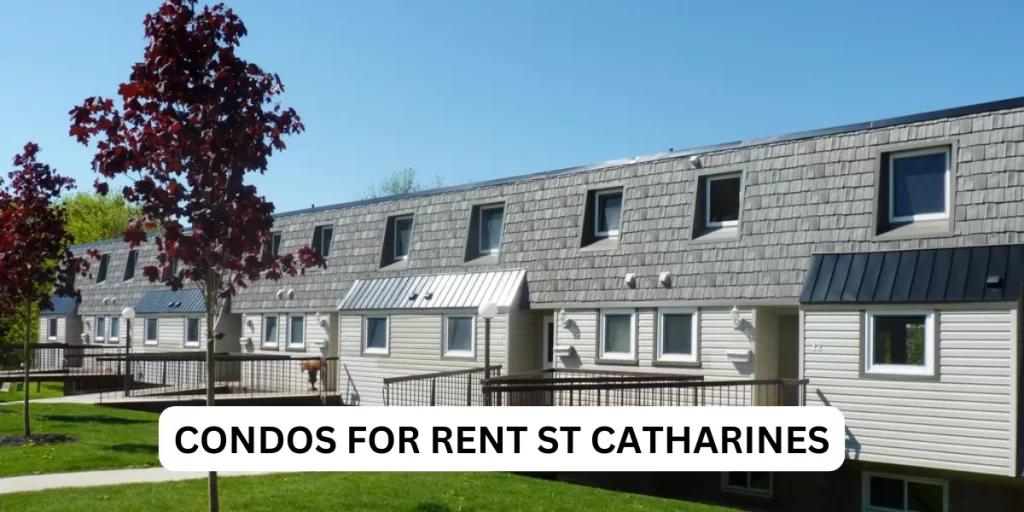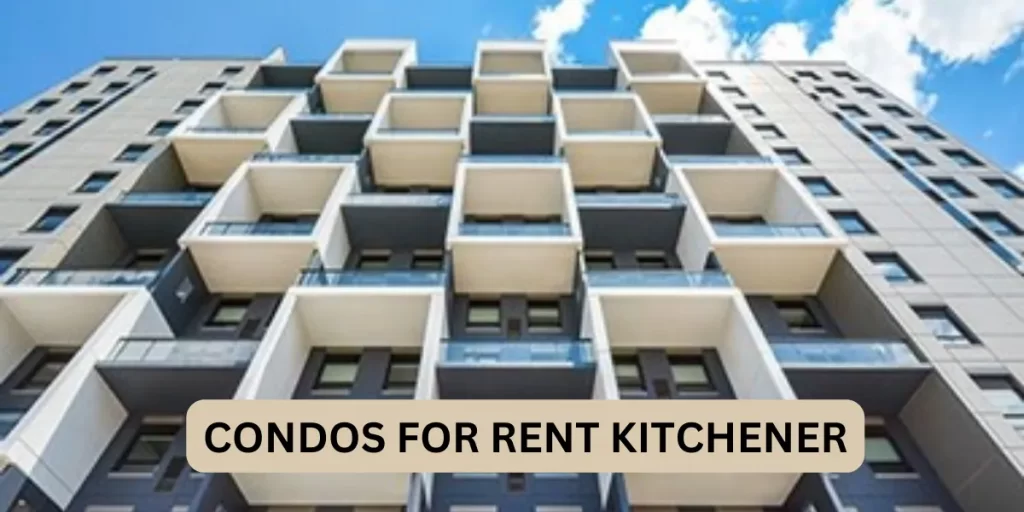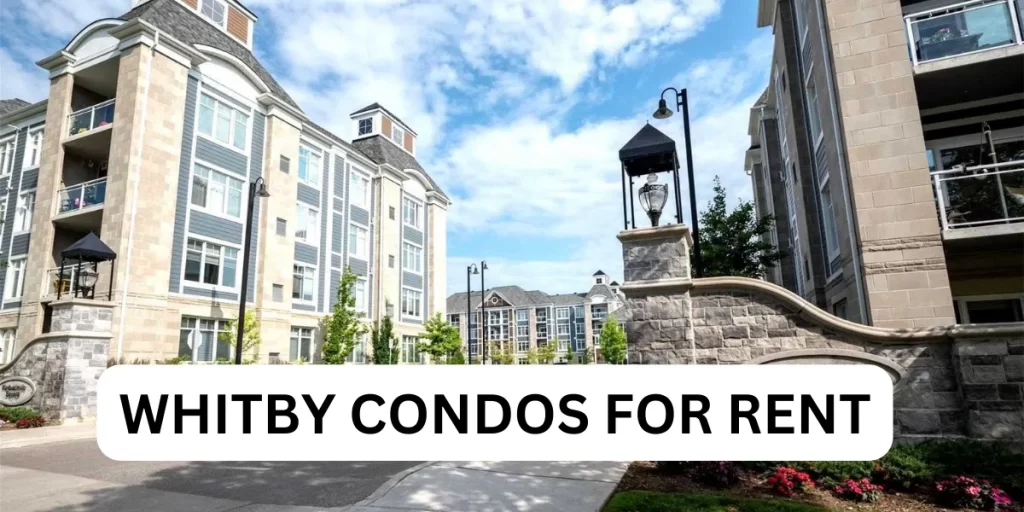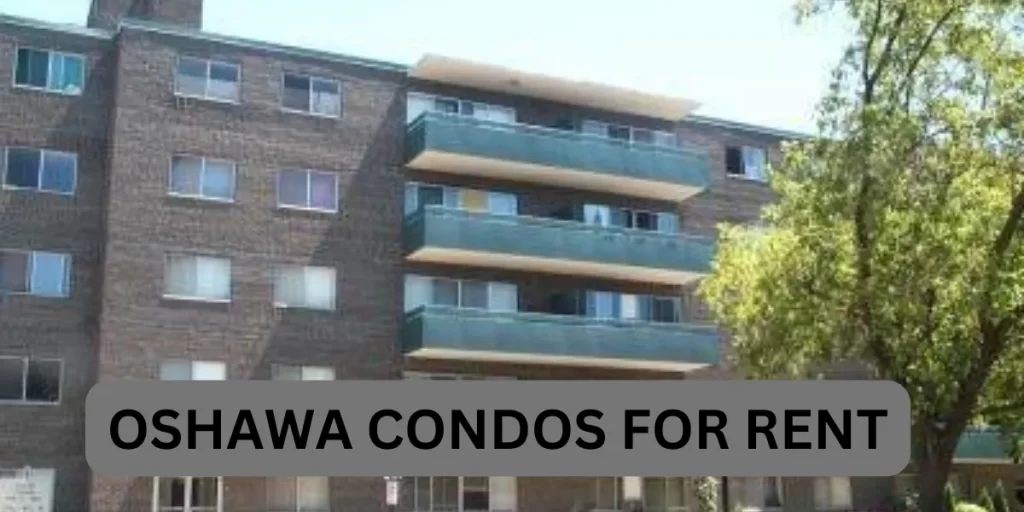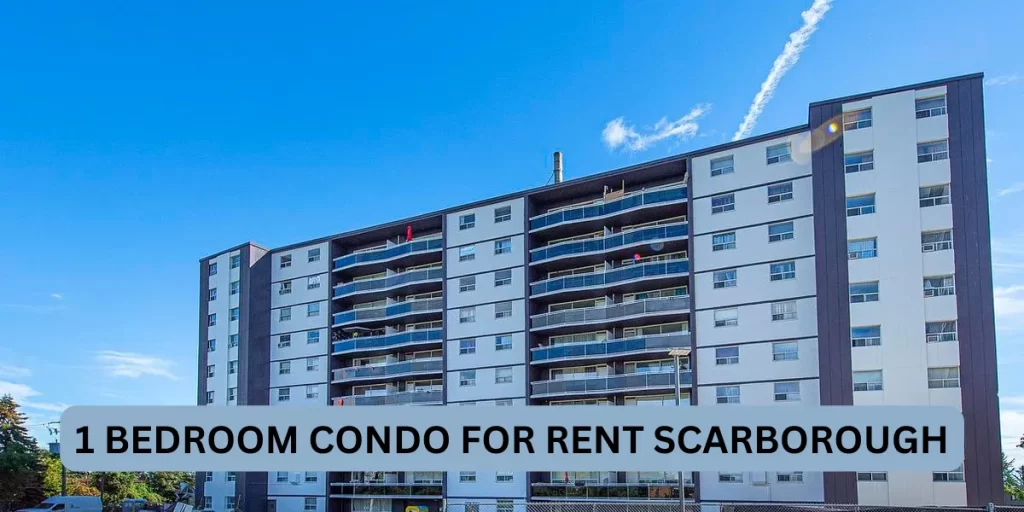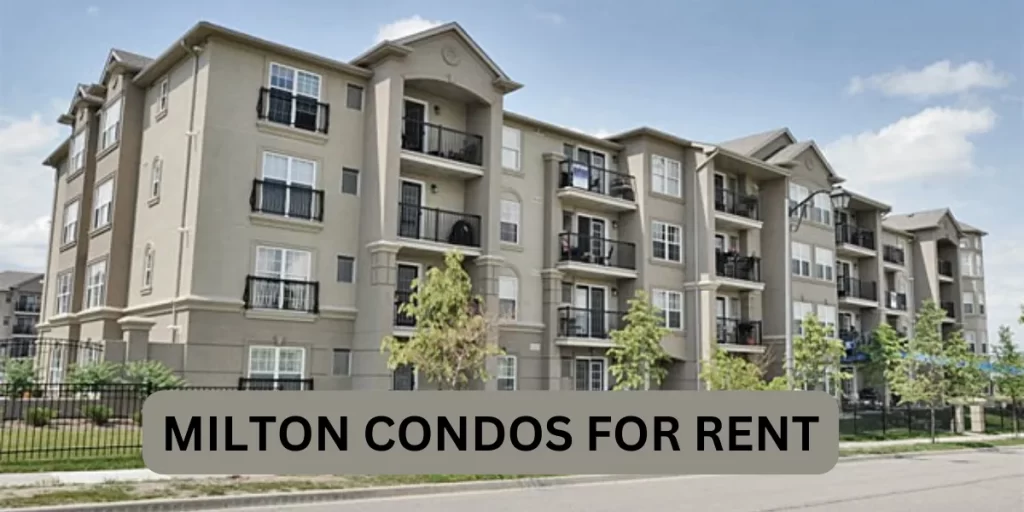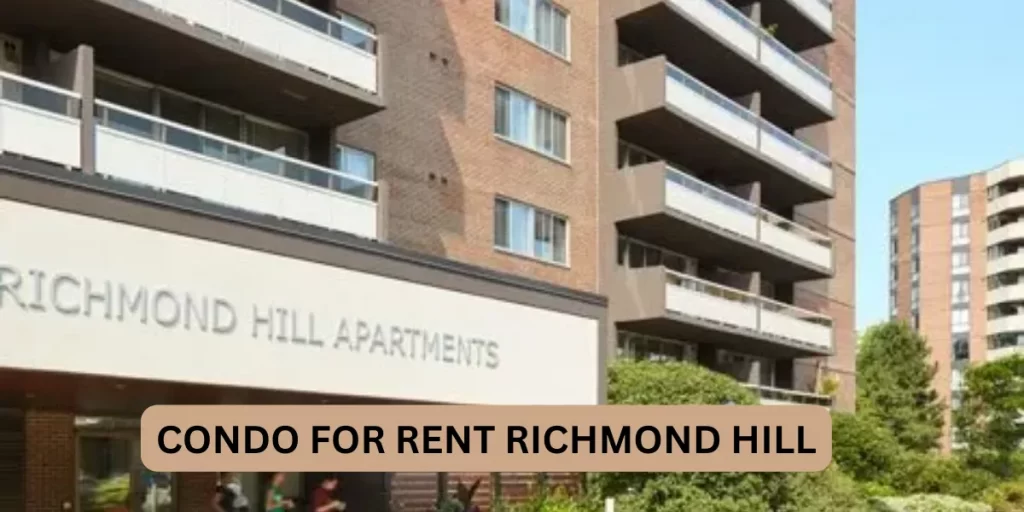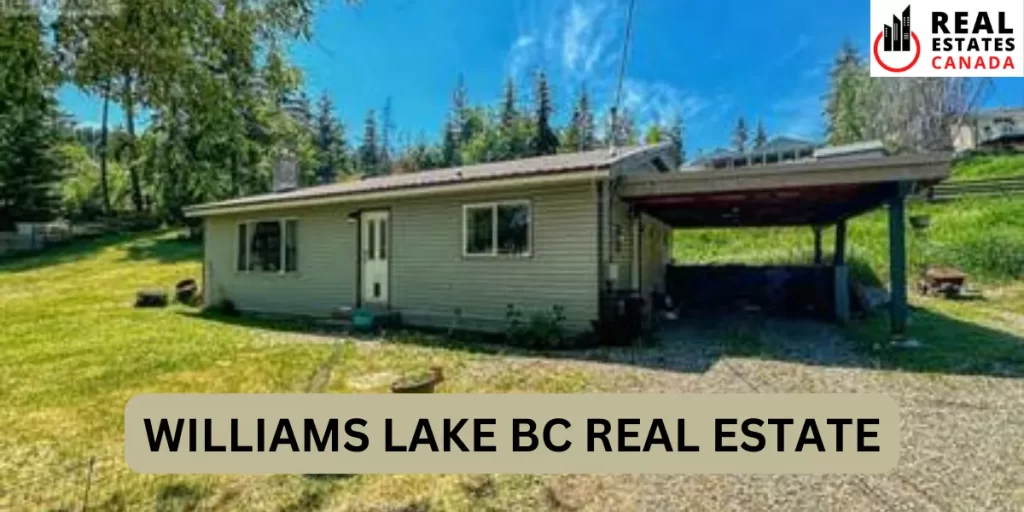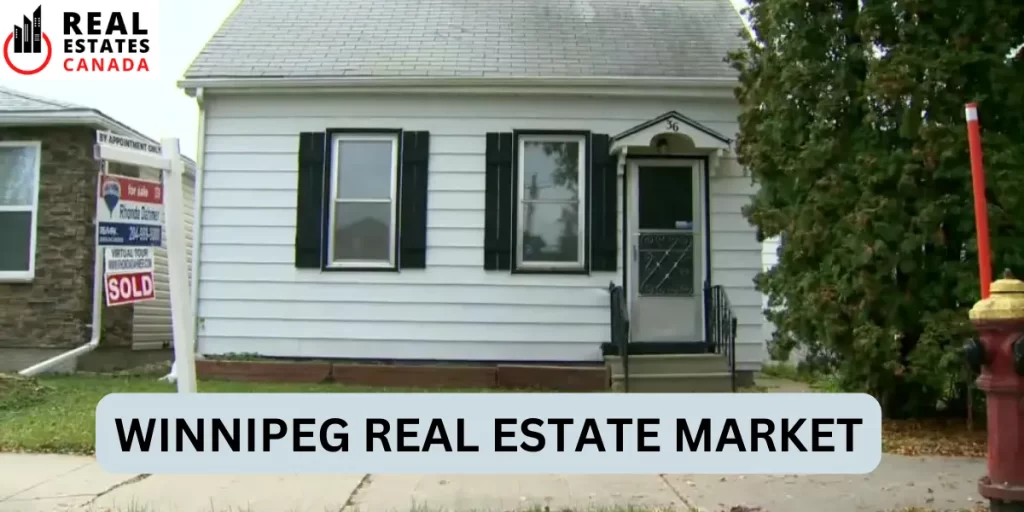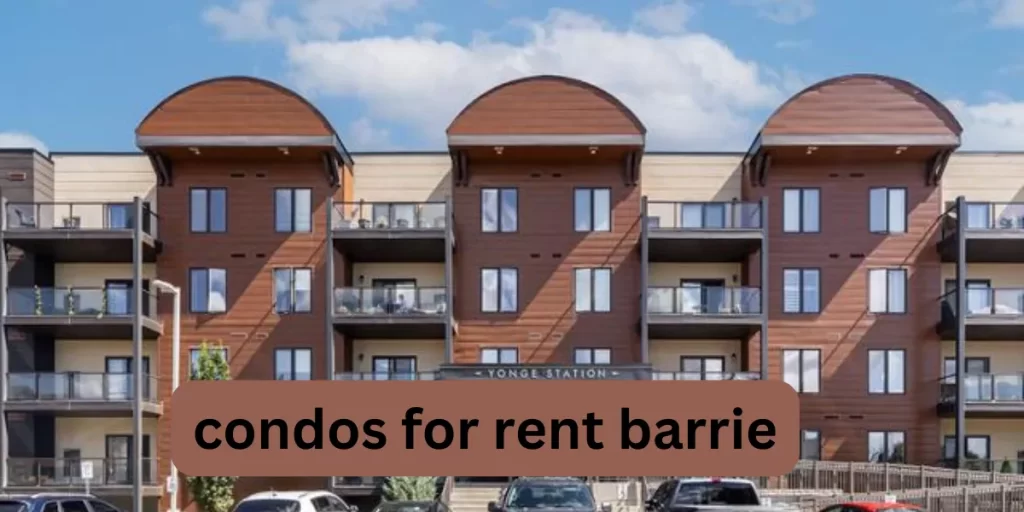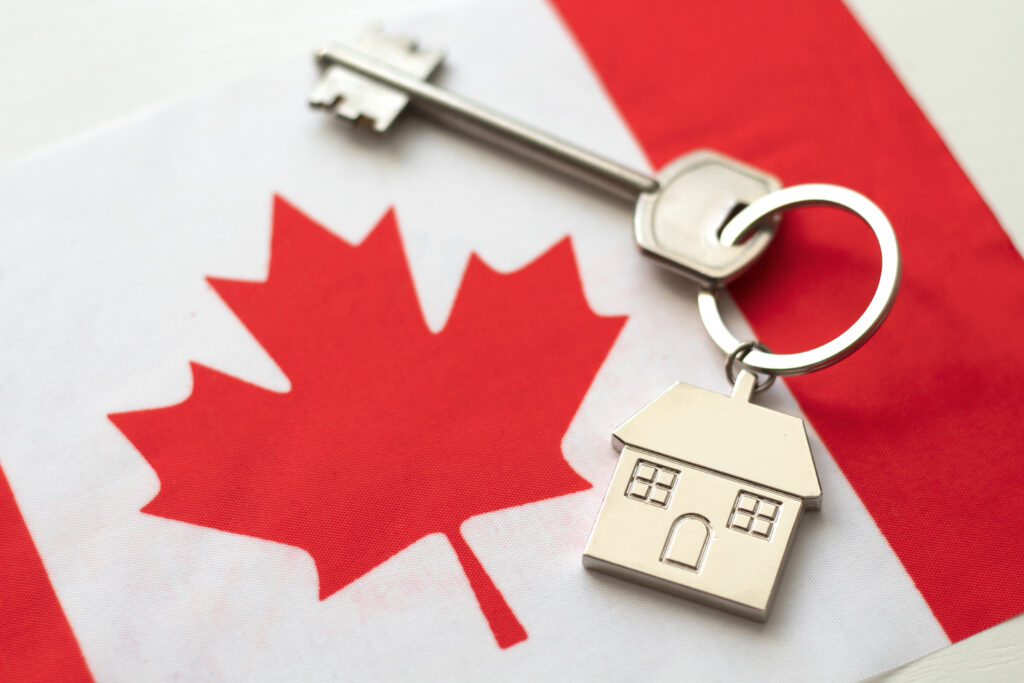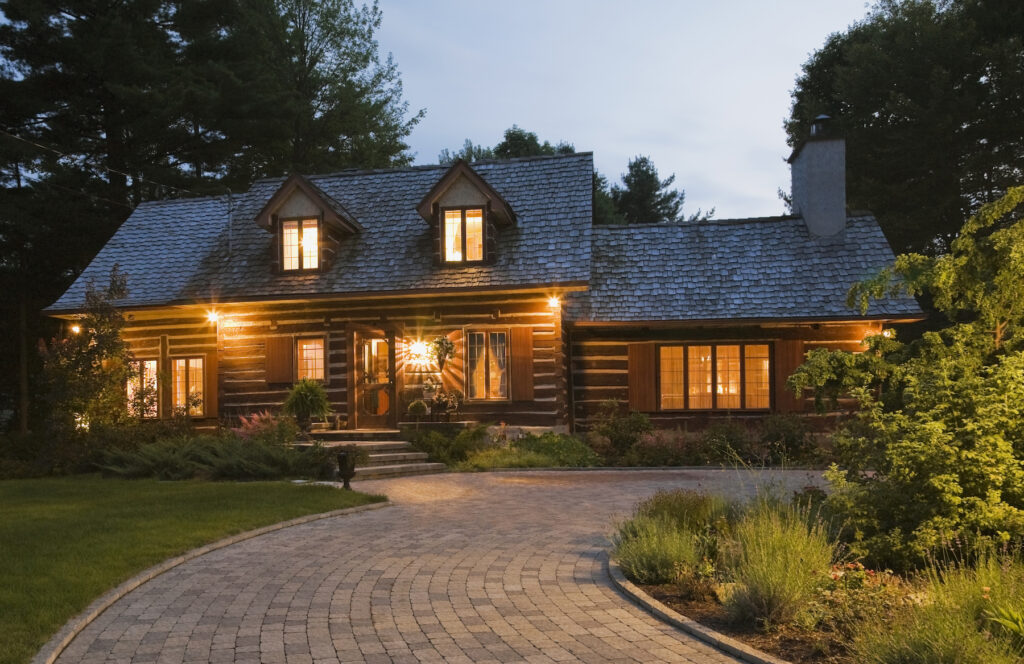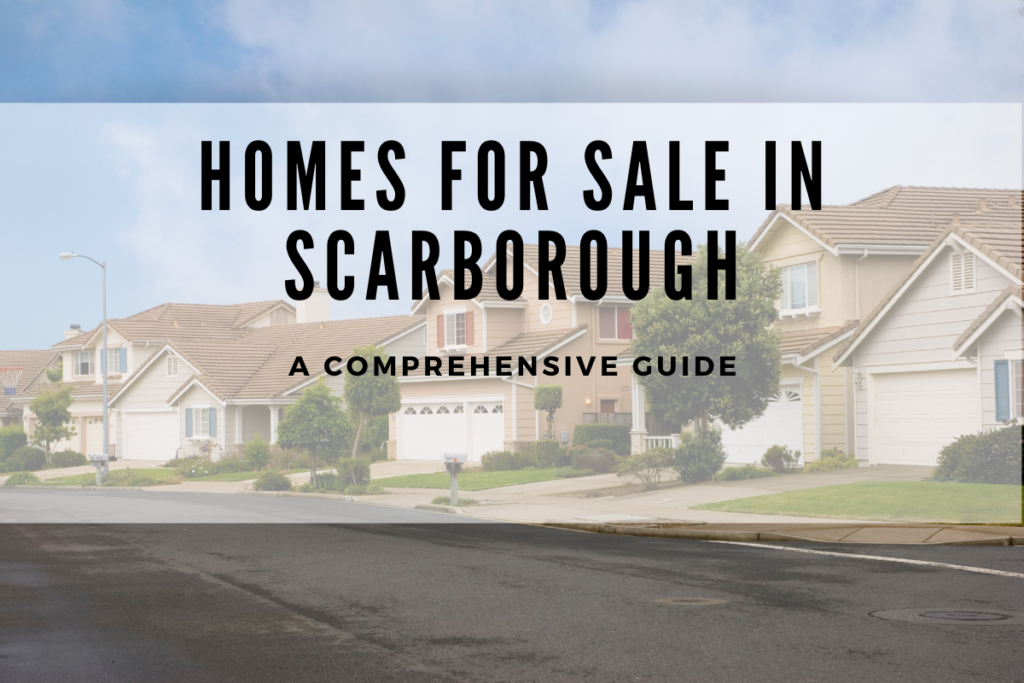How To Avoid Overpaying For A Cottage
Research Market Prices
Researching market prices is a crucial step in avoiding overpaying for a cottage. This process involves gathering comprehensive data on the cost of cottages in the desired area. Here’s how you can effectively research market prices:
Analyze Current Listings:
Start by looking at current real estate listings in the area where you plan to buy. This will give you an idea of the asking prices for similar cottages.
Check Recent Sales:
Review recent sales data for cottages in the area. This information can often be found on real estate websites, local property databases, or through a real estate agent. Recent sale prices provide a more accurate picture of the market than listing prices alone.
Use Online Tools:
Utilize online real estate platforms like Zillow, Redfin, or Realtor.com. These platforms offer tools and features to compare prices, see historical data, and track price trends over time.
Consider the Location:
Understand how location impacts prices. Factors such as proximity to water bodies, local amenities, and scenic views can significantly influence cottage prices. Comparing different neighborhoods or regions within your desired area can help you determine fair pricing.
Evaluate Market Trends:
Stay informed about market trends. Real estate markets can fluctuate based on economic conditions, seasonality, and other factors. Understanding whether the market is currently favoring buyers or sellers will help you negotiate a better price.
Consult Real Estate Reports:
Look for market reports from reputable sources such as real estate firms, local government agencies, or industry associations. These reports often provide insights into market conditions, price trends, and forecasts.
Talk to Local Experts:
Engage with local real estate agents, brokers, or even long-time residents. Their firsthand knowledge and experience can offer valuable context that you might not find in data alone.
Adjust for Property Features:
When comparing prices, account for differences in property features such as size, age, condition, and amenities. A well-maintained cottage with modern upgrades will naturally command a higher price than one needing significant repairs.
By thoroughly researching market prices, you can build a solid foundation for understanding what constitutes a fair price for the cottage you are interested in. This knowledge equips you with the confidence to make informed decisions and negotiate effectively, ensuring you don’t overpay for your new property.
Work with a Local Real Estate Agent

Collaborating with a local real estate agent is a strategic move to avoid overpaying for a cottage. Local agents bring a wealth of knowledge and experience that can be crucial in making informed decisions. Here’s why working with a local real estate agent can help you secure the best deal:
In-depth Market Knowledge:
Local real estate agents possess a deep understanding of the area’s market trends, property values, and neighborhood dynamics. Their insights can help you gauge whether a cottage is priced appropriately.
Access to Exclusive Listings:
Agents often have access to listings that may not be widely advertised or available on public real estate platforms. This can give you a competitive edge in finding hidden gems or newly listed properties before others do.
Expert Negotiation Skills:
Experienced agents are skilled negotiators. They can help you navigate price discussions with sellers, leveraging their knowledge of the market to advocate for a fair price on your behalf.
Guidance on Local Regulations and Zoning:
Understanding local regulations, zoning laws, and property taxes is essential when purchasing a cottage. A local agent can provide guidance on these aspects, ensuring you comply with all legal requirements and avoid potential pitfalls.
Connections with Other Professionals:
Local agents often have a network of trusted professionals, including inspectors, appraisers, contractors, and mortgage brokers. These connections can facilitate a smoother buying process and help you obtain reliable services at fair prices.
Assistance with Property Evaluation:
An agent can accompany you during property viewings, helping you assess the cottage’s condition and identify any issues that could affect its value. They can also offer advice on whether a property is worth the asking price based on its features and condition.
Local Market Trends Analysis:
Agents continuously monitor local market trends and can provide data on recent sales, price fluctuations, and the overall direction of the market. This information is critical for making an informed purchase decision.
Customized Property Searches:
Based on your preferences and budget, a local agent can tailor property searches to meet your specific needs. This personalized approach saves you time and ensures you focus only on cottages that meet your criteria.
Professional Advice on Offers:
When you find a cottage you like, your agent can help you craft a competitive offer that reflects the property’s true market value. They can also advise on contingencies and other terms to include in your offer to protect your interests.
Streamlined Transaction Process:
Real estate transactions involve a lot of paperwork and coordination. A local agent can manage this process efficiently, ensuring all documents are correctly completed and deadlines are met, reducing the risk of costly mistakes.
By working with a local real estate agent, you gain access to valuable expertise and resources that can help you make a well-informed purchase. Their support and guidance can significantly enhance your ability to avoid overpaying for a cottage, ensuring you get the best value for your investment.
Get a Professional Appraisal
Obtaining a professional appraisal is a critical step in ensuring you do not overpay for a cottage. An appraisal provides an unbiased evaluation of the property’s market value, conducted by a licensed and qualified appraiser. Here’s why getting a professional appraisal is essential and what it involves:
Objective Property Valuation:
A professional appraiser provides an objective assessment of the cottage’s value based on a thorough analysis of various factors. This impartial valuation helps you understand the true worth of the property, independent of the seller’s asking price.
Detailed Property Analysis:
Appraisers conduct a comprehensive examination of the property, including its size, condition, age, construction quality, and any unique features. They also consider the lot size, layout, and overall functionality of the cottage.
Comparison with Similar Properties:
The appraiser compares the cottage to similar properties in the area that have recently sold, known as “comps” or comparable sales. This comparative analysis helps establish a fair market value by considering what buyers have recently paid for similar cottages.
Evaluation of Location Factors:
The location of the cottage plays a significant role in its value. Appraisers assess the desirability of the area, including proximity to amenities, water bodies, schools, and other attractions. They also consider local market conditions and trends.
Identification of Potential Issues:
During the appraisal, any potential issues that could affect the property’s value, such as structural problems, needed repairs, or zoning restrictions, will be identified. This information can be crucial for negotiations and future planning.
Supporting Financing Applications:
Lenders typically require a professional appraisal as part of the mortgage approval process. An accurate appraisal ensures the lender that the property’s value justifies the loan amount, reducing their risk and potentially securing better loan terms for you.
Negotiation Leverage:
Armed with a professional appraisal, you have solid evidence to support your negotiation efforts. If the appraisal reveals that the cottage is overpriced, you can use this information to negotiate a lower price with the seller.
Avoiding Overpayment:
The primary goal of an appraisal is to prevent you from overpaying. By understanding the cottage’s true market value, you can make an informed decision and avoid investing more money than the property is worth.
Peace of Mind:
Knowing the accurate value of the cottage provides peace of mind, ensuring you are making a sound financial investment. This is especially important for a significant purchase like a cottage, which may involve substantial financial commitments.
Future Resale Value Insight:
An appraisal can also give you an idea of the potential resale value of the cottage. Understanding this can help you make a decision based not only on your current needs but also on future financial considerations.
Steps Involved in Getting a Professional Appraisal

Hiring a Licensed Appraiser:
Choose a certified and experienced appraiser with a good reputation. Your real estate agent or lender can often recommend reliable professionals.
Scheduling the Appraisal:
Set up a convenient time for the appraiser to visit the cottage. Ensure all areas of the property are accessible for a thorough inspection.
Property Inspection:
The appraiser will conduct an on-site visit to evaluate the property’s physical condition, take measurements, and note any distinctive features.
Reviewing Comparable Sales:
The appraiser will research recent sales of similar properties in the area to determine a fair market value for the cottage.
Preparing the Appraisal Report:
After the inspection and research, the appraiser compiles their findings into a detailed report, which includes the property’s estimated value and the rationale behind it.
Receiving the Appraisal Report:
Once completed, you will receive the appraisal report, which you can review and use to inform your purchasing decision.
By obtaining a professional appraisal, you ensure that you have a clear, unbiased understanding of the cottage’s market value, protecting your investment and helping you make a more informed purchasing decision.
Conduct a Thorough Inspection
Conducting a thorough inspection is a vital step in the process of purchasing a cottage to ensure you are aware of any potential issues and to avoid overpaying. A detailed inspection can reveal hidden problems that may not be immediately apparent and help you make an informed decision about the property’s true value. Here’s what conducting a thorough inspection entails and why it’s crucial:
Hire a Qualified Home Inspector:
Engage a professional, licensed home inspector who has experience with cottages and their unique characteristics. A qualified inspector will provide a comprehensive assessment of the property’s condition.
Structural Integrity Assessment:
The inspector will examine the structural components of the cottage, including the foundation, walls, roof, and framing. This assessment helps identify any structural issues such as cracks, leaks, or sagging that could lead to costly repairs.
Electrical System Evaluation:
A thorough inspection includes checking the electrical system for safety and functionality. The inspector will look for outdated wiring, faulty outlets, and ensure the system complies with current electrical codes.
Plumbing System Inspection:
The plumbing system is examined for leaks, proper drainage, and the condition of pipes and fixtures. Identifying issues like corroded pipes or water pressure problems early on can save significant repair costs.
Heating, Ventilation, and Air Conditioning (HVAC) Check:
Inspectors evaluate the condition and efficiency of the heating and cooling systems. They will check for any signs of wear and tear, proper ventilation, and ensure the systems are functioning correctly.
Roof and Attic Examination:
The inspector will inspect the roof for damage, leaks, and the condition of shingles or other roofing materials. The attic is also checked for insulation adequacy, ventilation, and signs of water damage or pest infestations.
Foundation and Basement Inspection:
The foundation and basement (if applicable) are checked for cracks, moisture issues, and signs of settling. These areas are critical as foundation problems can be very expensive to fix.
Exterior and Grounds Review:
The exterior of the cottage, including siding, windows, doors, and decks, is inspected for damage or maintenance issues. The grounds, including landscaping and drainage systems, are also reviewed to ensure they do not contribute to property problems.
Pest and Mold Inspection:
The inspector will look for signs of pest infestations, such as termites, rodents, or ants, and check for mold or mildew, which can indicate moisture problems and potential health hazards.
Report and Recommendations:
After the inspection, you will receive a detailed report outlining the findings. The report will highlight any issues, recommended repairs, and potential future problems. This information is critical for making an informed purchasing decision.
Why Conducting a Thorough Inspection is Crucial
Uncover Hidden Problems:
Inspections can reveal issues that are not visible during a casual walkthrough, such as hidden water damage, structural weaknesses, or outdated systems.
Negotiate a Better Deal:
If significant issues are discovered, you can use the inspection report to negotiate a lower price or request that the seller address the repairs before closing.
Avoid Unexpected Costs:
Knowing about potential problems beforehand helps you avoid unexpected repair costs after purchase, ensuring the property fits within your budget.
Ensure Safety:
A thorough inspection ensures that the property is safe for you and your family, identifying potential hazards such as faulty wiring, gas leaks, or structural issues.
Plan for Future Maintenance:
The inspection report provides insight into the maintenance needs of the cottage, helping you plan and budget for future upkeep and improvements.
Make an Informed Decision:
With a detailed understanding of the property’s condition, you can make an informed decision about whether to proceed with the purchase, ask for repairs, or walk away if the issues are too severe.
Conducting a thorough inspection is an essential step in the cottage buying process. It provides a clear picture of the property’s condition, helps you avoid overpaying, and ensures you are making a wise investment.
Compare Similar Properties
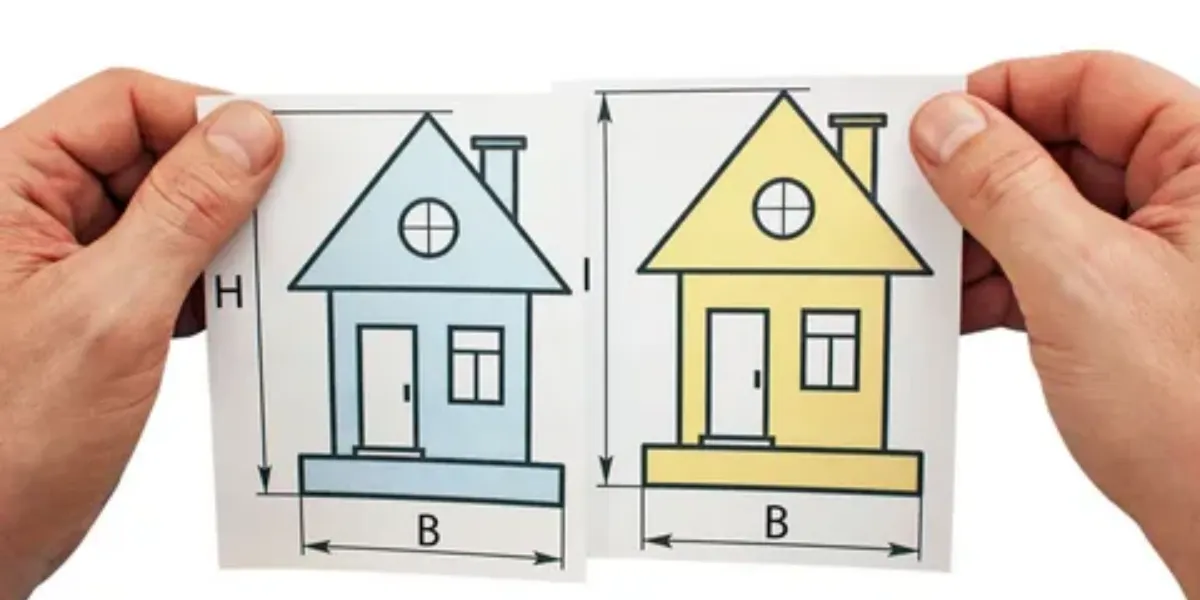
Comparing similar properties, often referred to as “comps,” is an essential step in ensuring you do not overpay for a cottage. By evaluating how other similar properties in the area are priced and what they offer, you can gauge whether the asking price for your desired cottage is fair. Here’s how to effectively compare similar properties and why it’s crucial:
Identify Comparable Properties:
Look for cottages that are similar in size, style, age, and condition to the one you are interested in. Ensure these properties are located in the same or a similar neighborhood to provide an accurate comparison.
Examine Sale Prices:
Review the sale prices of comparable properties that have been sold recently. This gives you a benchmark for what buyers are willing to pay in the current market.
Consider Property Features:
Compare the features and amenities of each property, such as the number of bedrooms and bathrooms, square footage, lot size, and any additional features like garages, decks, or waterfront access.
Evaluate Condition and Upgrades:
Assess the condition of the properties. A cottage that has been recently renovated or well-maintained will typically command a higher price than one that requires significant repairs or updates.
Analyze Location and Surroundings:
Take into account the location of the properties. Cottages in more desirable areas, such as those with better views, proximity to amenities, or lower crime rates, will generally be valued higher.
Review Market Conditions:
Understand the current market conditions in the area. In a seller’s market, prices may be higher due to higher demand, while in a buyer’s market, you might find better deals due to increased supply.
Assess Days on Market:
Look at how long comparable properties have been on the market. Properties that sell quickly may indicate a high demand, whereas those that linger could suggest they are overpriced or have other issues.
Consult with a Real Estate Agent:
Work with a local real estate agent who has access to detailed listings and sales data. An agent can provide insights and help you identify truly comparable properties.
Use Online Real Estate Tools:
Utilize online real estate platforms and tools that offer comparison features, allowing you to see side-by-side evaluations of similar properties.
Adjust for Differences:
Make adjustments for any differences between the properties. For example, if a comparable cottage has an extra bathroom or a larger lot, factor this into your comparison to ensure an apples-to-apples assessment.
Why Comparing Similar Properties is Crucial
Determine Fair Market Value:
Comparing similar properties helps you determine the fair market value of the cottage you’re interested in. This ensures you have a realistic understanding of what you should be paying.
Strengthen Negotiation Position:
Armed with data on comparable properties, you are better equipped to negotiate with the seller. You can present evidence of similar properties being sold for less to justify a lower offer.
Avoid Overpaying:
By understanding the prices of similar properties, you can avoid overpaying for a cottage. This helps protect your financial investment and ensures you get value for your money.
Identify Market Trends:
Comparing properties allows you to identify market trends, such as rising or falling prices, which can influence your buying decision and timing.
Make Informed Decisions:
With comprehensive comparisons, you can make informed decisions about whether a property is worth pursuing, whether to negotiate harder, or whether to walk away.
Ensure Investment Value:
If you’re buying a cottage as an investment, comparing similar properties ensures that you are making a sound financial decision that is likely to appreciate in value.
Understand Local Market Dynamics:
Each real estate market has its unique dynamics. Comparing similar properties helps you understand the specifics of the local market, including what features and amenities are most valued.
Steps to Compare Similar Properties
Collect Data:
Gather information on recently sold, currently listed, and pending sales of similar cottages in the area.
Create a Comparison Chart:
Use a chart or spreadsheet to list the key features and prices of each comparable property for easy side-by-side comparison.
Analyze and Adjust:
Carefully analyze the data and make adjustments for any differences in features, condition, and location to arrive at a fair value estimate.
Consult Experts:
Discuss your findings with your real estate agent to get their professional opinion and additional insights.
By thoroughly comparing similar properties, you ensure that you have a clear and accurate understanding of the cottage’s market value, helping you make a well-informed purchase decision and avoid overpaying.
Compare Similar Properties
Comparing similar properties, commonly known as “comparables” or “comps,” is a critical step in evaluating whether the asking price for a cottage is fair. This process involves analyzing properties similar to the one you’re interested in to determine its true market value. Here’s a detailed explanation of how to effectively compare similar properties and why it’s important:
Identify Comparable Properties:
Start by identifying cottages that are similar in terms of size, style, age, and condition. The closer the match, the more accurate your comparison will be.
Consider Location:
Location significantly impacts property value. Ensure that the comparable properties are in the same or a very similar area as the cottage you are considering. Differences in neighborhood amenities, proximity to water, and overall desirability can affect prices.
Review Recent Sales:
Look at the sale prices of similar cottages that have sold within the last six months. This gives you a snapshot of the current market conditions and what buyers are willing to pay.
Evaluate Current Listings:
Check the asking prices of comparable cottages currently on the market. While these prices are not final, they can indicate market trends and seller expectations.
Analyze Property Features:
Compare the specific features of each property, such as the number of bedrooms and bathrooms, square footage, lot size, presence of a garage or outbuildings, and special features like fireplaces, decks, or waterfront access.
Assess Condition and Upgrades:
Consider the condition of each property. A well-maintained or recently renovated cottage will typically have a higher value than one needing significant repairs or updates.
Examine Market Trends:
Understand broader market trends. Are prices in the area rising or falling? Is there high demand for cottages? This context helps you interpret the data more accurately.
Consult Real Estate Professionals:
Work with a local real estate agent who has access to detailed listings and sales data. Their expertise can provide valuable insights and help you identify truly comparable properties.
Use Online Real Estate Tools:
Utilize online platforms such as Zillow, Realtor.com, or Redfin, which offer tools to compare properties. These platforms often provide historical data, price trends, and detailed property descriptions.
Adjust for Differences:
Make adjustments for any differences between the properties. For example, if a comparable cottage has an extra bathroom or a larger lot, factor this into your analysis to ensure an accurate comparison.
Why Comparing Similar Properties is Crucial
Determine Fair Market Value:
By comparing similar properties, you can determine the fair market value of the cottage you’re interested in. This helps ensure you don’t overpay.
Strengthen Negotiation Position:
Having solid data on comparable properties gives you a stronger position to negotiate with the seller. You can present evidence to support a lower offer if the asking price is higher than similar properties.
Avoid Overpaying:
Understanding the prices of similar properties helps you avoid overpaying. This ensures you make a financially sound investment.
Identify Market Trends:
Comparing properties helps you identify local market trends, such as increasing or decreasing prices, which can influence your buying decision and timing.
Make Informed Decisions:
With comprehensive comparisons, you can make informed decisions about whether to pursue, negotiate, or walk away from a property.
Ensure Investment Value:
For those buying a cottage as an investment, comparing similar properties ensures you are making a sound financial decision likely to appreciate in value.
Understand Local Market Dynamics:
Each real estate market has unique dynamics. Comparing similar properties helps you understand the specifics of the local market and what features are most valued.
Steps to Compare Similar Properties
Collect Data:
Gather information on recently sold, currently listed, and pending sales of similar cottages in the area.
Create a Comparison Chart:
Use a chart or spreadsheet to list the key features and prices of each comparable property for easy side-by-side comparison.
Analyze and Adjust:
Carefully analyze the data and make adjustments for any differences in features, condition, and location to arrive at a fair value estimate.
Consult Experts:
Discuss your findings with your real estate agent to get their professional opinion and additional insights.
By thoroughly comparing similar properties, you ensure that you have a clear and accurate understanding of the cottage’s market value. This helps you make a well-informed purchase decision and avoid overpaying.
Consider the Total Cost of Ownership

When purchasing a cottage, it’s essential to consider not only the initial purchase price but also the total cost of ownership over time. This broader perspective helps you make a more informed decision about whether the investment aligns with your financial goals. Here’s a detailed explanation of why considering the total cost of ownership is crucial and what factors to take into account:
Initial Purchase Price:
The initial purchase price is the starting point. It includes the amount you pay to acquire the cottage and any associated fees such as closing costs, legal fees, and real estate agent commissions.
Property Taxes:
Property taxes vary depending on the location and assessed value of the cottage. Research the property tax rates in the area and factor this ongoing expense into your budget.
Insurance Costs:
Cottage insurance typically includes coverage for the structure, personal property, liability, and sometimes additional features like boathouses or docks. Obtain quotes from insurance providers to understand the ongoing insurance costs.
Maintenance and Repairs:
Cottages, like any property, require ongoing maintenance and occasional repairs. Budget for regular upkeep such as landscaping, cleaning, and servicing of systems like HVAC and septic. Additionally, set aside funds for unexpected repairs that may arise over time.
Utilities:
Utilities such as electricity, water, heating, and internet can contribute significantly to the total cost of ownership. Consider the average monthly or annual costs for these services in the area to estimate your ongoing expenses.
HOA or Community Fees:
If the cottage is located in a community or association, there may be homeowner association (HOA) fees or community dues. These fees typically cover amenities and communal maintenance services. Understand the amount and frequency of these fees when evaluating the total cost of ownership.
Seasonal Expenses:
Seasonal expenses can vary depending on the location and climate. For example, you may incur higher heating costs during the winter months or additional expenses for winterizing the cottage. Consider these seasonal fluctuations when budgeting for ownership costs.
Travel Expenses:
Factor in travel expenses associated with visiting the cottage, especially if it’s located a significant distance from your primary residence. This includes fuel costs, transportation fees, and accommodation expenses if you stay in the area overnight.
Rental Income or Opportunity Costs:
If you plan to rent out the cottage when you’re not using it, consider the potential rental income as part of the total cost of ownership. Alternatively, if you’re sacrificing other investment opportunities to purchase the cottage, factor in the opportunity costs of tying up your capital in real estate.
Future Renovations or Upgrades:
Anticipate future renovations or upgrades that may be necessary or desired to improve the cottage’s value, functionality, or aesthetics. Budget accordingly for these projects over time.
Why Considering the Total Cost of Ownership is Crucial
Holistic Financial Planning:
Considering the total cost of ownership allows for more comprehensive financial planning, ensuring you can afford the ongoing expenses associated with owning a cottage.
Avoiding Financial Stress:
By understanding the full financial implications upfront, you can avoid unexpected expenses and minimize financial stress down the line.
Making Informed Decisions:
Factoring in all ownership costs helps you make informed decisions about whether the cottage fits within your budget and aligns with your long-term financial goals.
Accurate Budgeting:
Knowing the total cost of ownership allows for accurate budgeting, ensuring you set aside adequate funds for ongoing expenses and avoid financial strain.
Realistic Return on Investment:
Understanding the total cost of ownership helps you evaluate the potential return on investment (ROI) of owning a cottage, considering both expenses and potential income from rentals or property appreciation.
Long-Term Sustainability:
Considering all ownership costs ensures the sustainability of your investment over the long term, helping you maintain and enjoy the cottage for years to come.
Steps to Consider the Total Cost of Ownership
Gather Information:
Collect data on all potential ownership costs, including taxes, insurance, maintenance, utilities, and other expenses.
Create a Budget:
Use the gathered information to create a detailed budget that outlines all anticipated ownership costs on a monthly, quarterly, or annual basis.
Factor in Contingencies:
Include a buffer in your budget to account for unexpected expenses or fluctuations in costs over time.
Review and Adjust:
Regularly review your budget and adjust as needed based on changes in expenses, income, or other financial factors.
Seek Professional Advice:
Consider consulting with financial advisors, real estate professionals, or accountants to ensure your budget and financial plan are sound and aligned with your overall financial strategy.
By considering the total cost of ownership, you can make a more informed decision about whether purchasing a cottage is financially feasible and sustainable for your lifestyle and financial situation. This holistic approach to evaluating ownership costs ensures that you are prepared for all aspects of cottage ownership and can fully enjoy the benefits of your investment.
Understand Seasonal Price Fluctuations

Understanding seasonal price fluctuations is essential when purchasing a cottage, as prices can vary significantly depending on the time of year. Being aware of these fluctuations helps you make informed decisions about when to buy and can potentially save you money. Here’s a comprehensive explanation of why understanding seasonal price fluctuations is crucial and how they can impact your cottage purchase:
High Season vs. Low Season:
Many cottage markets have distinct high and low seasons. High season typically coincides with warmer months when demand for cottages is highest, while low season occurs during colder months when demand decreases.
Increased Demand in High Season:
During high season, demand for cottages tends to surge as people seek vacation homes or rental properties for summer getaways. This increased demand can drive up prices and make it more challenging to find affordable options.
Lower Demand in Low Season:
In contrast, low season sees a decrease in demand, leading to more inventory available and potentially lower prices. Sellers may be more motivated to negotiate, offering discounts or incentives to attract buyers during this time.
Weather-Dependent Markets:
Cottage markets in regions with distinct seasonal weather patterns often experience more pronounced price fluctuations. For example, cottages in areas with harsh winters may see prices drop significantly during the offseason.
Consideration of Seasonal Amenities:
The availability and attractiveness of seasonal amenities such as swimming, boating, and outdoor activities can influence cottage prices. Properties with desirable amenities may command higher prices during peak seasons.
Rental Income Potential:
If you plan to rent out your cottage when you’re not using it, seasonal price fluctuations can impact your rental income potential. High season rental rates may generate more income but also come with higher competition and operating costs.
Off-Peak Buying Opportunities:
Buying during the offseason or off-peak periods can present opportunities to find better deals and negotiate lower prices. Sellers may be more flexible on pricing when demand is lower.
Market Trends and Forecasting:
Monitoring seasonal price fluctuations allows you to identify market trends and forecast future price movements. This insight helps you time your purchase for optimal value.
Plan for Annual Expenses:
Understanding seasonal price fluctuations helps you plan for annual expenses associated with cottage ownership, such as property taxes, insurance premiums, and maintenance costs.
Long-Term Investment Considerations:
Seasonal price fluctuations can also influence the long-term investment potential of a cottage. Factors such as rental income, property appreciation, and resale value may be affected by seasonal market dynamics.
Why Understanding Seasonal Price Fluctuations is Crucial
Timing Your Purchase:
Knowing when prices are likely to be lower allows you to time your purchase for maximum savings and value.
Budgeting and Financial Planning:
Understanding seasonal price fluctuations helps you budget and plan for the total cost of cottage ownership, including potential variations in expenses.
Maximizing Investment Value:
By purchasing during off-peak periods or when prices are lower, you can potentially maximize the investment value of your cottage.
Avoiding Overpaying:
Awareness of seasonal price fluctuations helps you avoid overpaying for a cottage by waiting for more favorable buying conditions.
Strategic Negotiation:
Knowledge of seasonal market trends allows you to negotiate from a position of strength, leveraging lower demand periods to secure better deals.
Steps to Understand Seasonal Price Fluctuations
Research Market Trends:
Analyze historical sales data and market reports to identify seasonal patterns and trends in cottage prices.
Consult Local Experts:
Work with local real estate agents or professionals who have firsthand knowledge of seasonal market dynamics in the area.
Monitor Listing Activity:
Keep track of new listings, price reductions, and sales activity throughout the year to gauge market sentiment and pricing trends.
Consider Seasonal Factors:
Factor in seasonal amenities, weather conditions, and regional events that may influence cottage demand and pricing.
Evaluate Rental Demand:
Assess seasonal rental demand and pricing to understand how market fluctuations may impact rental income potential.
By understanding seasonal price fluctuations, you can make more informed decisions about when to buy a cottage, negotiate effectively, and maximize the value of your investment. This knowledge empowers you to navigate the cottage market with confidence and secure the best possible deal for your needs and budget.
Negotiate the Price
Negotiating the price is a crucial step in purchasing a cottage, as it allows you to potentially secure a better deal and ensure that you are not overpaying for the property. Effective negotiation requires preparation, strategy, and clear communication. Here’s a detailed explanation of why negotiating the price is essential and how to approach the negotiation process:
Maximize Value:
Negotiating the price enables you to maximize the value of your investment by aiming for a fair and competitive price that aligns with the cottage’s market value and your budget.
Avoid Overpaying:
By negotiating, you can avoid overpaying for the cottage, ensuring that you are getting the best possible deal based on the property’s condition, location, and comparable sales in the area.
Address Property Issues:
Negotiating allows you to address any property issues or concerns discovered during inspections or due diligence. You can negotiate repairs, upgrades, or price reductions to account for these factors.
Leverage Market Conditions:
Understanding market conditions and seasonal fluctuations gives you leverage in negotiations. For example, if it’s a buyer’s market with high inventory and low demand, sellers may be more willing to negotiate on price.
Demonstrate Interest and Commitment:
Negotiating demonstrates your interest and commitment to purchasing the cottage. Sellers may be more inclined to negotiate with serious buyers who are actively engaged in the process.
Explore Flexible Terms:
Negotiation isn’t just about price; it also involves negotiating other terms of the sale, such as closing date, contingencies, or inclusion of furnishings. Exploring flexible terms can make the offer more appealing to the seller.
Set Realistic Expectations:
Before entering negotiations, set realistic expectations based on market research, comparable sales, and the condition of the cottage. Understanding the property’s true value helps you negotiate effectively.
Prepare a Counteroffer:
If the seller rejects your initial offer or presents a counteroffer, be prepared to negotiate further. Consider factors such as your maximum budget, desired purchase price, and non-monetary terms you’re willing to compromise on.
Maintain Open Communication:
Effective negotiation requires open communication between both parties. Clearly communicate your needs, preferences, and concerns to the seller or their representative, and be receptive to their feedback.
Know When to Walk Away:
While negotiation is essential, know when to walk away if the seller is unwilling to meet your terms or if the price exceeds your budget. Sometimes, the best deal is the one you don’t make.
Why Negotiating the Price is Crucial
Financial Savings:
Negotiating the price can result in significant financial savings, potentially allowing you to secure the cottage at a lower cost than the initial asking price.
Fair Market Value:
Negotiation ensures that you pay a fair market value for the cottage based on its condition, location, and comparable sales in the area.
Address Property Issues:
Negotiating allows you to address any property issues or concerns discovered during inspections or due diligence, ensuring that you’re not inheriting costly problems.
Customized Terms:
Negotiation gives you the opportunity to customize the terms of the sale to better suit your needs and preferences, such as adjusting the closing date or contingencies.
Demonstrate Confidence and Assertiveness:
Effective negotiation demonstrates your confidence and assertiveness as a buyer, signaling to the seller that you are serious and committed to the purchase.
Optimize Investment Value:
By negotiating the price, you optimize the investment value of the cottage, potentially increasing your return on investment over time.
Steps to Negotiate the Price
Research Comparable Sales:
Gather data on comparable sales in the area to determine the fair market value of the cottage.
Set Your Budget and Limits:
Determine your maximum budget and the highest price you’re willing to pay for the cottage, considering factors such as financing, closing costs, and future expenses.
Craft a Competitive Offer:
Prepare a competitive offer based on your research and budget, taking into account the seller’s motivations and any property-specific considerations.
Present Your Offer:
Present your offer to the seller or their representative, accompanied by a clear explanation of your rationale and any supporting documentation.
Respond to Counteroffers:
If the seller presents a counteroffer, carefully review the terms and consider your options before responding with a counteroffer of your own or accepting the terms.
Negotiate Other Terms:
In addition to price, negotiate other terms of the sale, such as closing date, contingencies, repairs, or included items.
Seek Guidance from Professionals:
Consider seeking guidance from a real estate agent or attorney who can provide expert advice and representation during negotiations.
Maintain Flexibility and Patience:
Remain flexible and patient throughout the negotiation process, understanding that it may take time to reach a mutually acceptable agreement.
Review and Finalize Terms:
Once both parties agree on the terms of the sale, review the contract thoroughly with your agent or attorney before finalizing and signing.
Close the Deal:
After all terms are agreed upon and any necessary contingencies are met, proceed to close the deal and officially take ownership of the cottage.
By effectively negotiating the price, you can secure a better deal on your cottage purchase and ensure that you’re making a sound investment that aligns with your financial goals and preferences. Effective negotiation requires preparation, strategy, and clear communication, but the potential savings and benefits make it a crucial step in the buying process.
Be Patient and Don’t Rush
Maintaining patience and avoiding haste is crucial when purchasing a cottage. While the excitement of finding the perfect property may tempt you to rush into a decision, taking your time ensures that you make a well-considered and informed choice. Here’s a detailed explanation of why being patient and avoiding rushing is essential and how it can positively impact your cottage buying experience:
Evaluate Options Thoroughly:
Patience allows you to thoroughly evaluate all available options before making a decision. Take the time to view multiple cottages, compare features, and consider their suitability to your needs and preferences.
Research Market Conditions:
Patience enables you to research market conditions, including pricing trends, inventory levels, and seasonal fluctuations. Understanding the market helps you make a more informed decision and potentially negotiate a better deal.
Clarify Your Priorities:
Taking a step back and being patient allows you to clarify your priorities and non-negotiables for the cottage purchase. Reflect on what aspects of the property are most important to you, whether it’s location, amenities, size, or budget.
Avoid Making Emotional Decisions:
Rushing into a decision can lead to making emotional or impulsive choices. Patience allows you to approach the buying process with a clear and rational mindset, reducing the likelihood of buyer’s remorse.
Conduct Due Diligence:
Patience allows you to conduct thorough due diligence on potential properties, including inspections, title searches, and financial assessments. Rushing through these steps can result in overlooking important details or issues.
Seek Professional Advice:
Being patient gives you the time to seek advice from real estate professionals, such as agents, attorneys, or inspectors. Their expertise can provide valuable insights and guidance throughout the buying process.
Wait for the Right Timing:
Patience allows you to wait for the right timing to make an offer or negotiate with sellers. By observing market trends and seasonal fluctuations, you can identify opportune moments to proceed with your purchase.
Avoid Feeling Pressured:
Rushing can make you susceptible to feeling pressured by sellers or external factors. Patience empowers you to stay firm in your decision-making and not succumb to undue influence.
Allow Time for Reflection:
Taking your time allows for reflection and contemplation before making a final decision. Sleep on important choices, discuss them with trusted advisors, and ensure that you feel confident and comfortable with your decision.
Stay Open-Minded:
Patience encourages you to stay open-minded throughout the buying process. While it’s important to have criteria and preferences, being flexible can lead to unexpected opportunities and discoveries.
Why Being Patient and Avoiding Rushing is Crucial
Minimize Regrets:
Being patient reduces the likelihood of making impulsive decisions that you may later regret. Taking your time ensures that you’re making a choice you can feel confident about.
Make Informed Decisions:
Patience allows you to gather information, conduct research, and weigh your options thoroughly, leading to more informed and deliberate decisions.
Avoid Costly Mistakes:
Rushing into a purchase increases the risk of overlooking important details or making costly mistakes. Patience mitigates this risk by giving you the time to assess all aspects of the transaction carefully.
Maximize Satisfaction:
By being patient and deliberate, you increase the likelihood of finding a cottage that meets your needs and brings you satisfaction in the long term.
Enhance Negotiation Power:
Patience strengthens your negotiation position by allowing you to gather information, assess market conditions, and strategize effectively.
Build Confidence:
Taking your time builds confidence in your decision-making abilities and ensures that you’re not rushed into a choice that doesn’t align with your goals or preferences.
Steps to Be Patient and Avoid Rushing
Set Realistic Timelines:
Establish realistic timelines for the cottage buying process, allowing ample time for research, viewing properties, and making decisions.
Create a Checklist:
Develop a checklist of criteria and priorities for the cottage purchase to guide your search and evaluation process.
Stay Organized:
Keep track of property listings, notes, and documents to stay organized and make informed comparisons.
Seek Feedback:
Seek feedback from trusted advisors, such as real estate agents, family members, or friends, to gain perspective and insights on potential properties.
Take Breaks:
Take breaks from the search process to recharge and avoid feeling overwhelmed or fatigued.
Trust Your Instincts:
Listen to your instincts and intuition throughout the buying process. If something doesn’t feel right, take the time to investigate further or seek clarification.
Exercise Patience in Negotiations:
Be patient during negotiations, allowing time for offers and counteroffers to be exchanged and for mutually acceptable terms to be reached.
Sleep on Important Decisions:
When faced with significant decisions, give yourself time to sleep on them before committing. This allows for reflection and ensures that you’re making a choice you’re comfortable with.
Practice Mindfulness:
Practice mindfulness techniques to stay present and focused during the buying process, reducing stress and anxiety.
Remain Flexible:
Stay flexible and adaptable throughout the process, recognizing that circumstances may change, and new opportunities may arise.
By being patient and avoiding rushing, you can navigate the cottage buying process with confidence, ensuring that you make a well-considered decision that aligns with your needs, preferences, and financial goals. Patience allows you to gather information, assess options, and negotiate effectively, leading to a more satisfying and successful outcome.
Review the Financing Options Carefully
Reviewing financing options carefully is a crucial step when purchasing a cottage, as it directly impacts your ability to afford the property and the long-term financial implications of the purchase. Understanding the various financing options available and selecting the one that best suits your needs is essential for a smooth and successful transaction. Here’s a detailed explanation of why reviewing financing options carefully is crucial and how to approach this process:
Assess Affordability:
Reviewing financing options allows you to assess your affordability and determine how much you can comfortably afford to borrow based on your income, expenses, and financial goals.
Explore Lending Institutions:
Research different lending institutions, including banks, credit unions, and mortgage brokers, to explore the various financing products they offer and compare interest rates, terms, and fees.
Understand Mortgage Types:
Familiarize yourself with the different types of mortgages available, such as fixed-rate mortgages, adjustable-rate mortgages (ARMs), FHA loans, VA loans, and jumbo loans. Each type has its own eligibility criteria, interest rates, and repayment terms.
Consider Down Payment Options:
Review the down payment requirements for each financing option and assess whether you have sufficient savings to meet these requirements. Explore options for down payment assistance programs or alternative financing solutions if needed.
Evaluate Interest Rates:
Compare interest rates offered by different lenders and mortgage products to identify the most competitive rates available. Even a small difference in interest rates can have a significant impact on your monthly mortgage payments and overall borrowing costs.
Review Loan Terms:
Carefully review the terms and conditions of each loan offer, including the loan term, repayment schedule, prepayment penalties, and any associated fees. Ensure that you understand all aspects of the loan agreement before committing.
Calculate Total Costs:
Calculate the total costs associated with each financing option, including closing costs, origination fees, appraisal fees, and private mortgage insurance (PMI) if applicable. Consider the impact of these costs on your overall budget and affordability.
Assess Eligibility Requirements:
Review the eligibility requirements for each financing option, including credit score, income verification, employment history, and debt-to-income ratio. Determine whether you meet the criteria for qualification and take steps to improve your eligibility if necessary.
Consult with Financial Advisors:
Seek guidance from financial advisors or mortgage professionals who can provide personalized advice and assistance in evaluating financing options. They can help you understand the pros and cons of each option and make an informed decision.
Plan for Future Financial Goals:
Consider how your choice of financing will align with your long-term financial goals and plans. Evaluate whether the loan terms are flexible enough to accommodate changes in your financial situation and lifestyle over time.
Why Reviewing Financing Options Carefully is Crucial
Affordability and Budgeting:
Careful review of financing options ensures that you select a mortgage that aligns with your budget and affordability, minimizing the risk of financial strain or default.
Maximize Savings:
By comparing interest rates and terms, you can identify opportunities to secure a lower-cost loan, potentially saving thousands of dollars in interest over the life of the mortgage.
Understand Terms and Conditions:
Thorough review of loan terms and conditions helps you understand your rights and obligations as a borrower, reducing the likelihood of surprises or misunderstandings during the repayment period.
Ensure Eligibility and Approval:
Understanding eligibility requirements and qualification criteria allows you to prepare and address any potential issues upfront, increasing your chances of loan approval.
Align with Financial Goals:
Selecting the right financing option ensures that your mortgage aligns with your long-term financial goals and priorities, whether it’s building equity, minimizing interest costs, or maximizing flexibility.
Peace of Mind:
By carefully reviewing financing options, you can proceed with confidence, knowing that you’ve selected the best mortgage product for your needs and financial situation.
Steps to Review Financing Options Carefully
Gather Information:
Collect information on available financing options, including interest rates, terms, and eligibility requirements from multiple lenders and mortgage brokers.
Compare Offers:
Compare loan offers side by side, evaluating key factors such as interest rates, loan terms, closing costs, and monthly payments.
Calculate Affordability:
Use online mortgage calculators or consult with a financial advisor to determine how much you can afford to borrow based on your income, expenses, and savings.
Review Credit Report:
Obtain a copy of your credit report and review it for any errors or issues that may affect your credit score or eligibility for financing.
Seek Pre-Approval:
Consider getting pre-approved for a mortgage to demonstrate your seriousness as a buyer and strengthen your negotiating position with sellers.
Ask Questions:
Don’t hesitate to ask questions or seek clarification from lenders or mortgage professionals if you’re unsure about any aspect of the loan terms or process.
Consider Future Scenarios:
Think about how changes in interest rates, property values, or your financial situation could affect your ability to repay the loan in the future, and select a financing option that provides flexibility and security.
Read the Fine Print:
Carefully read and understand all documents related to the mortgage, including the loan agreement, disclosures, and closing documents, before signing.
Seek Professional Advice:
Consult with financial advisors, real estate agents, or mortgage brokers who can provide expert guidance and help you navigate the complexities of the mortgage process.
Take Your Time:
Don’t rush into a decision. Take the time to thoroughly review and evaluate your financing options to ensure that you make the best choice for your financial future.
By reviewing financing options carefully, you can select a mortgage that meets your needs, aligns with your financial goals, and facilitates a smooth and successful cottage purchase. Thorough evaluation of interest rates, terms, and eligibility requirements helps you make an informed decision and secures the financing you need to make your cottage ownership dreams a reality.
Click here for more visited Posts!
